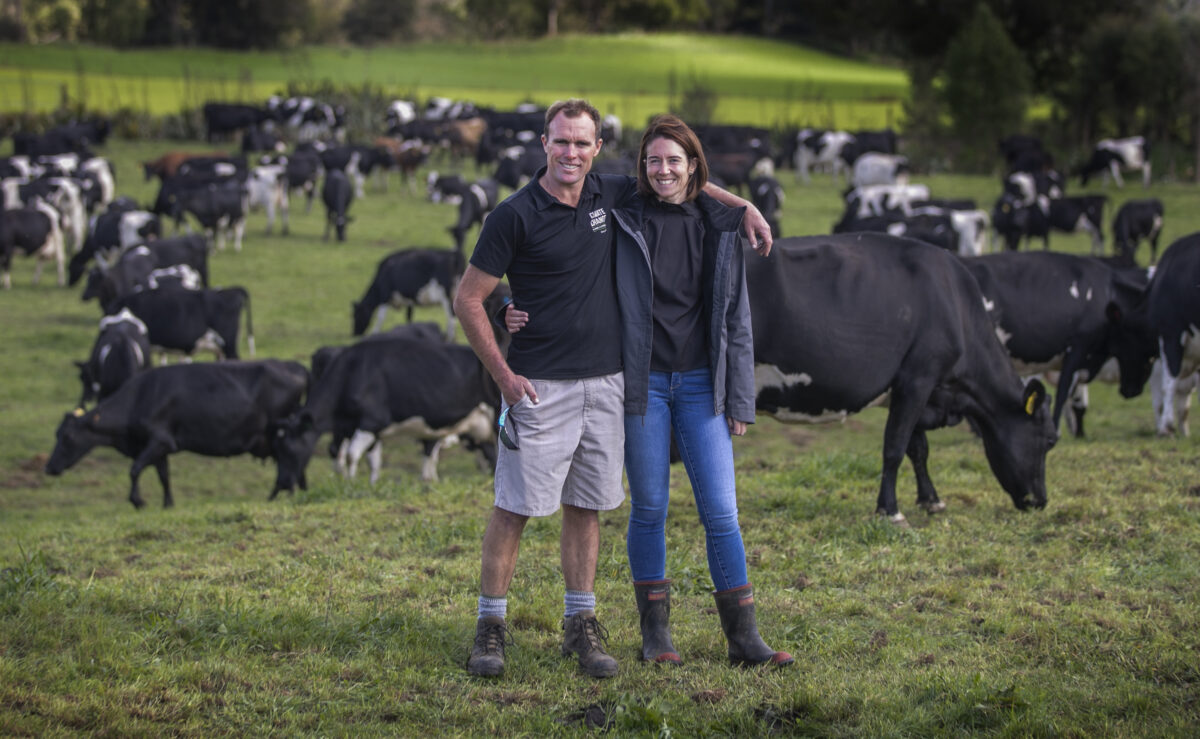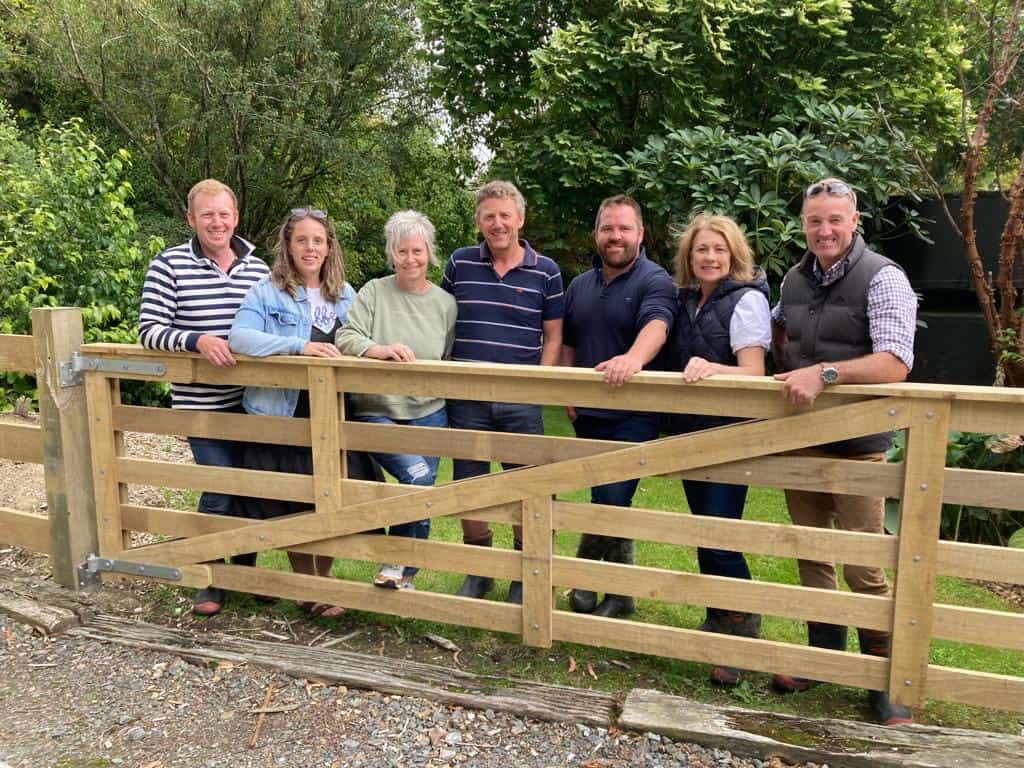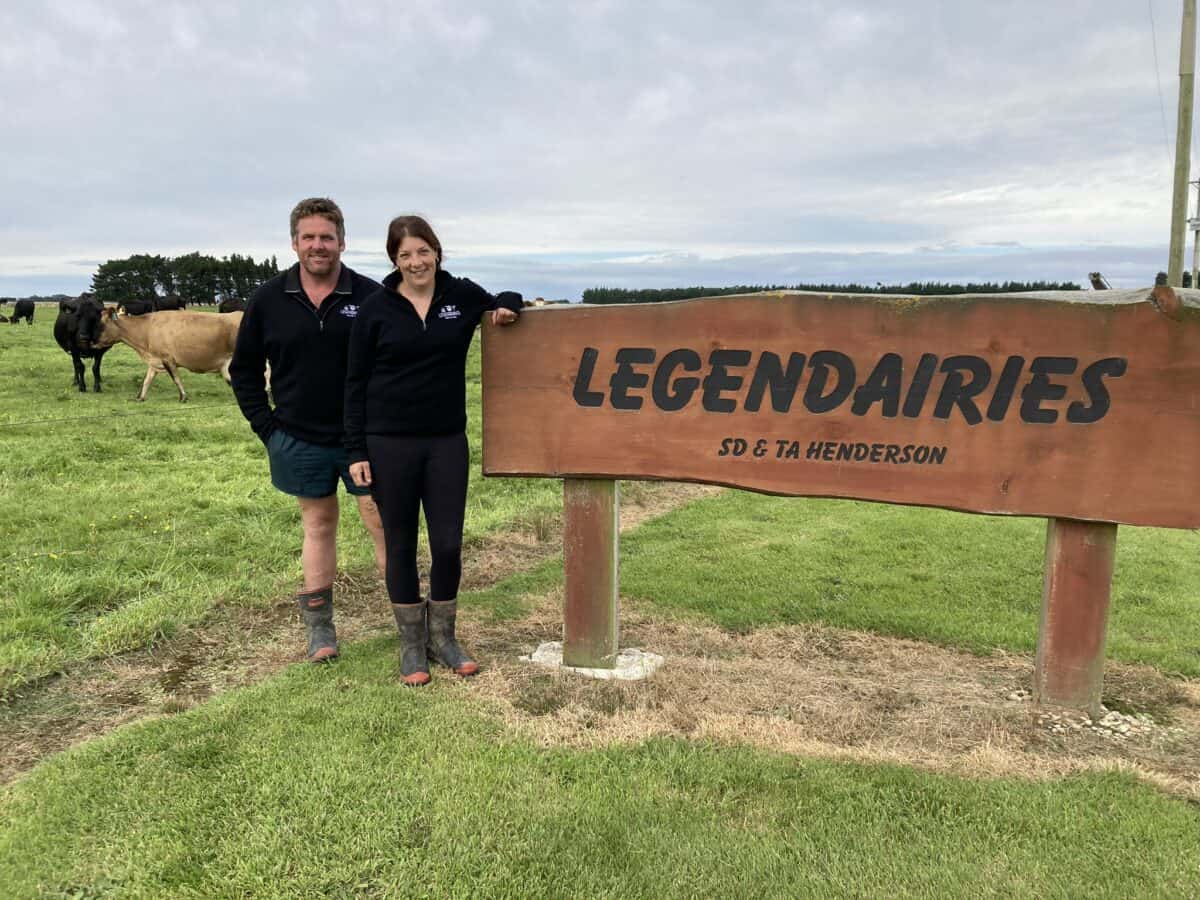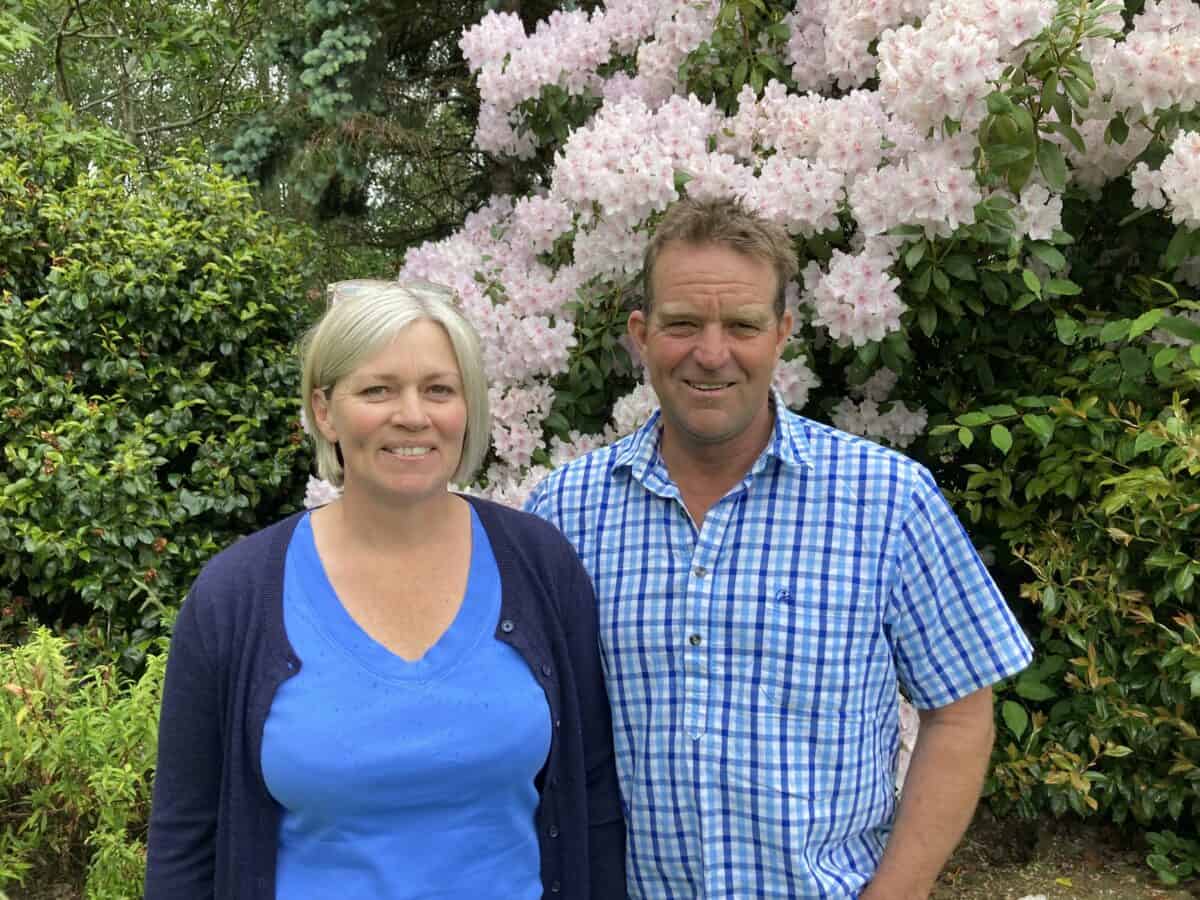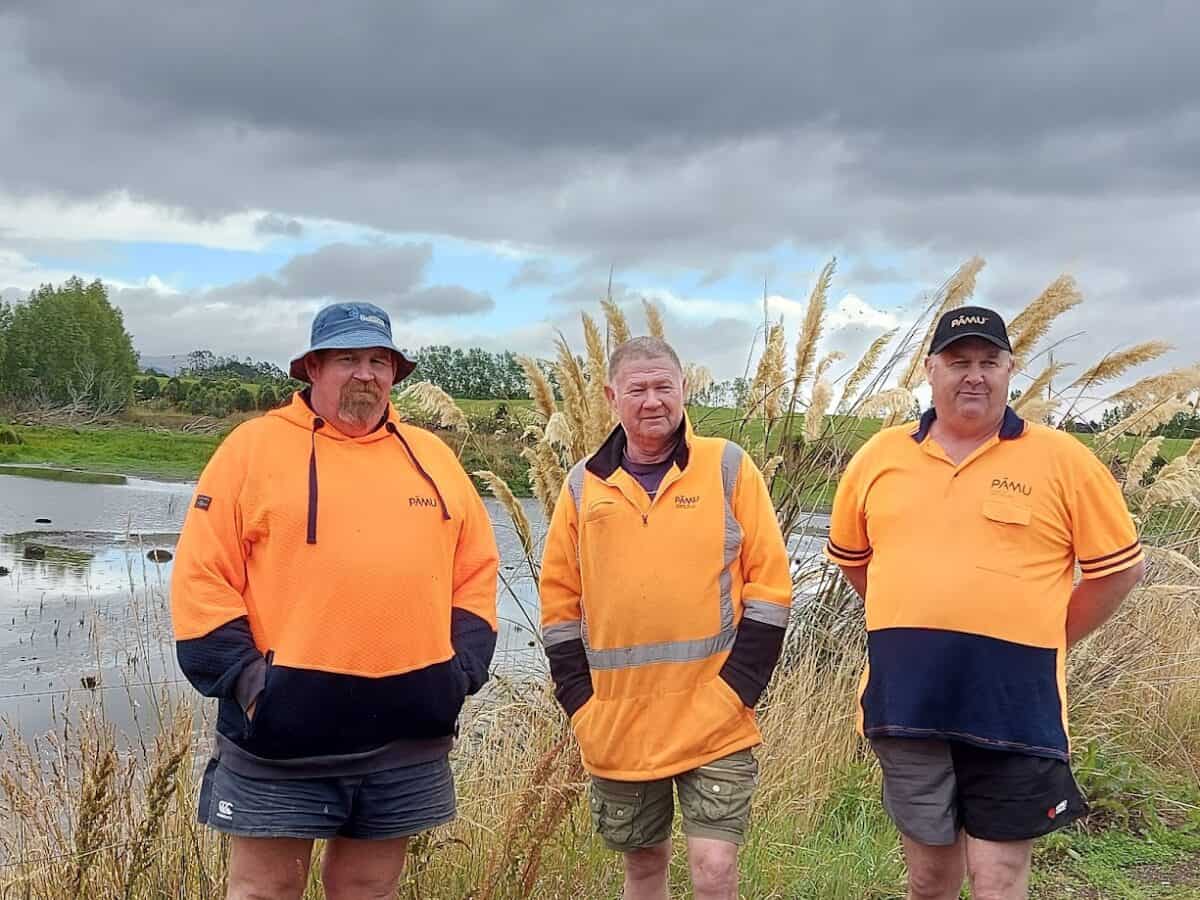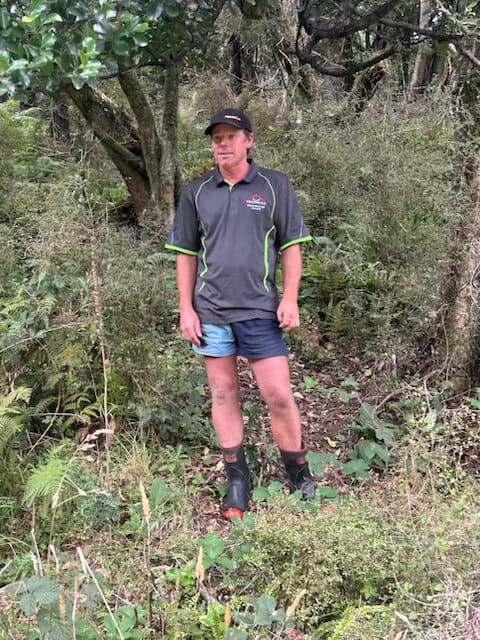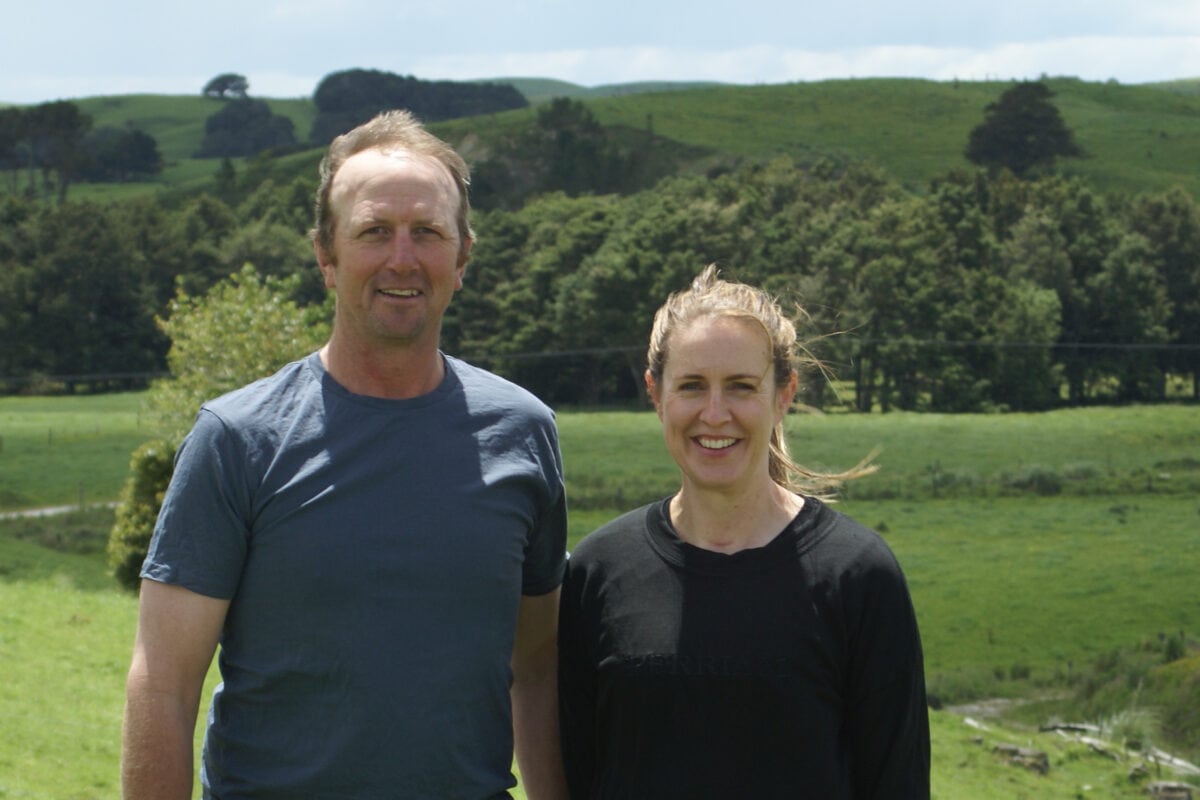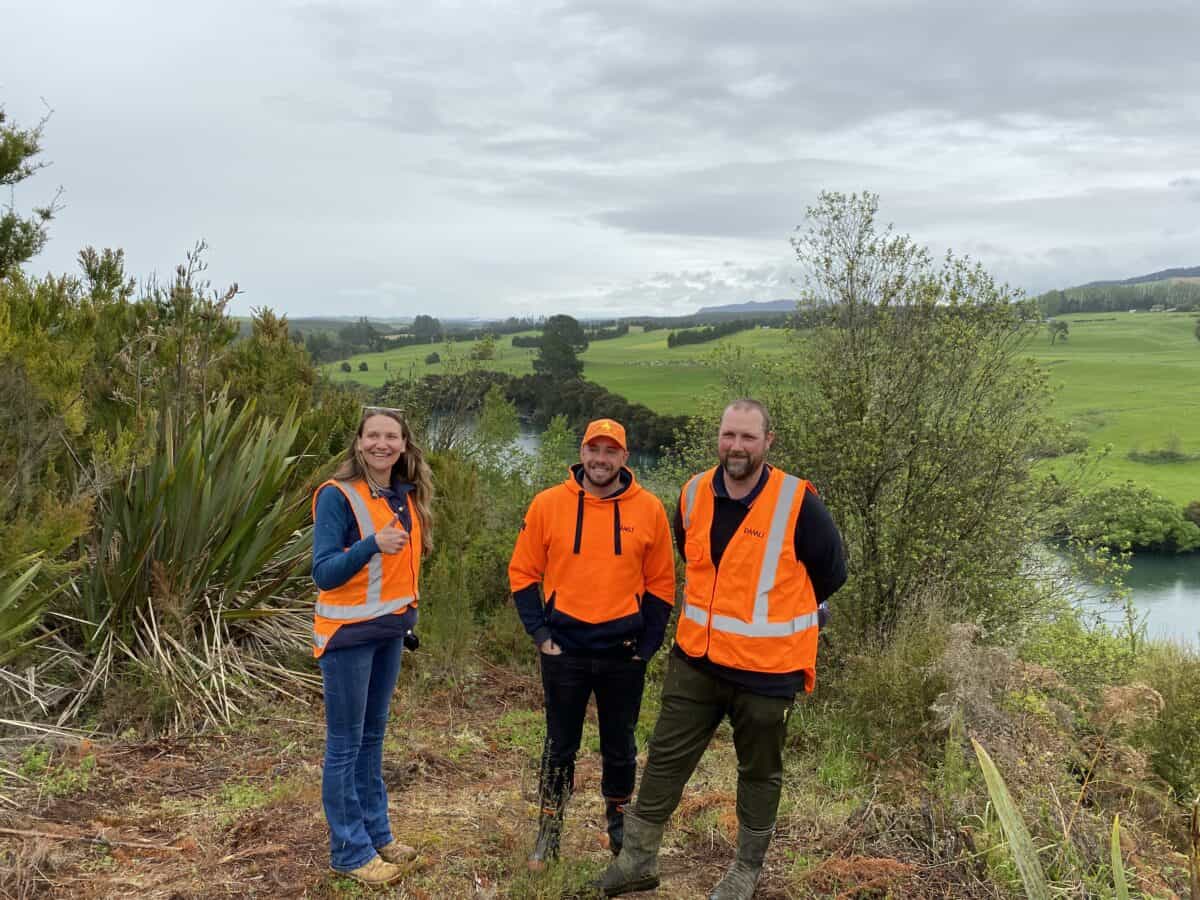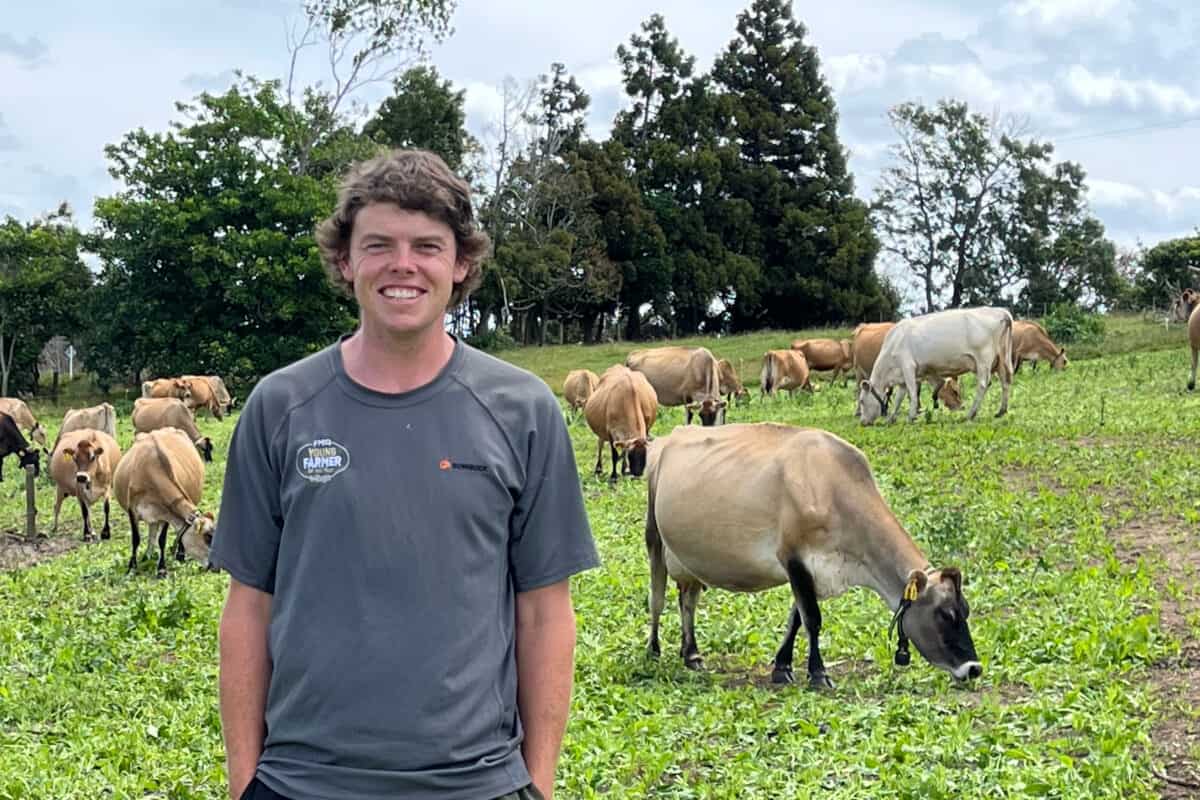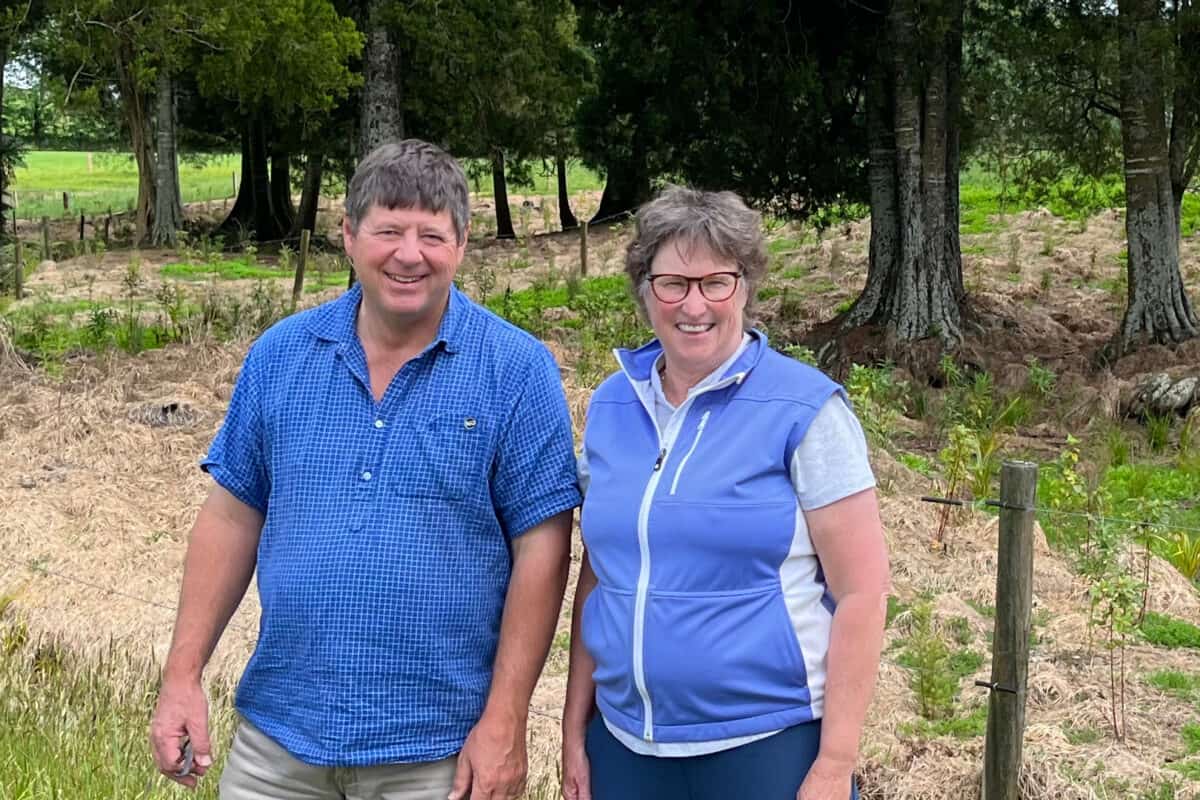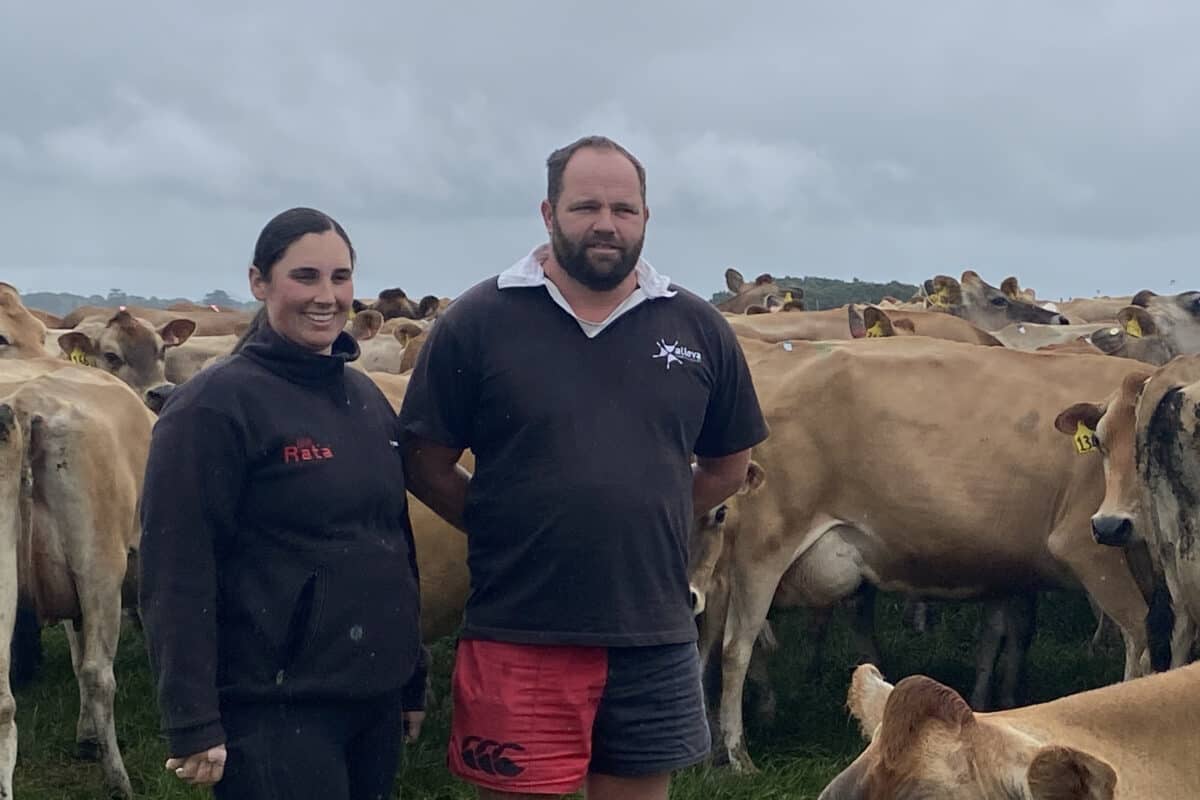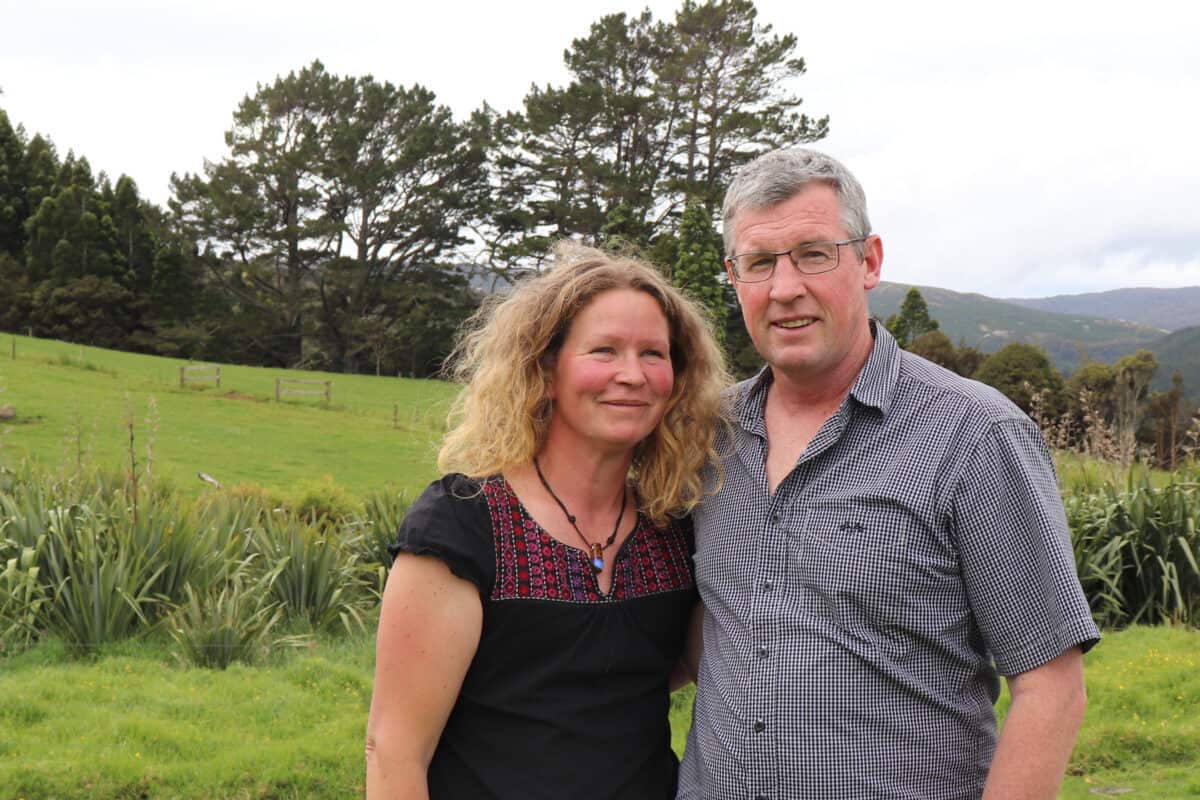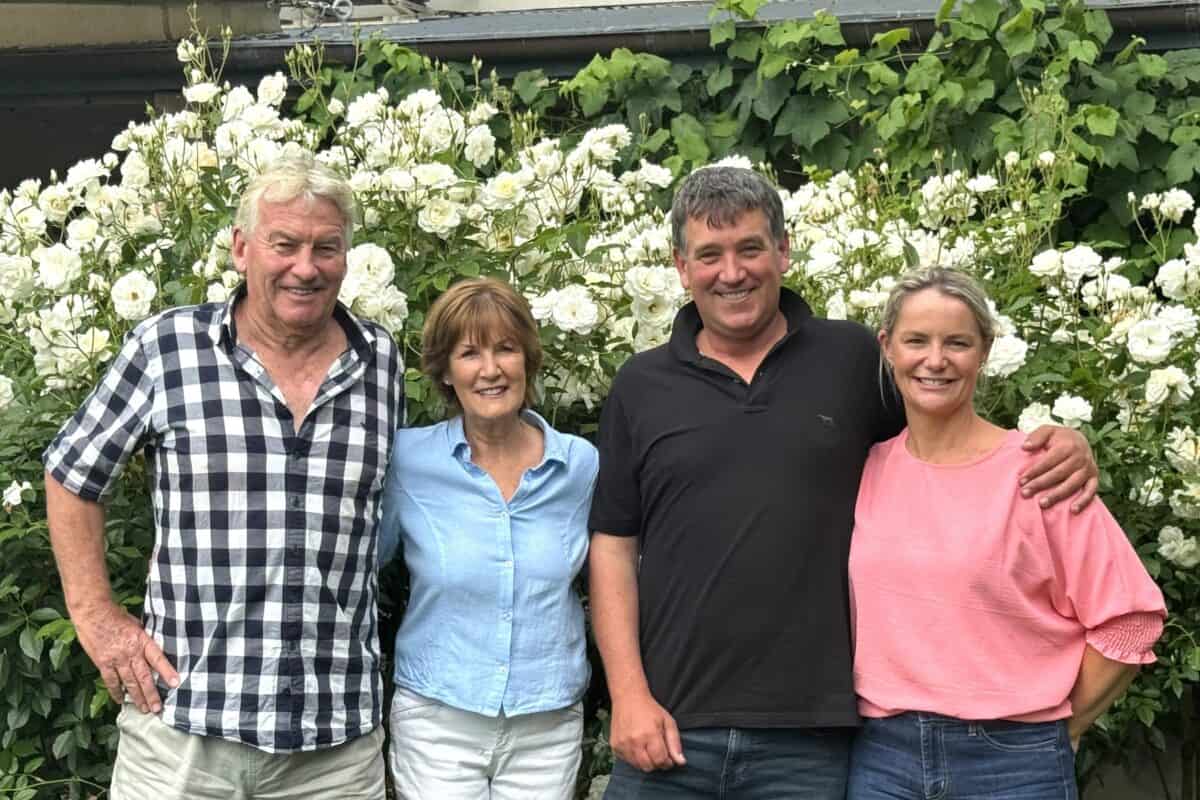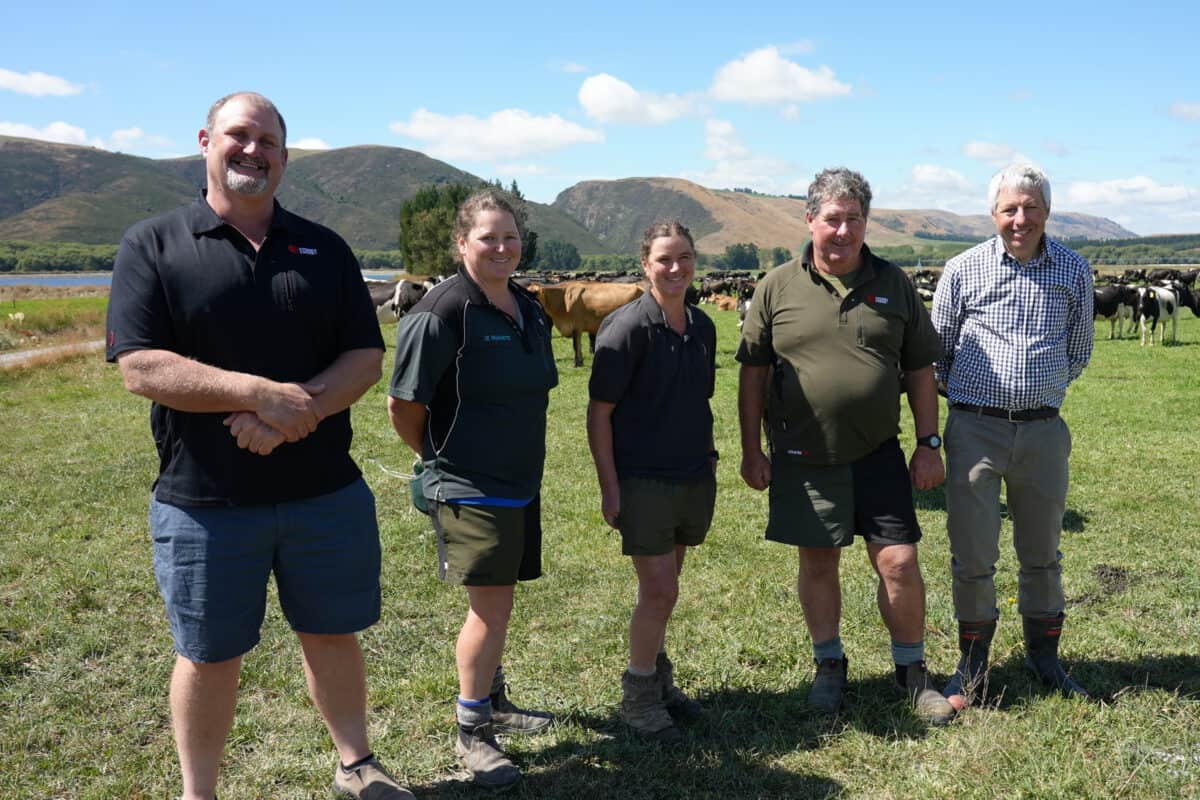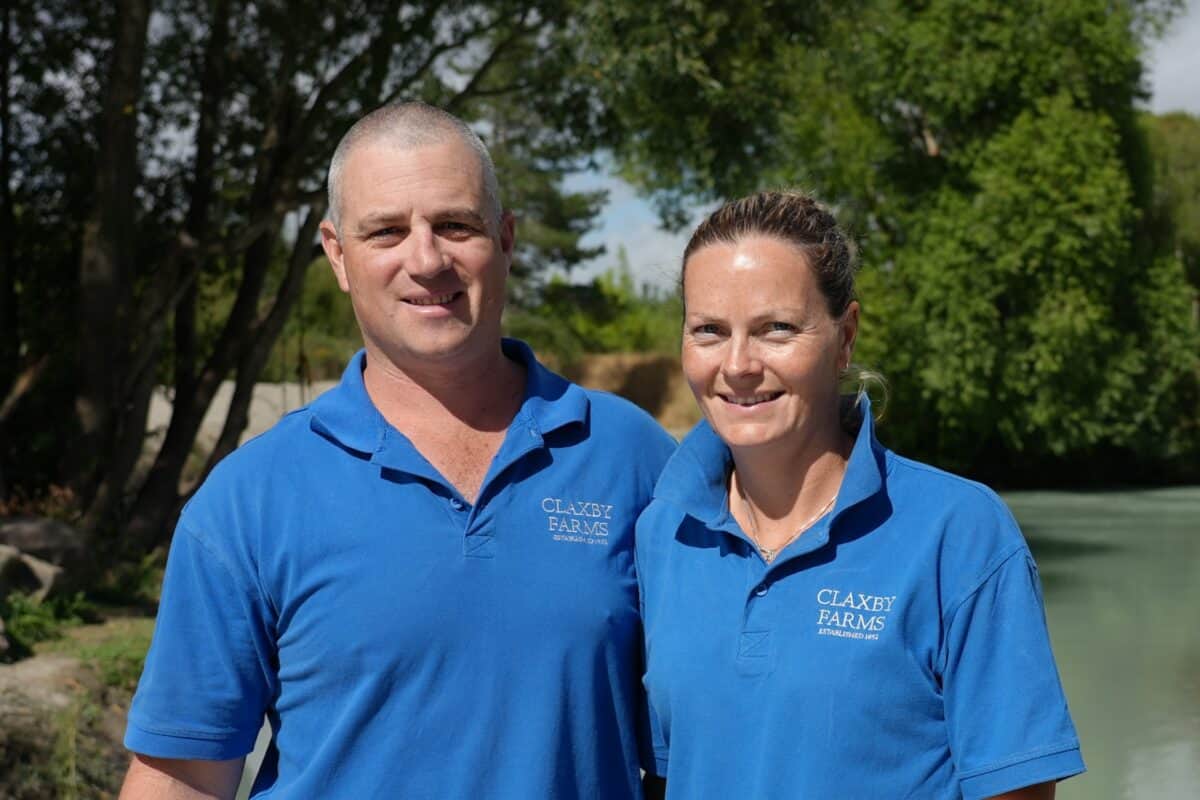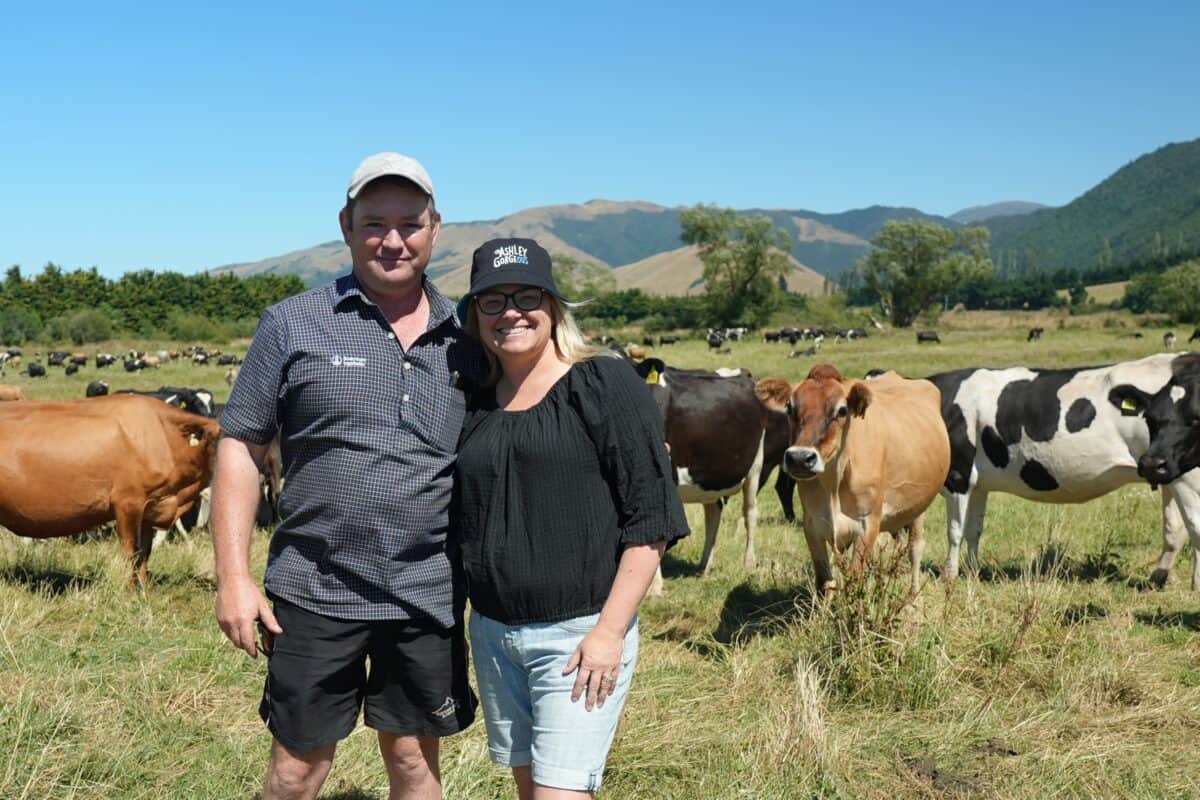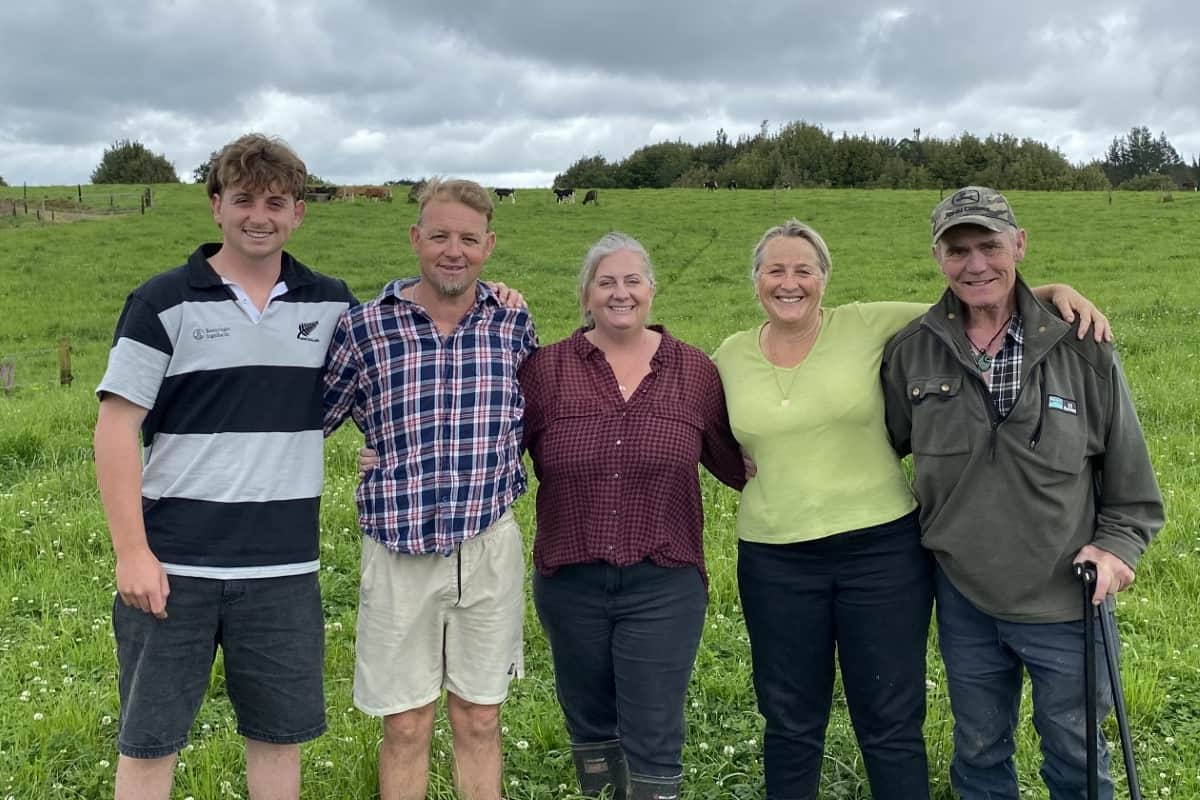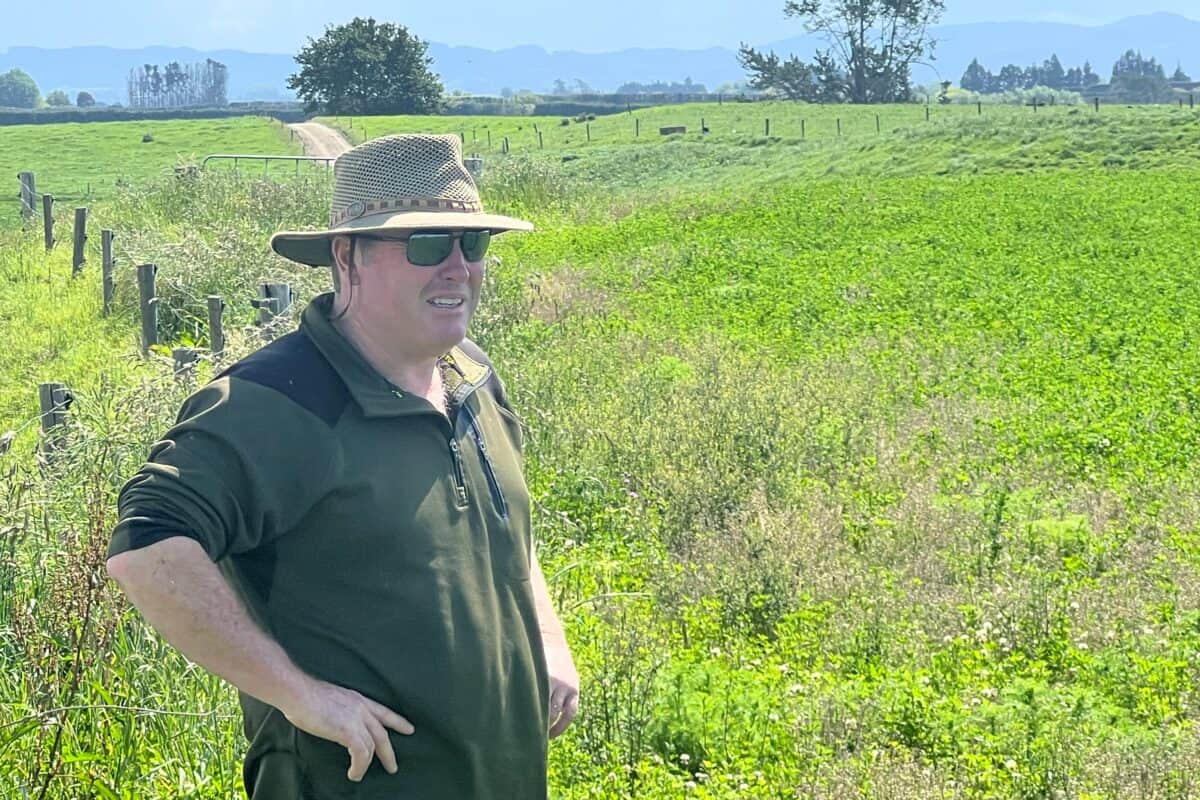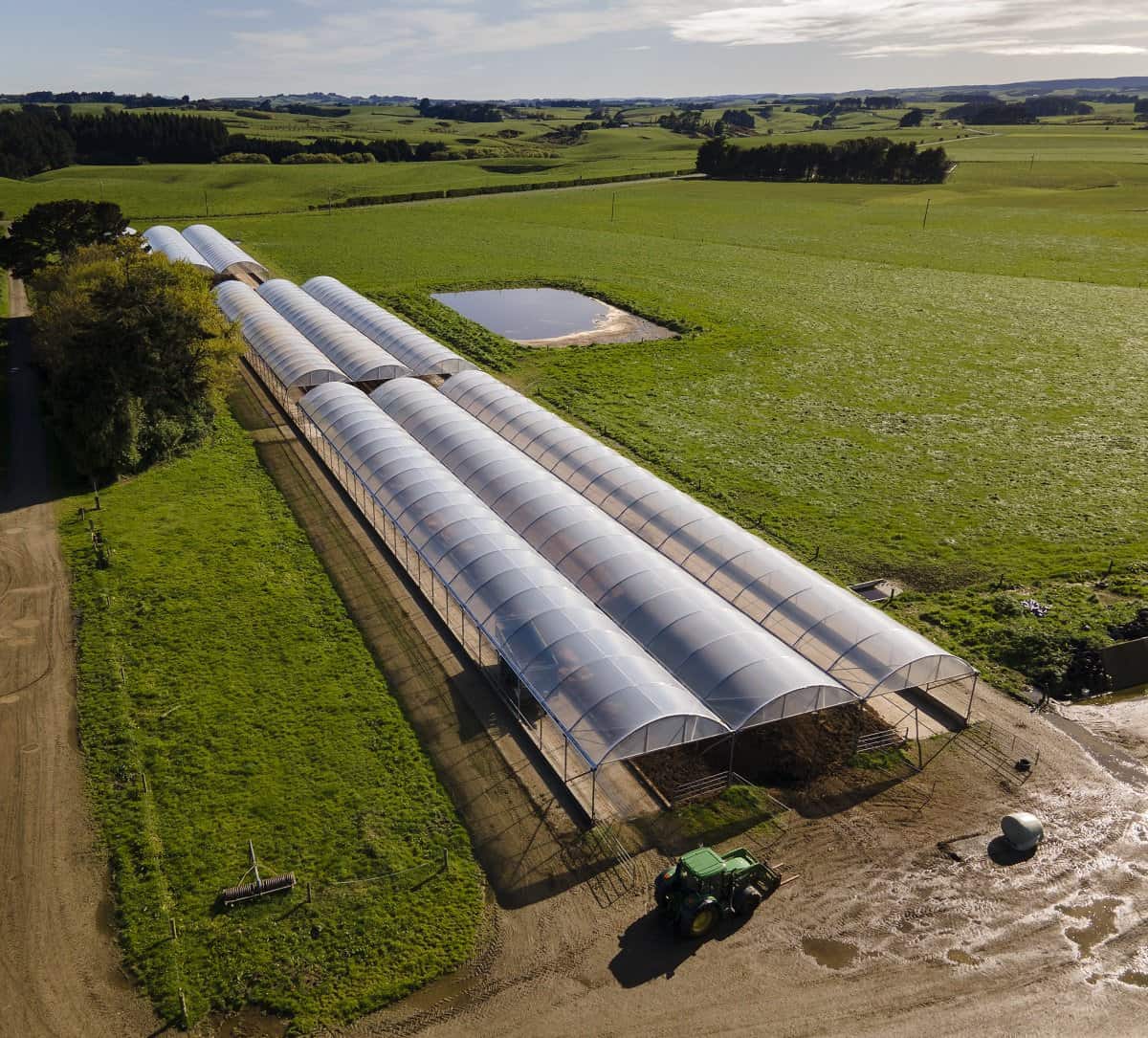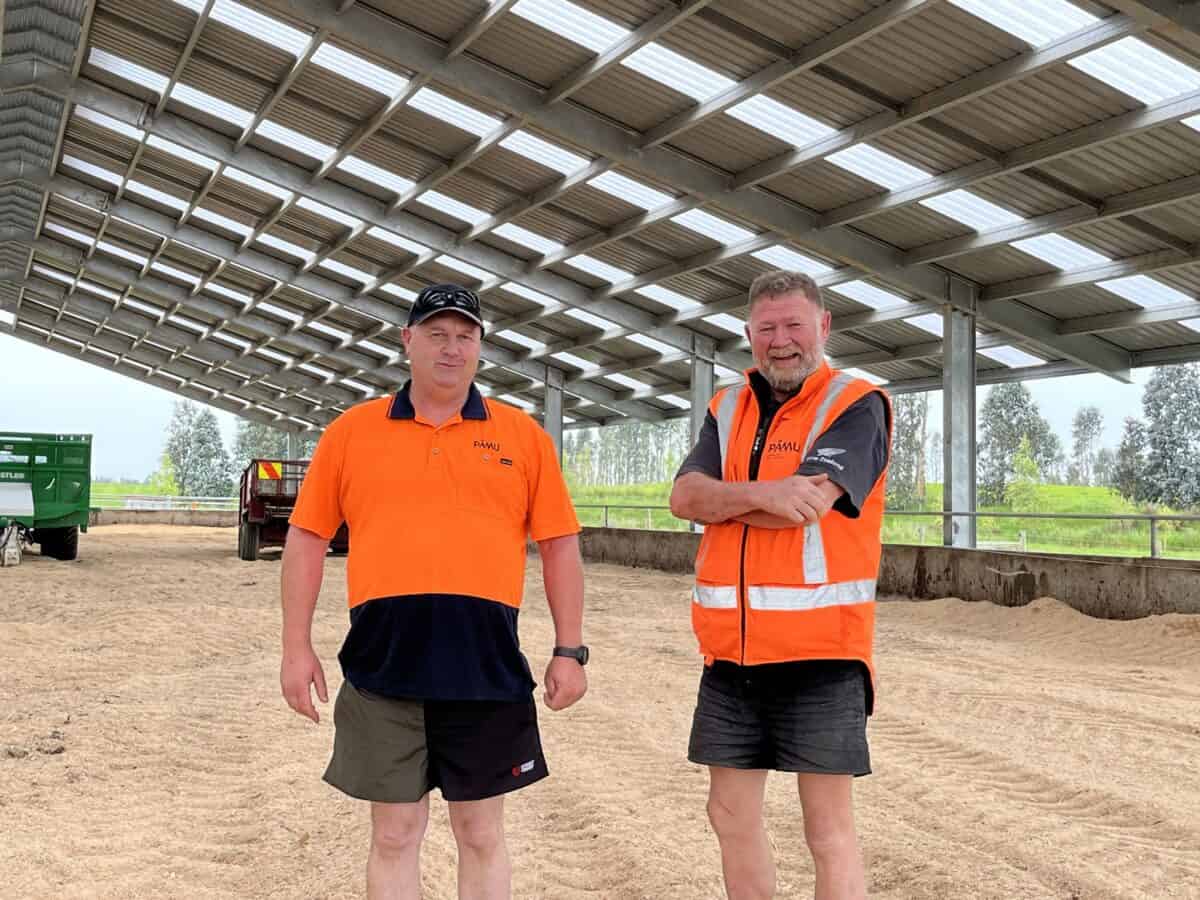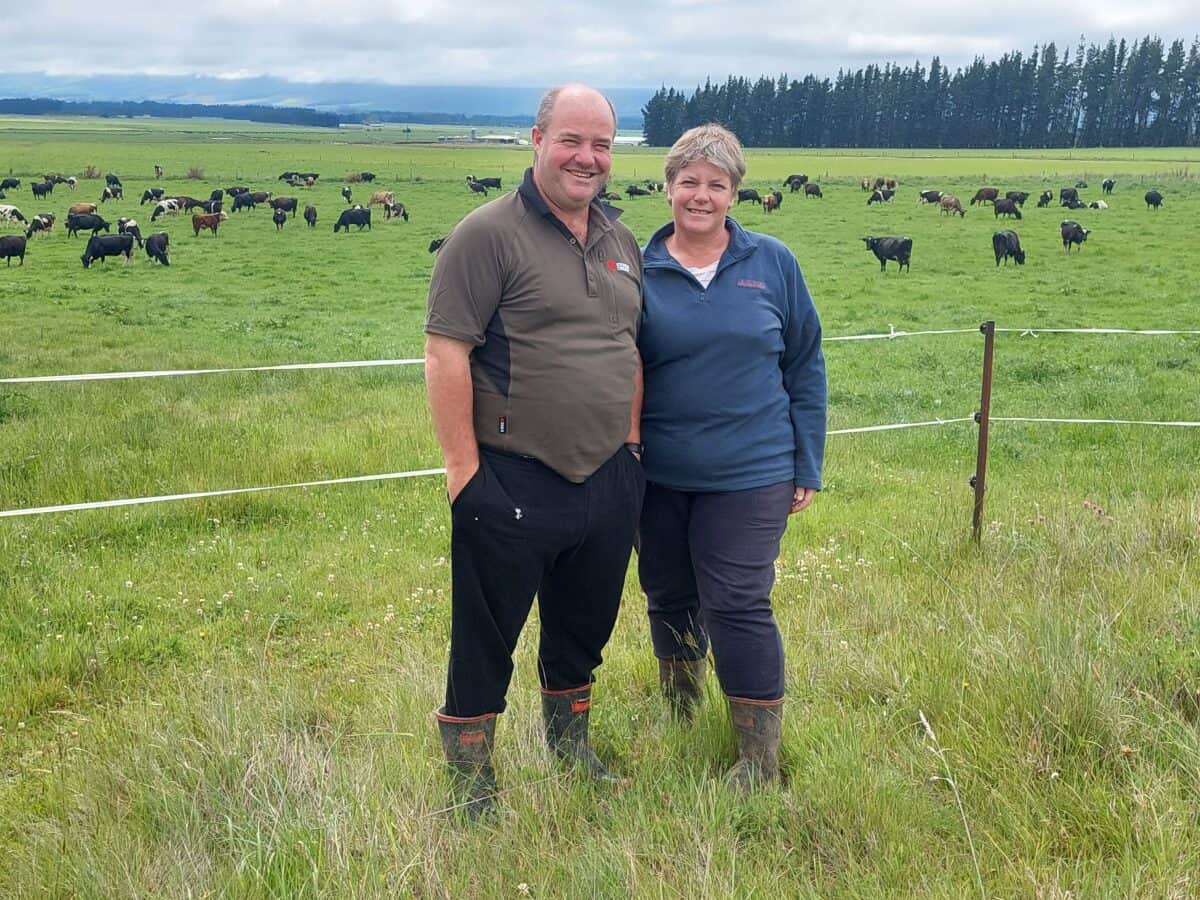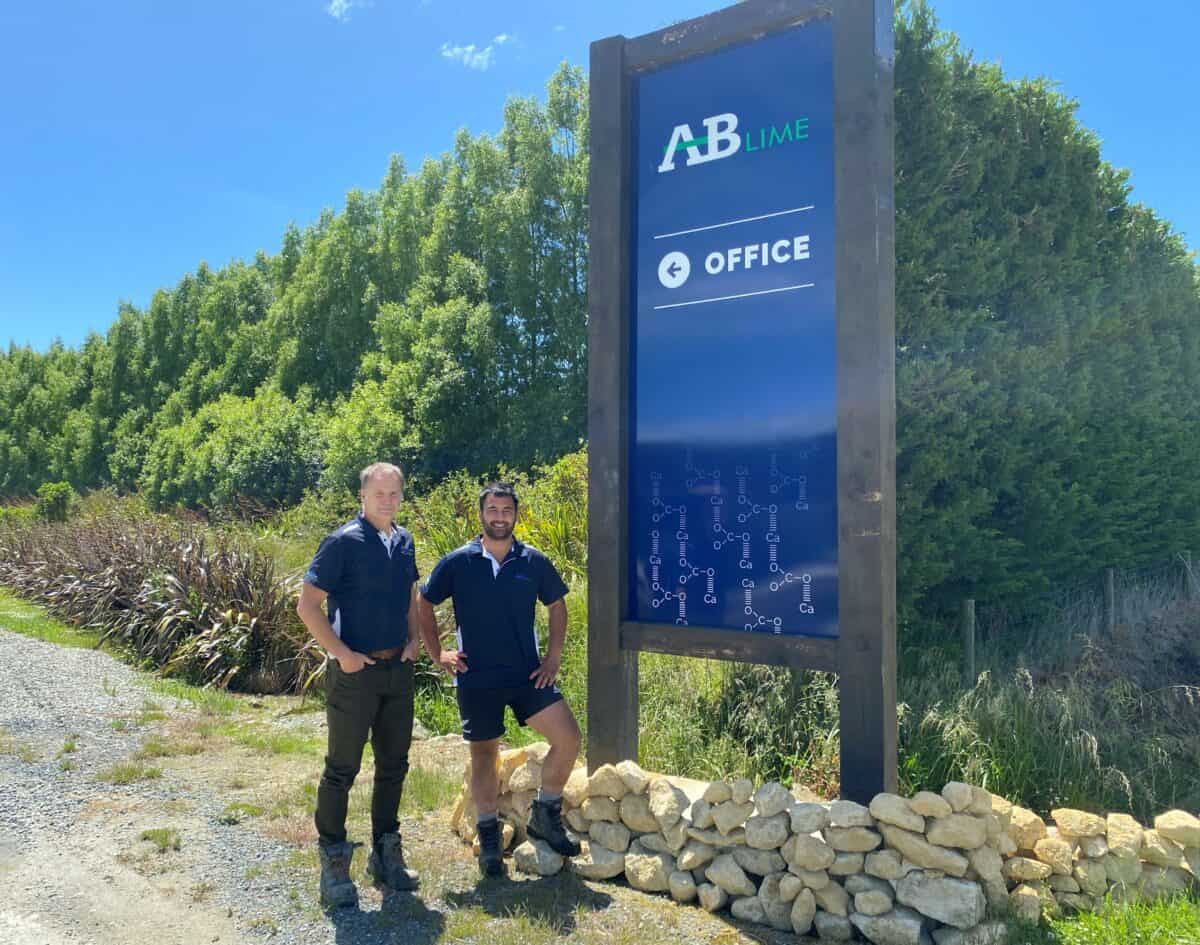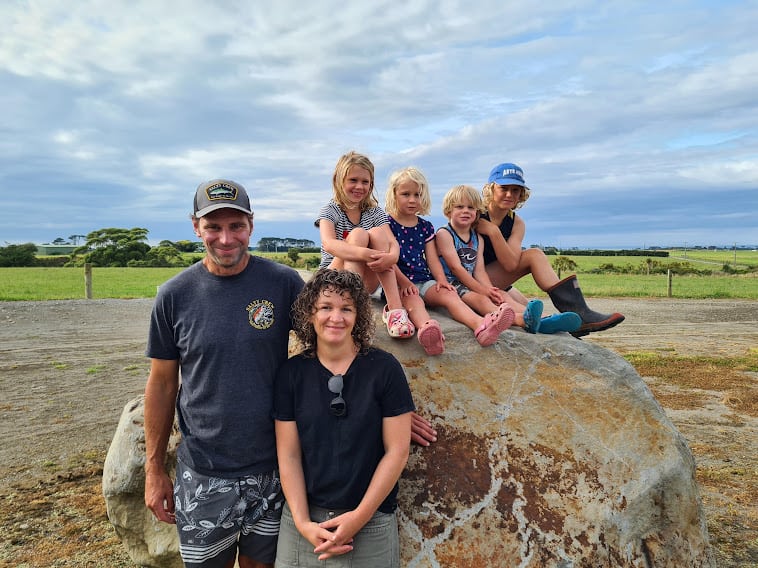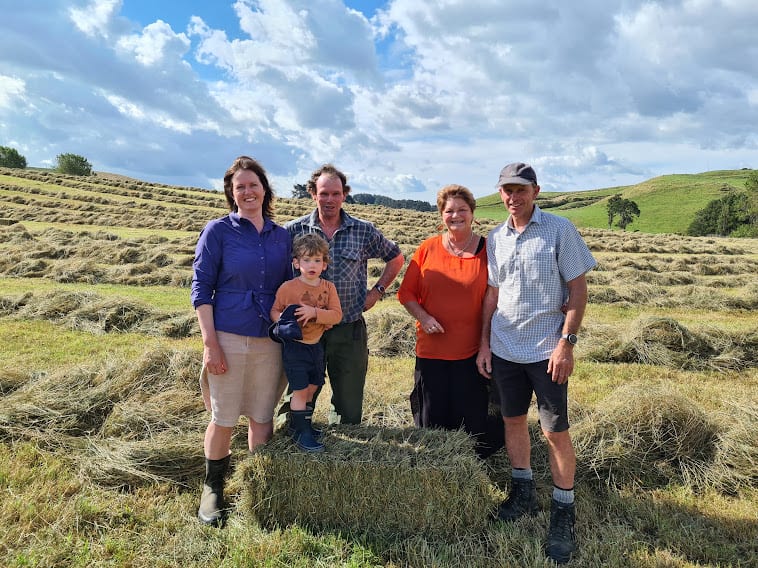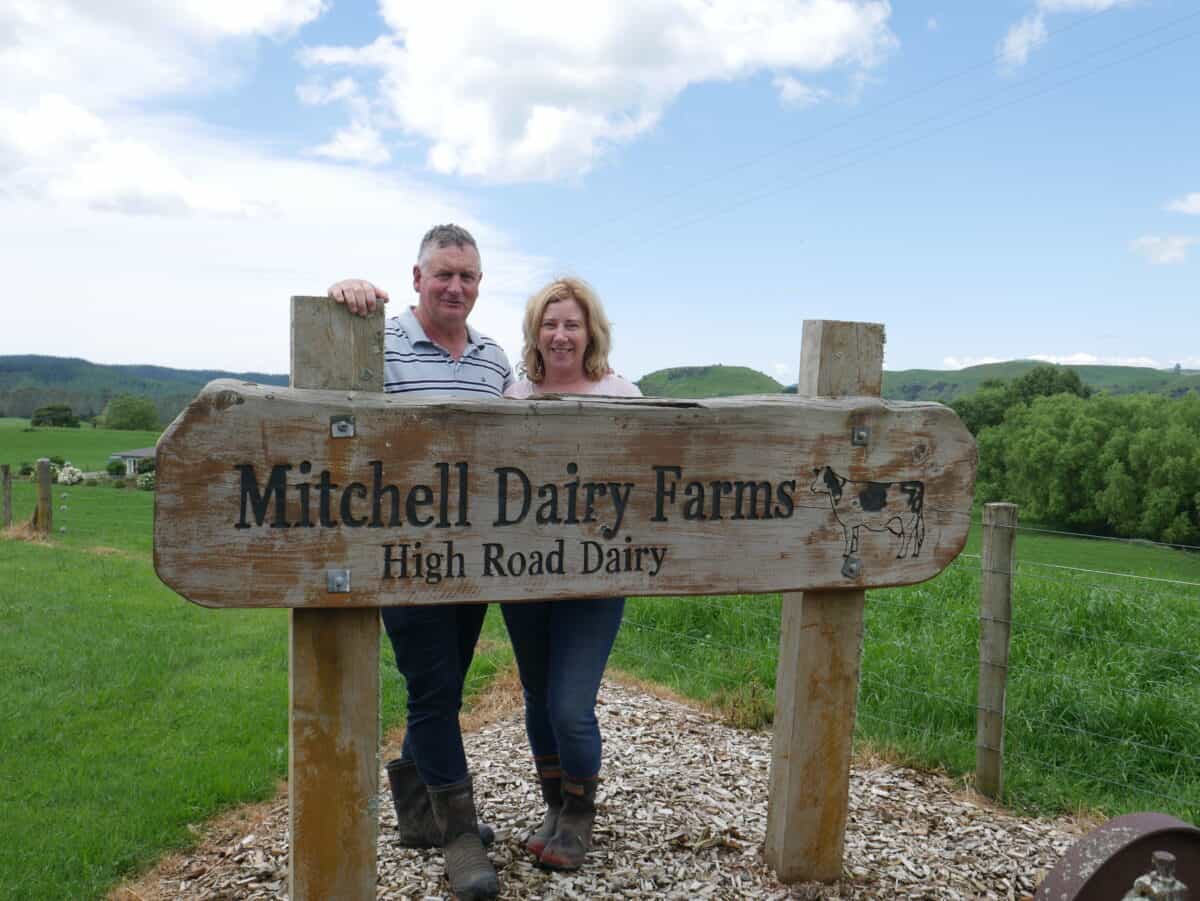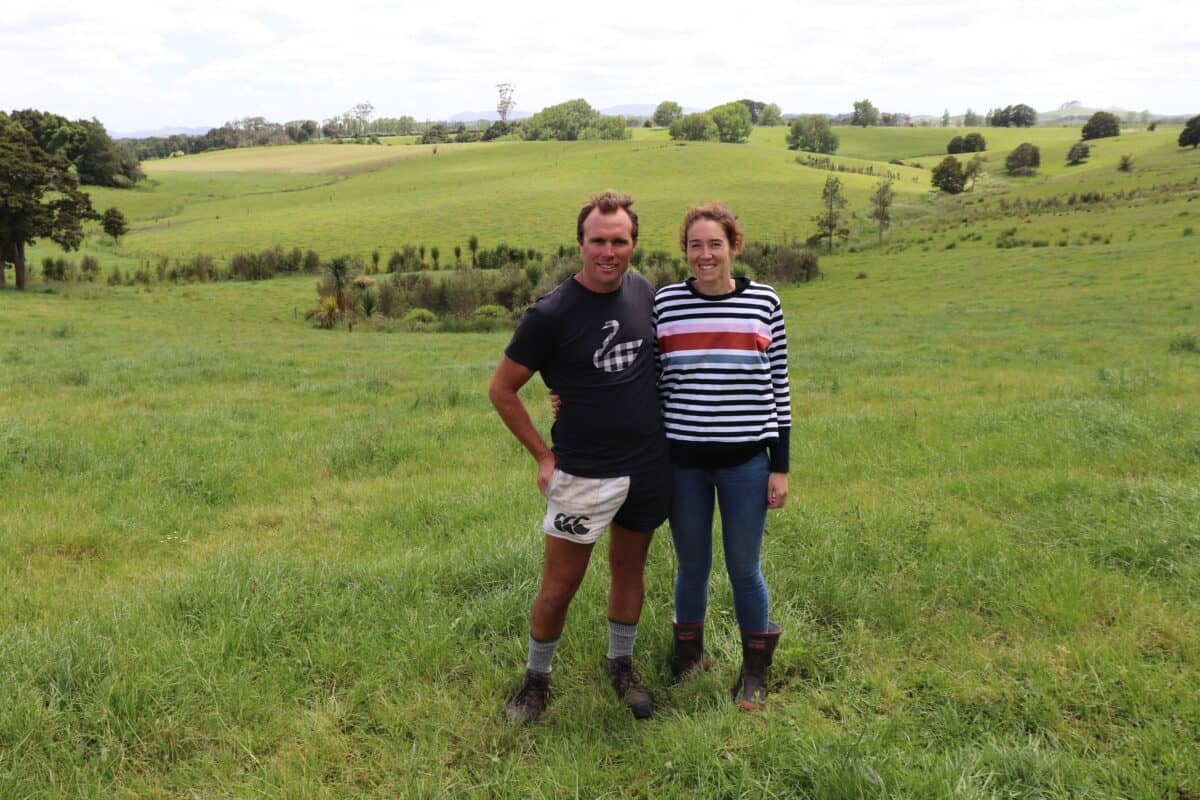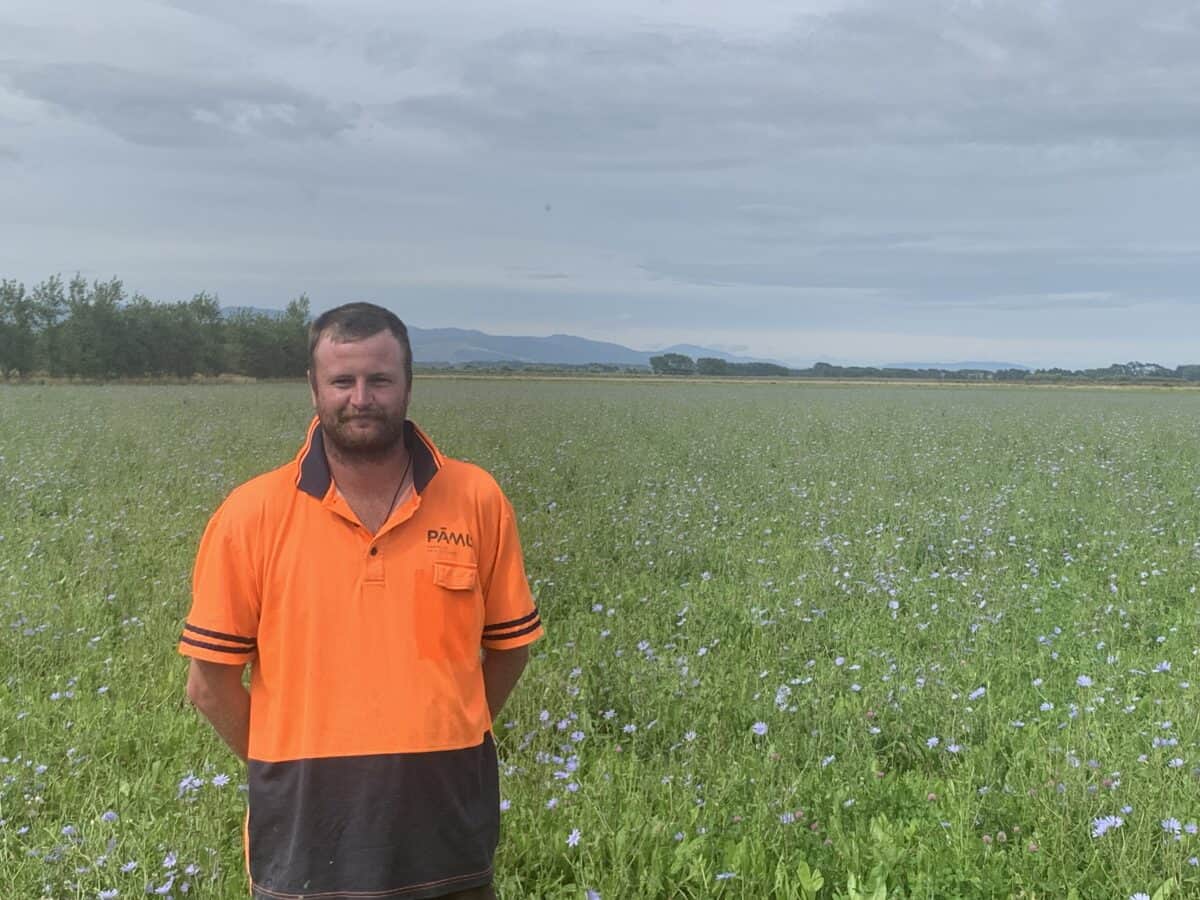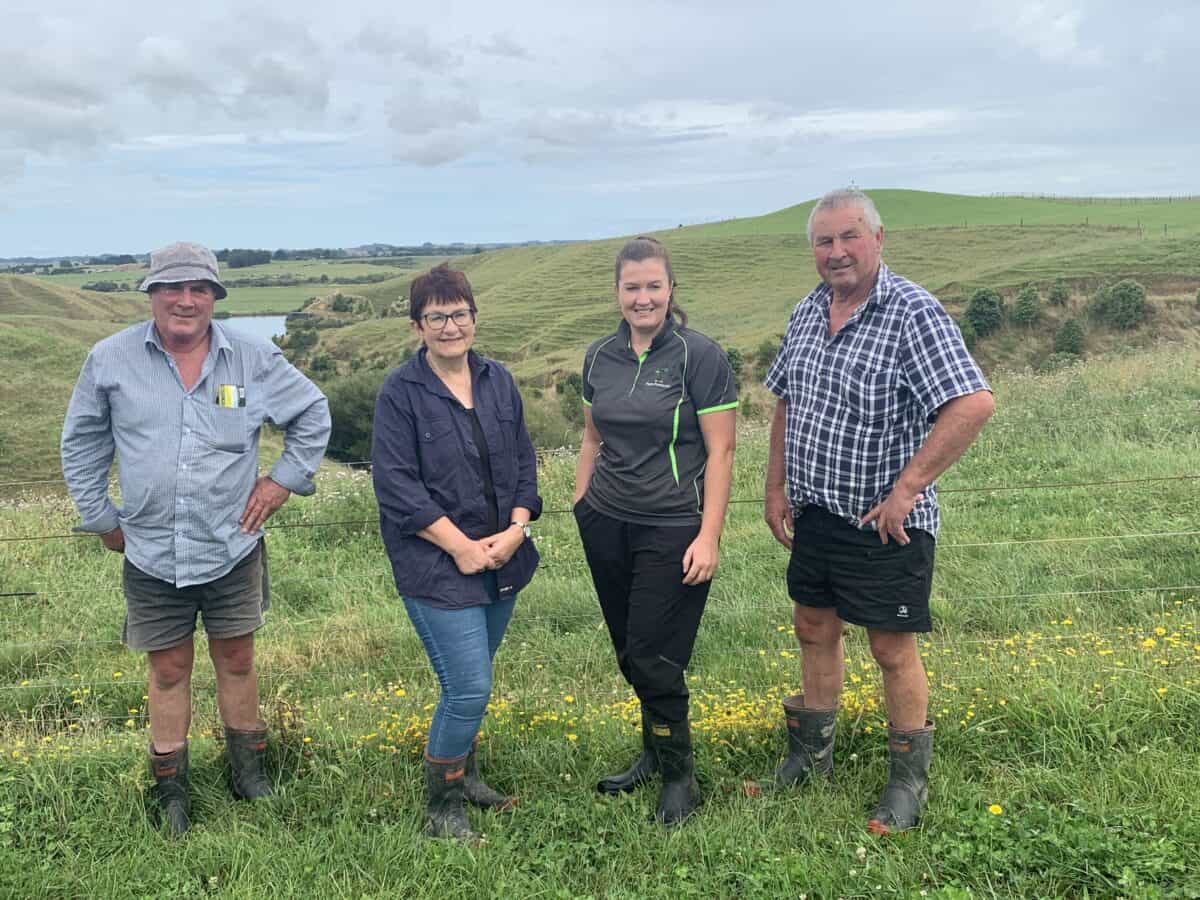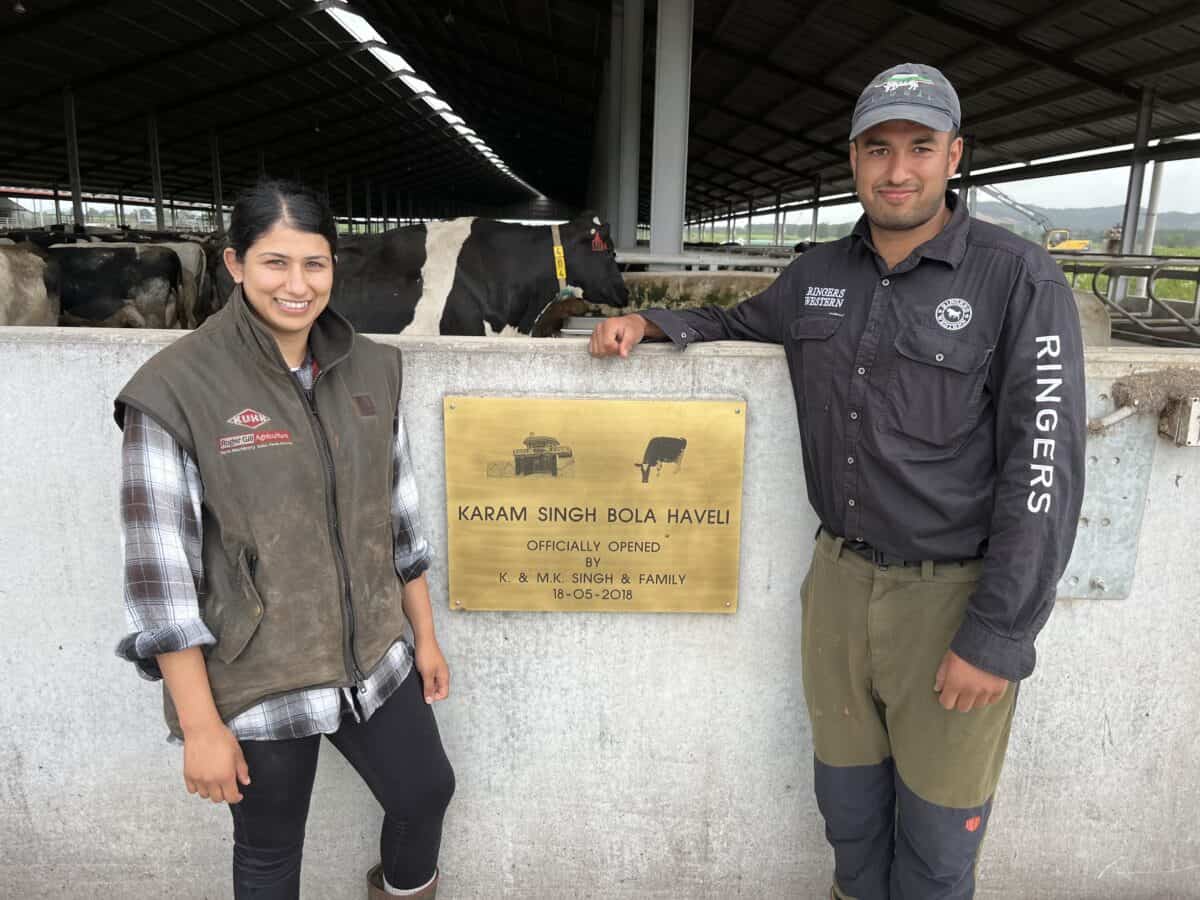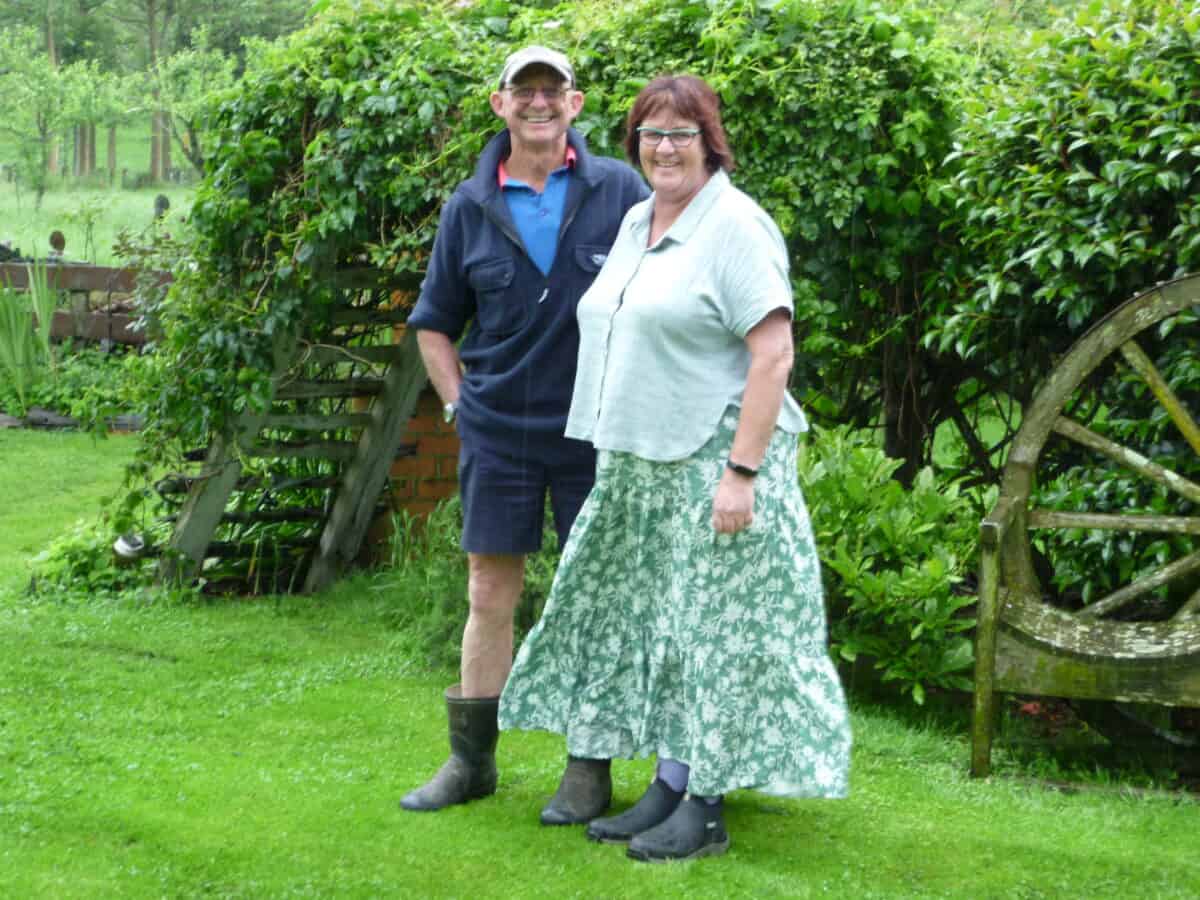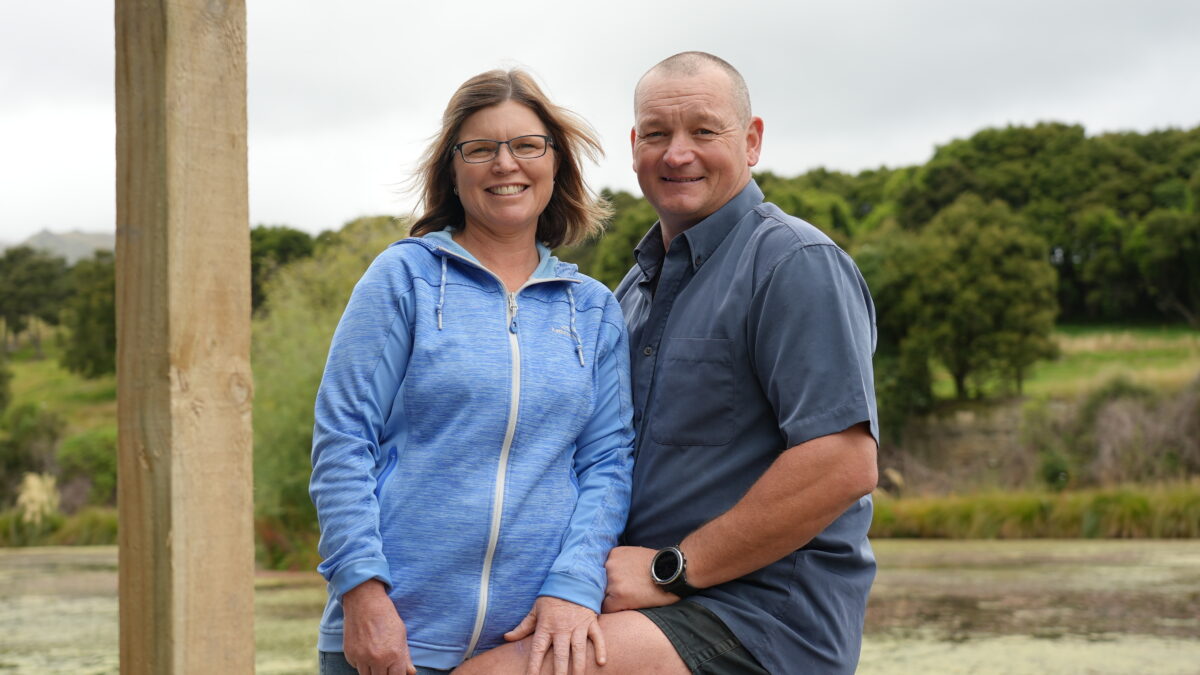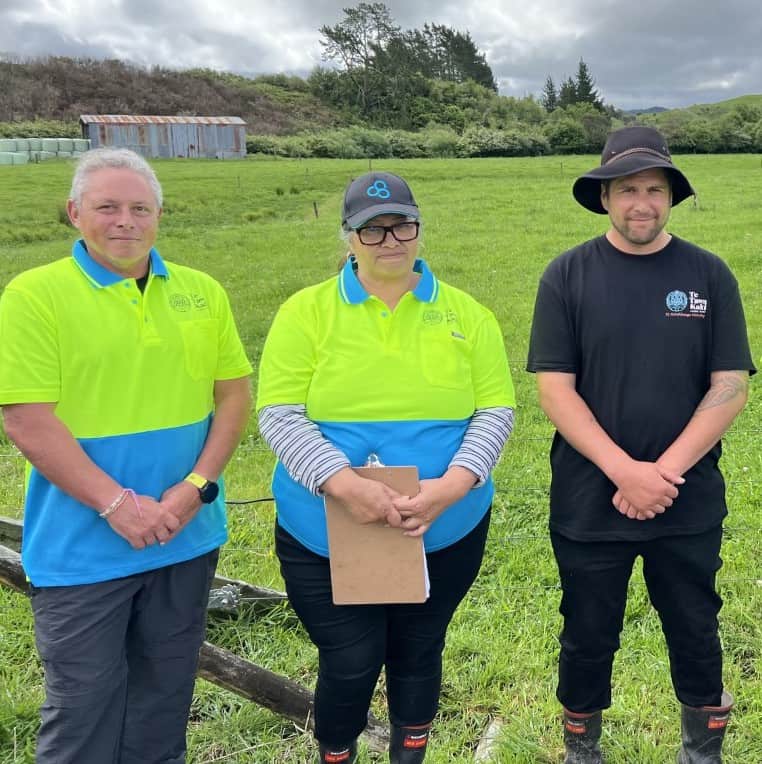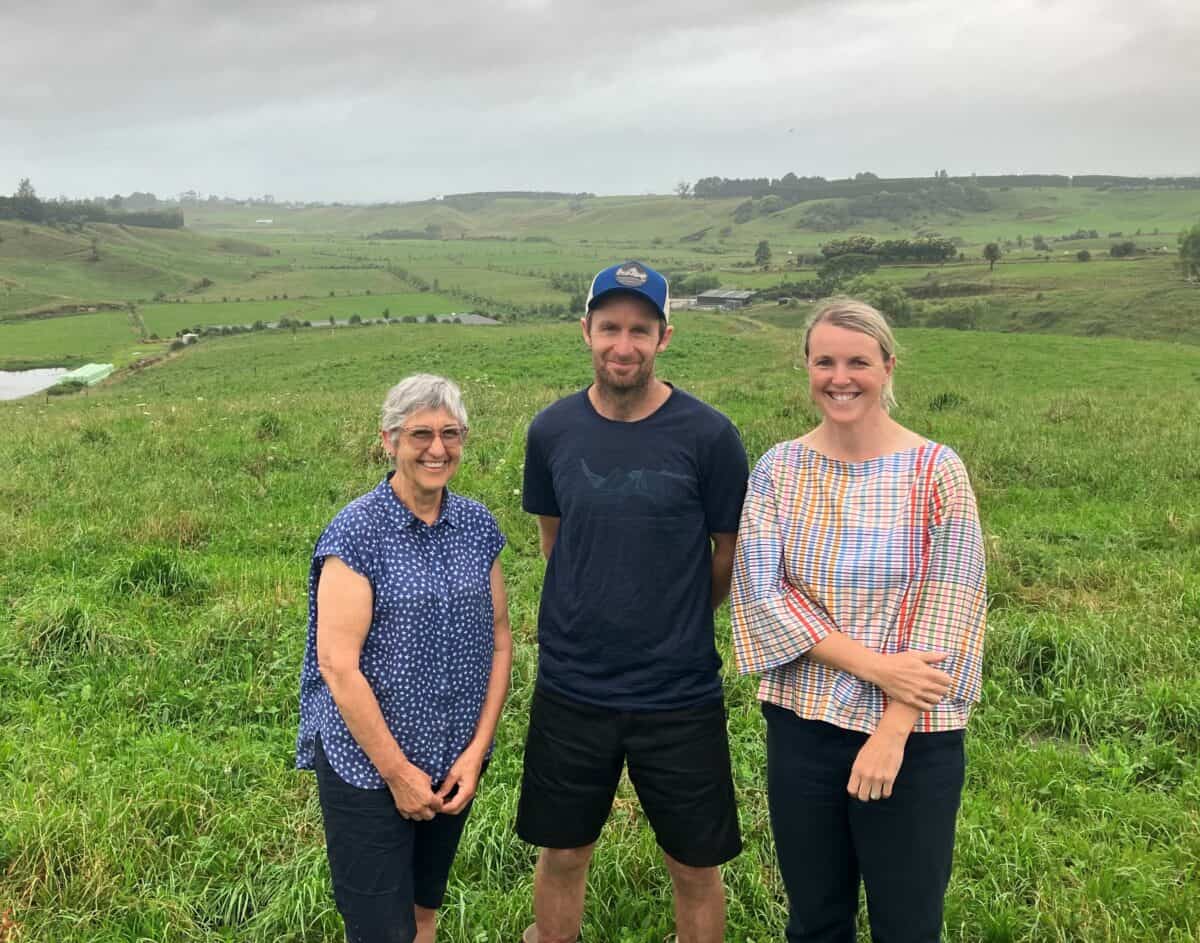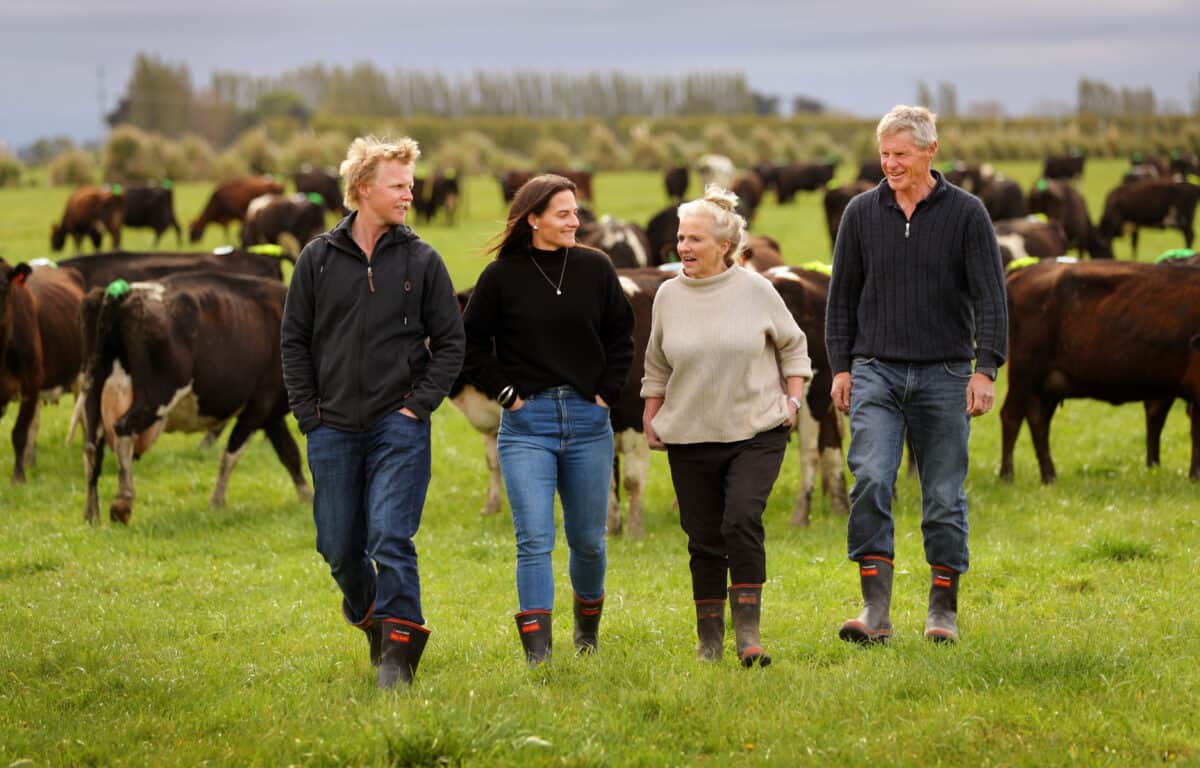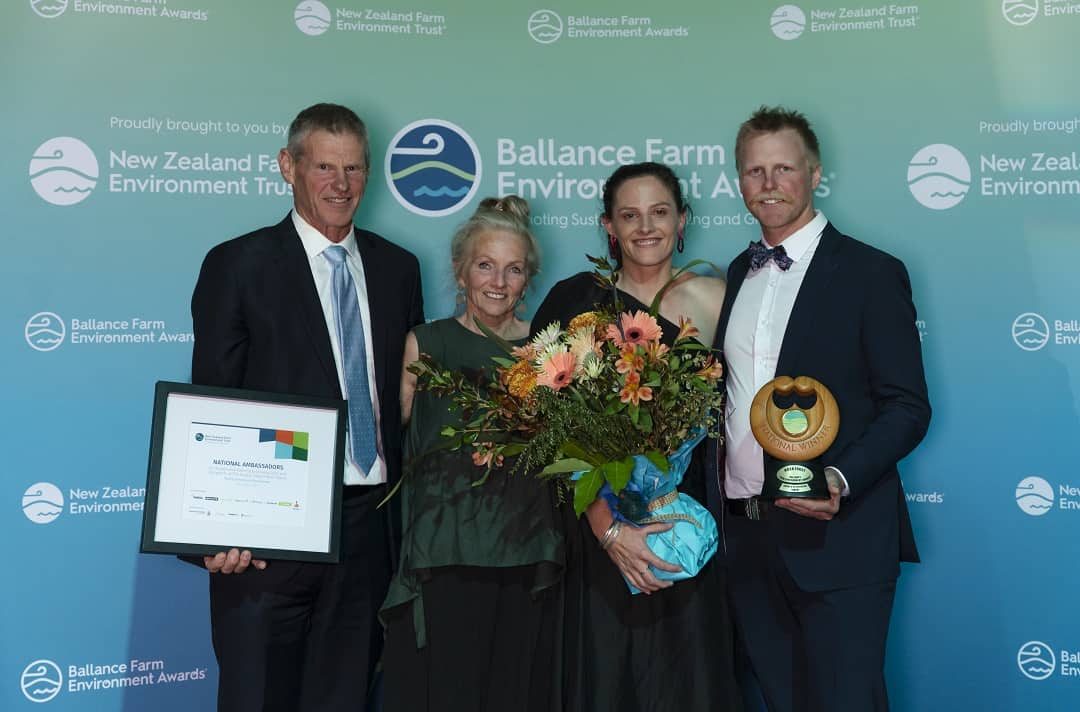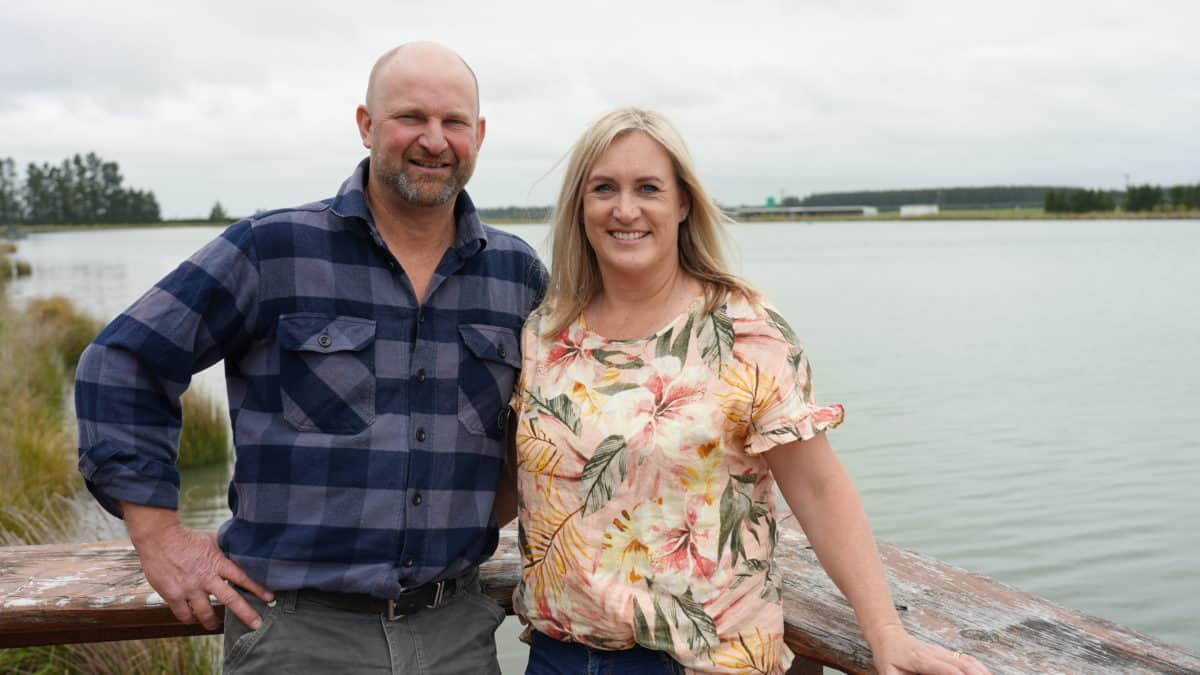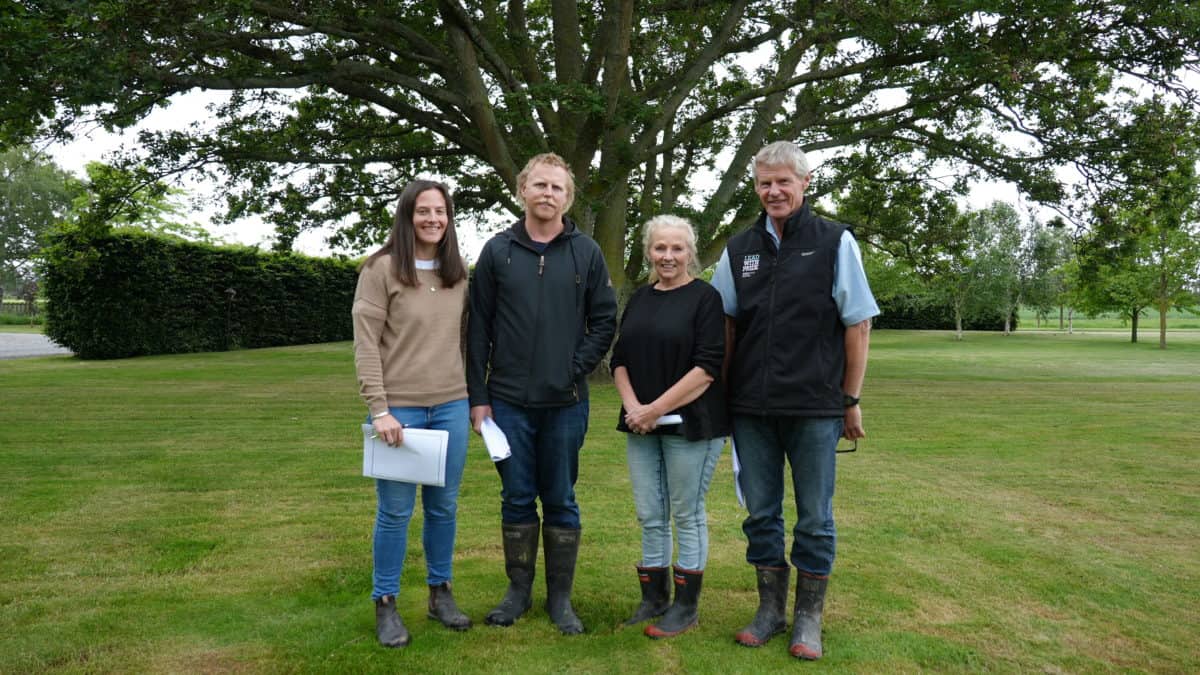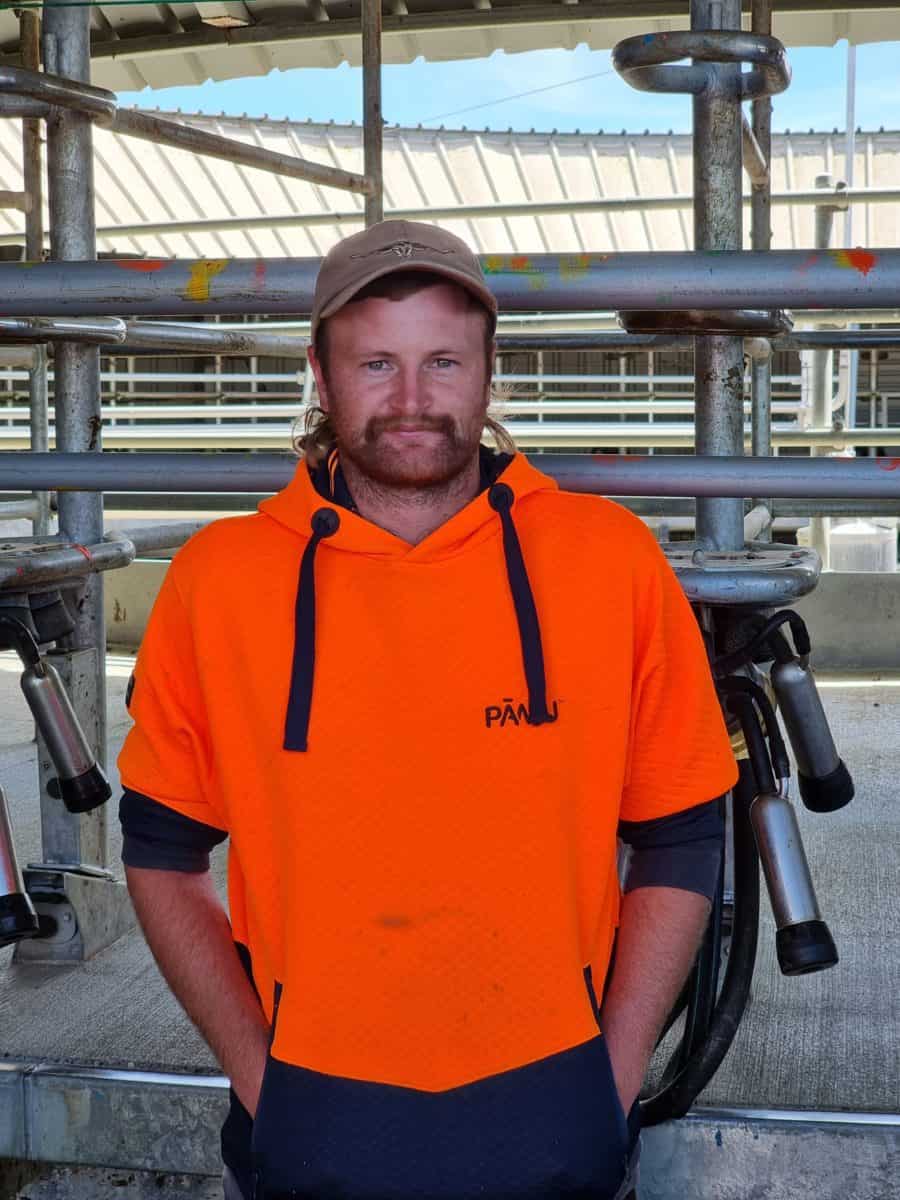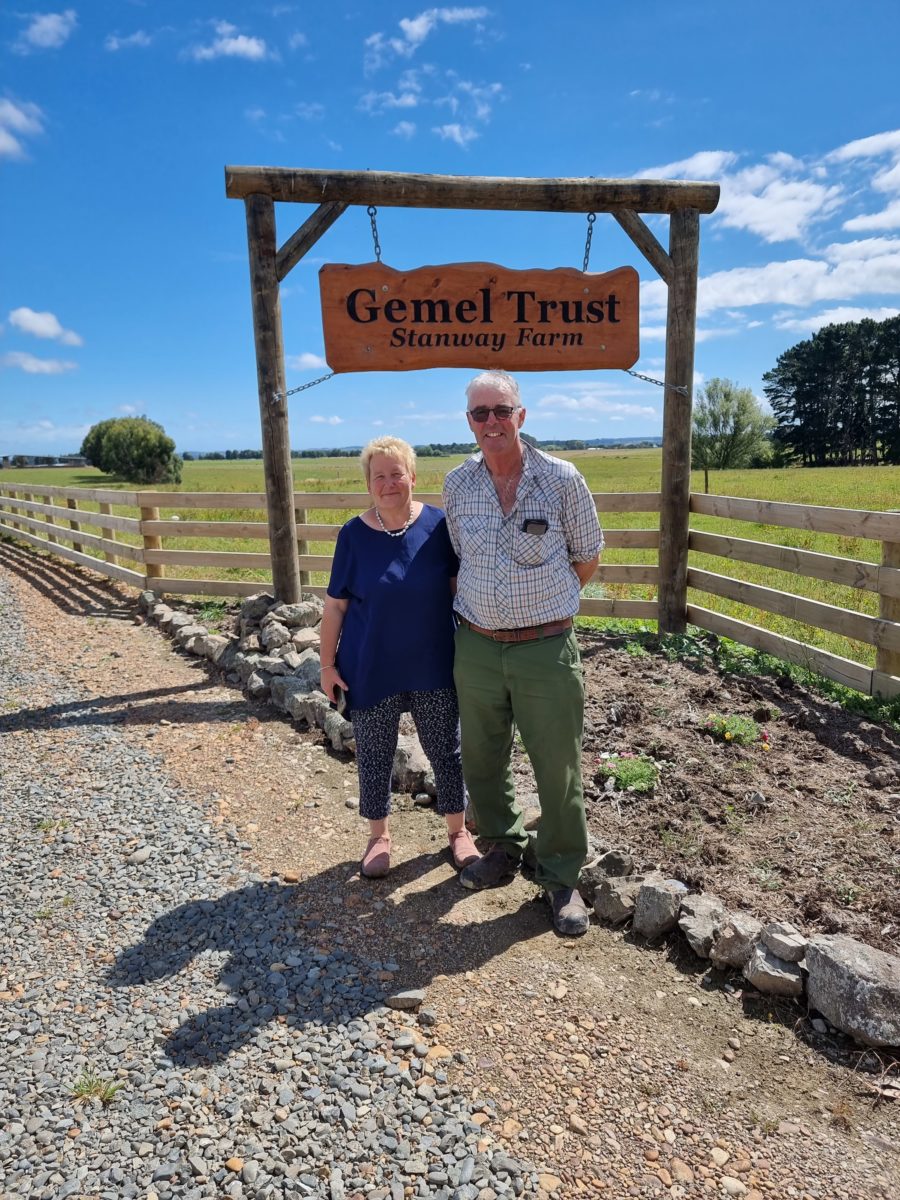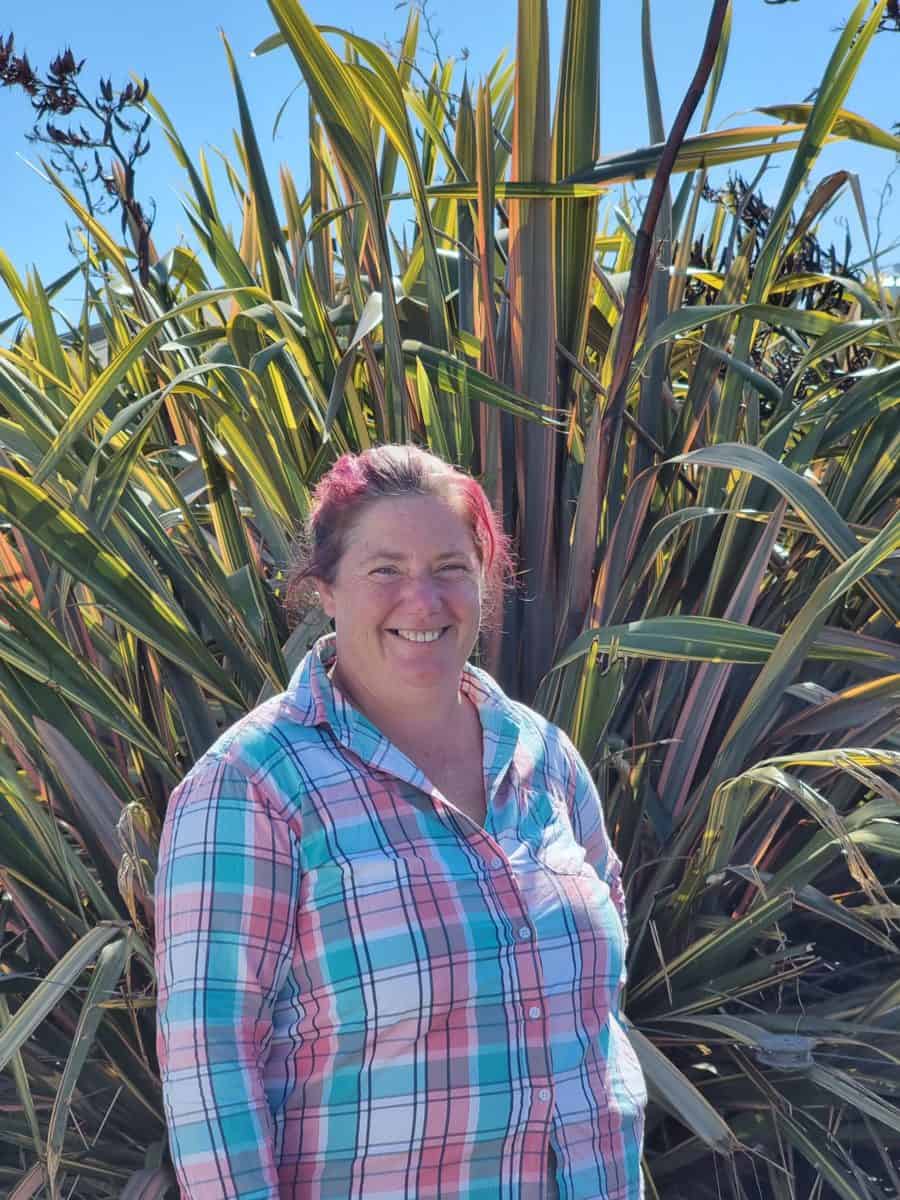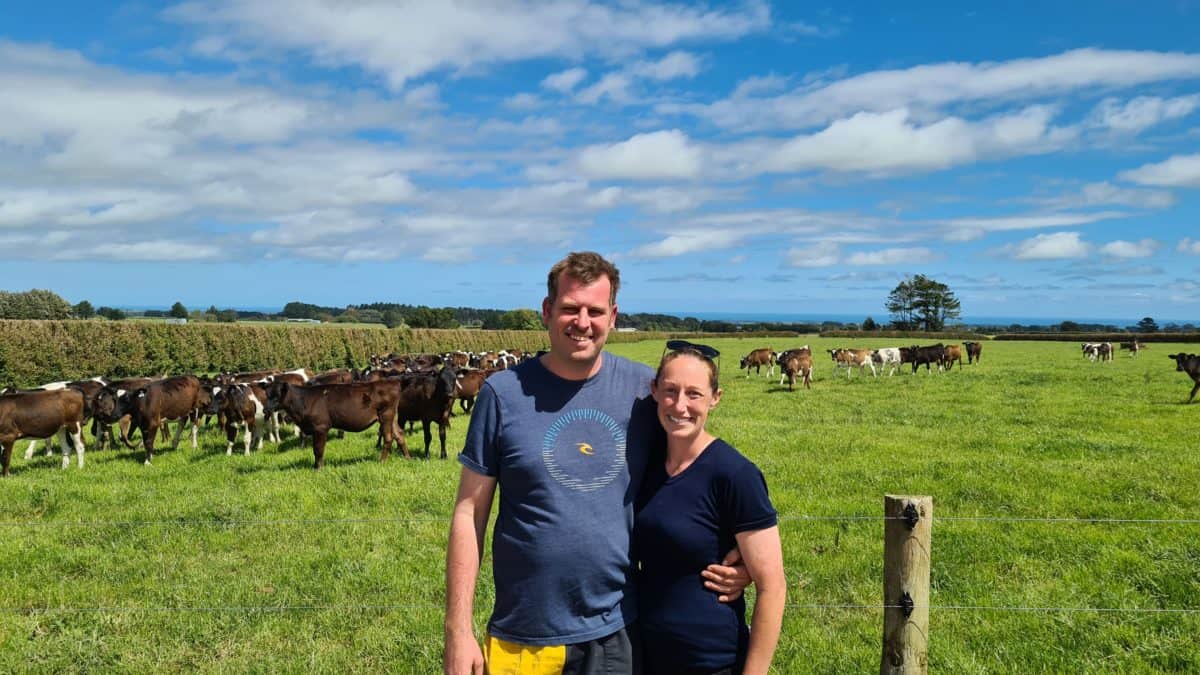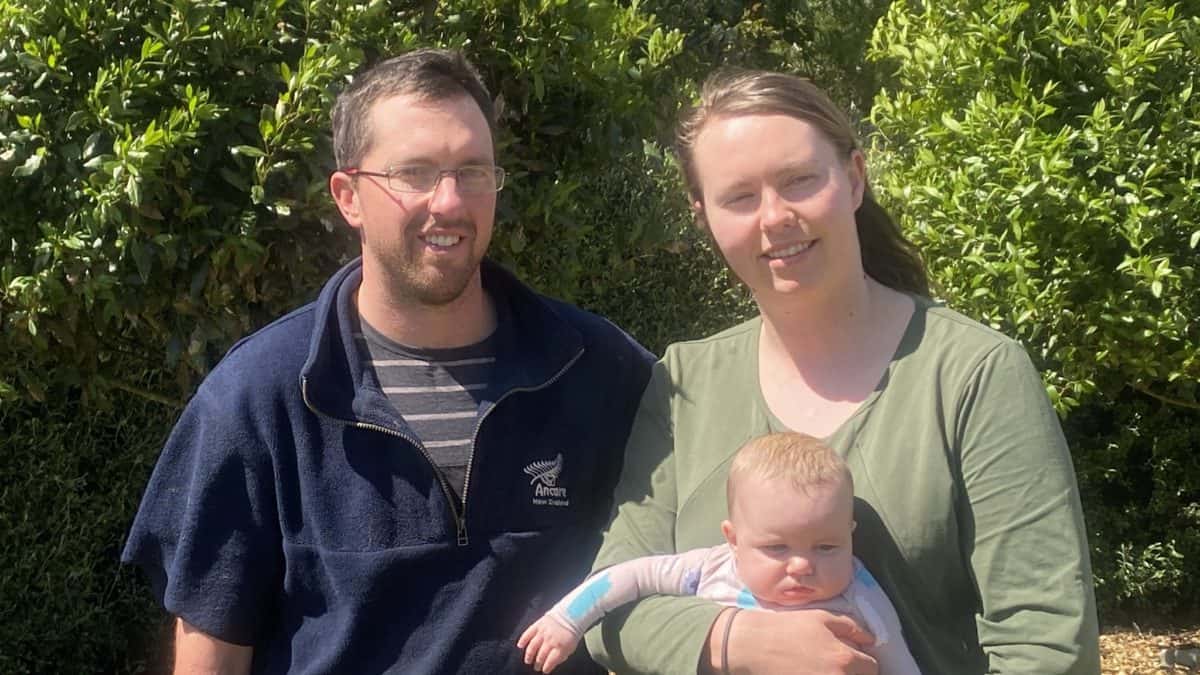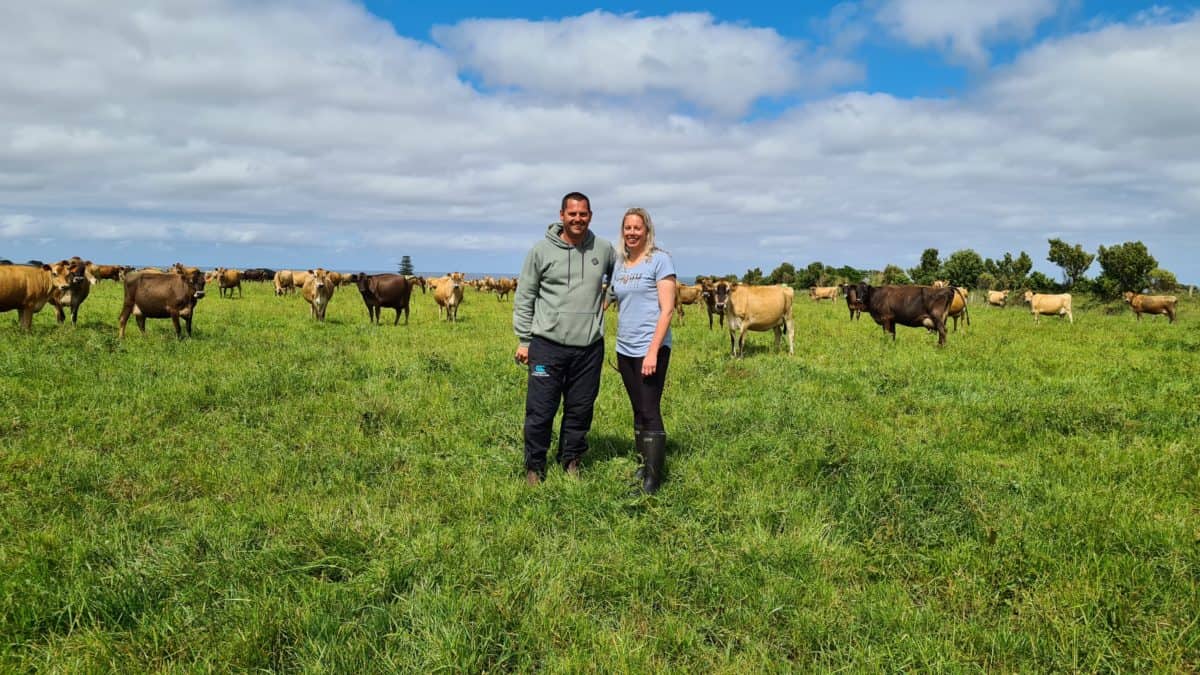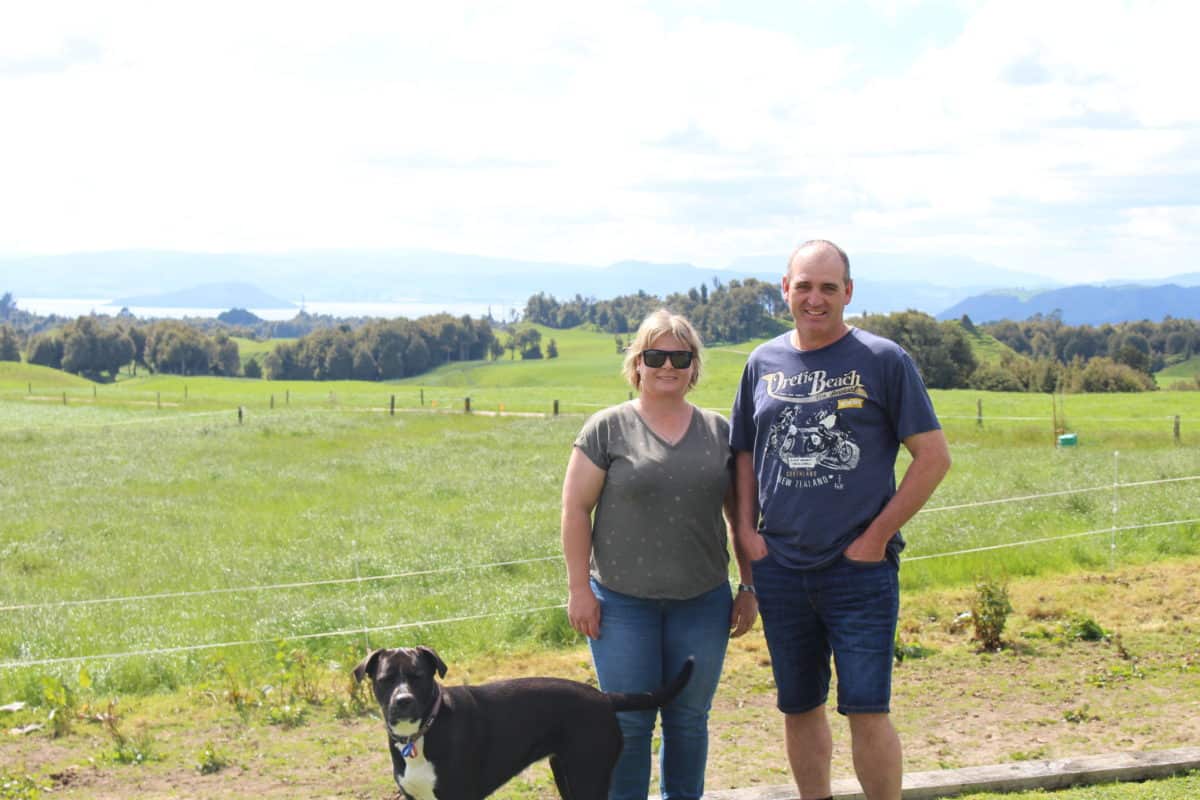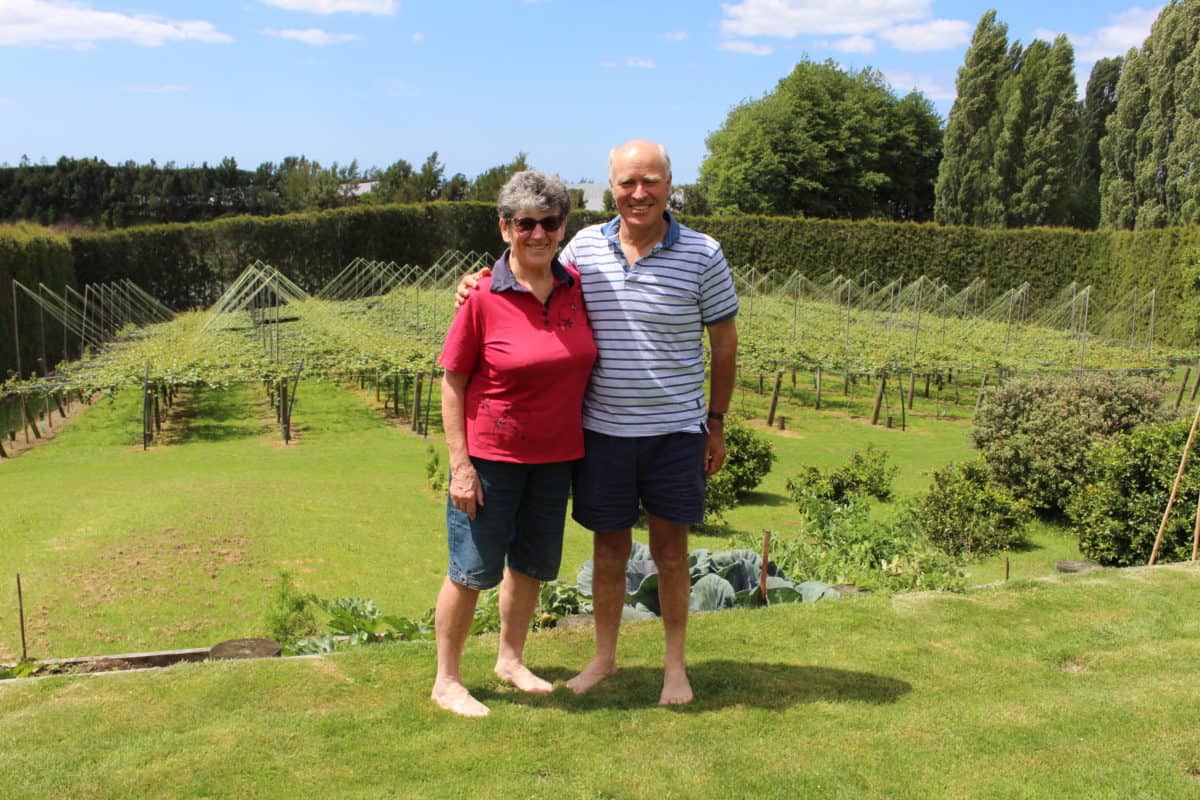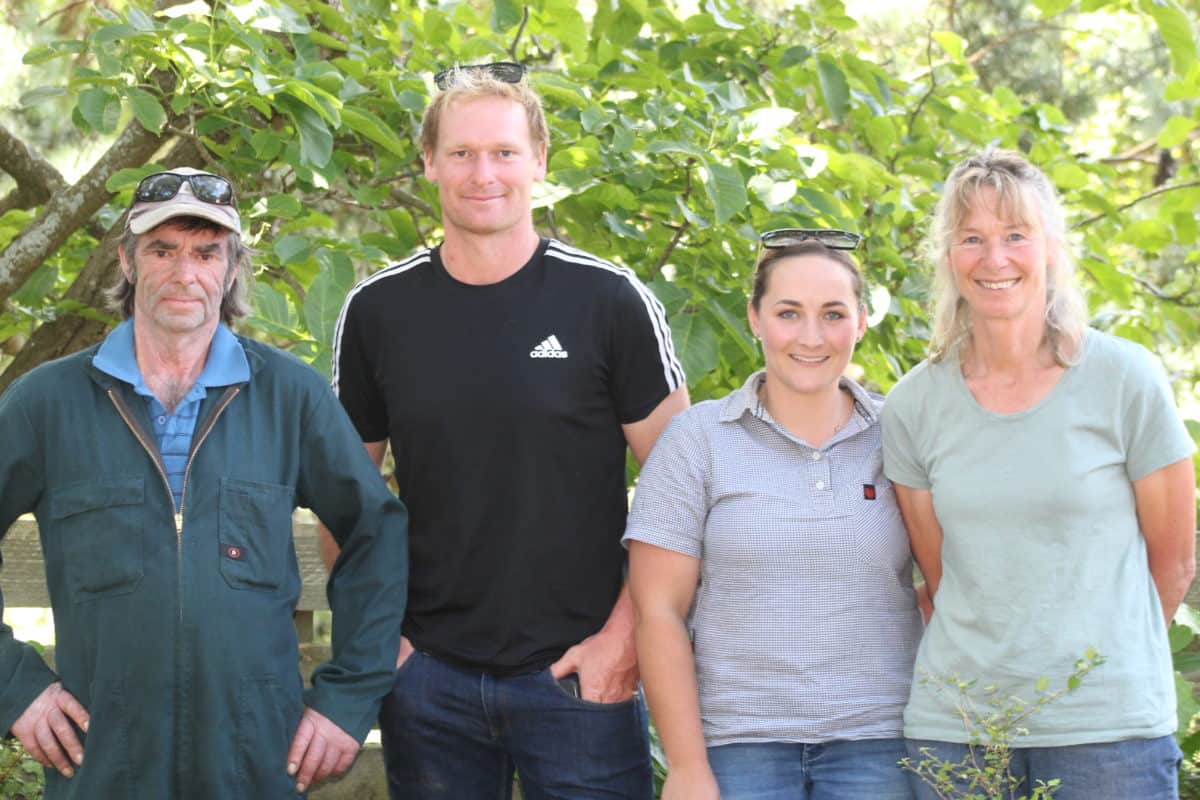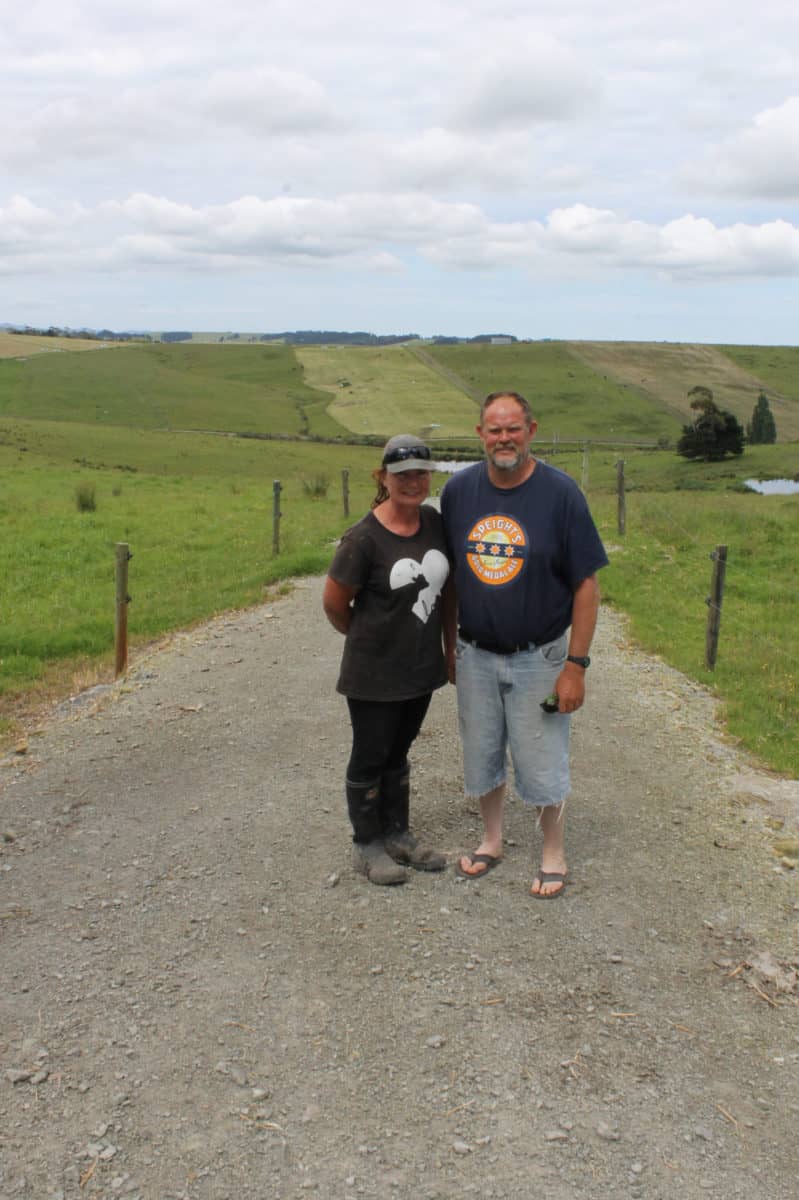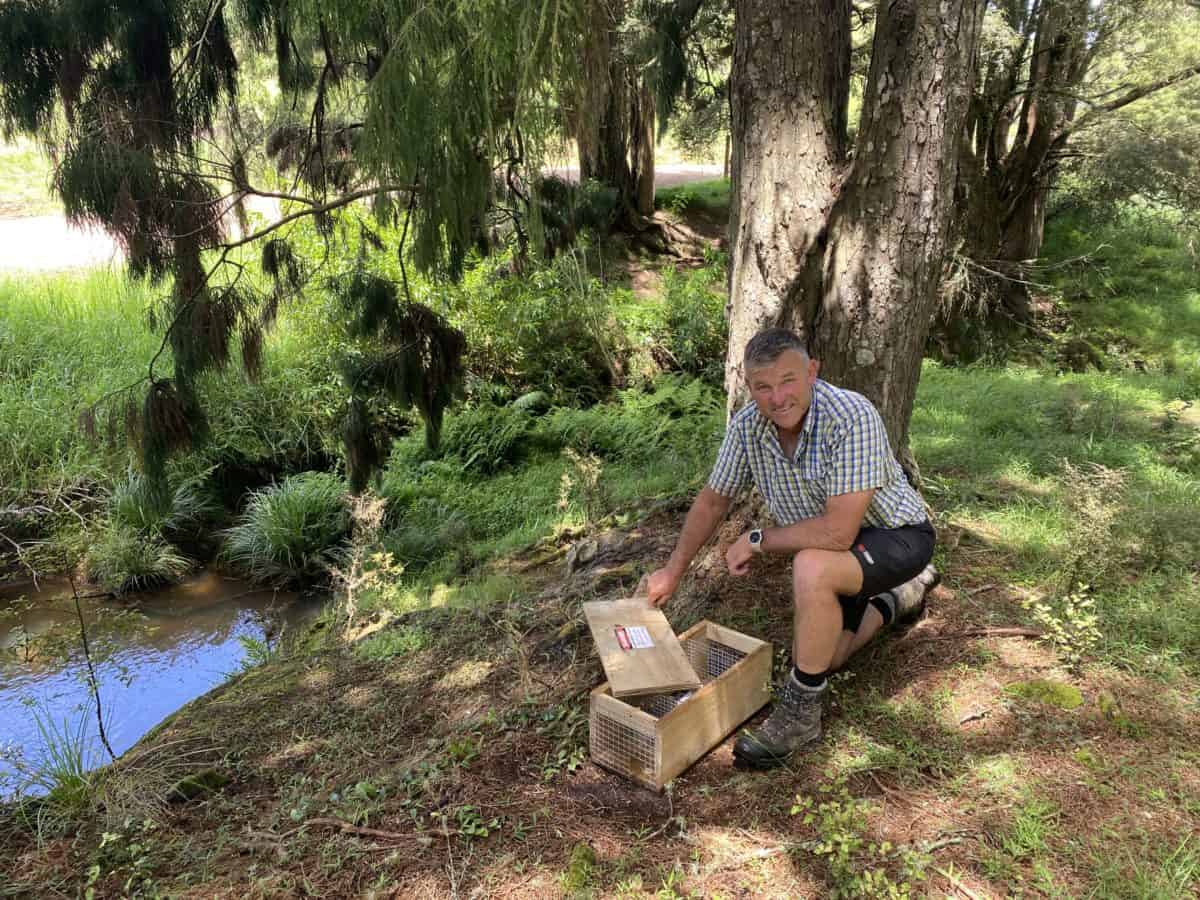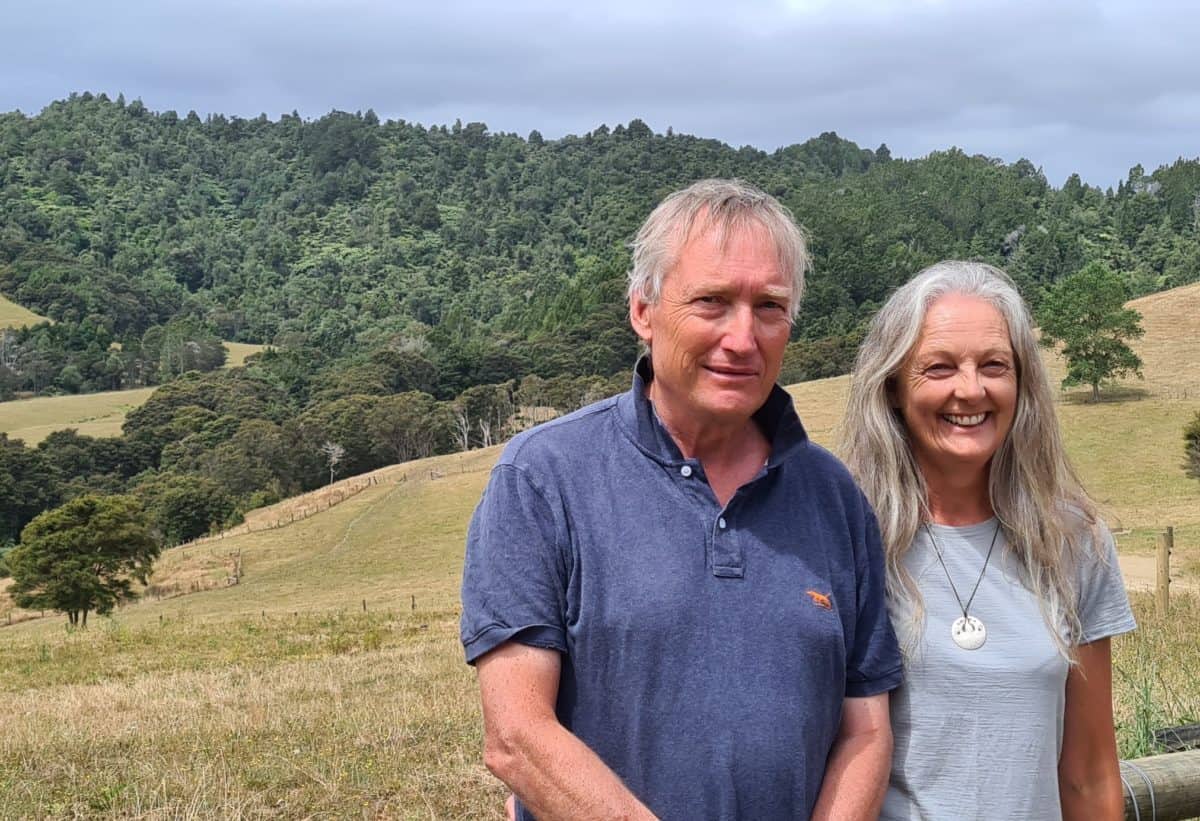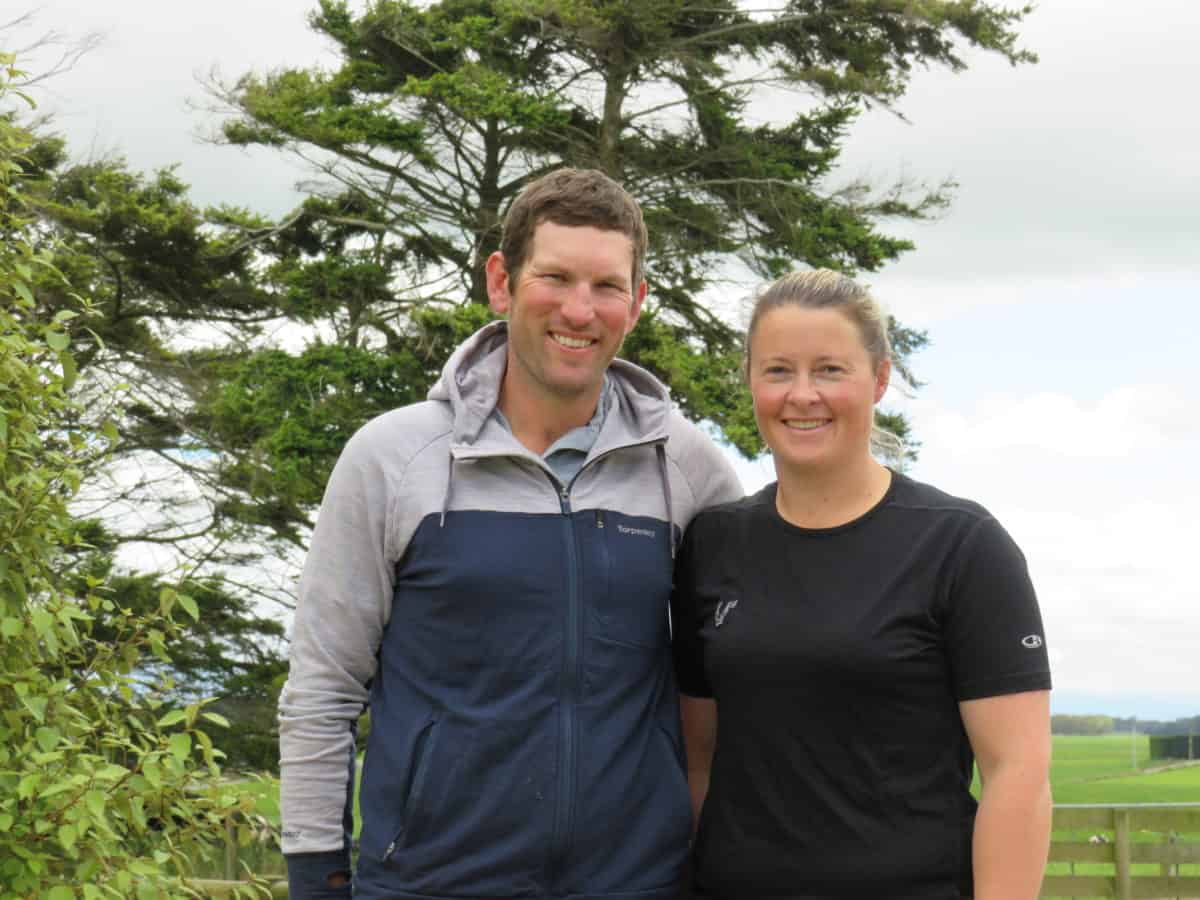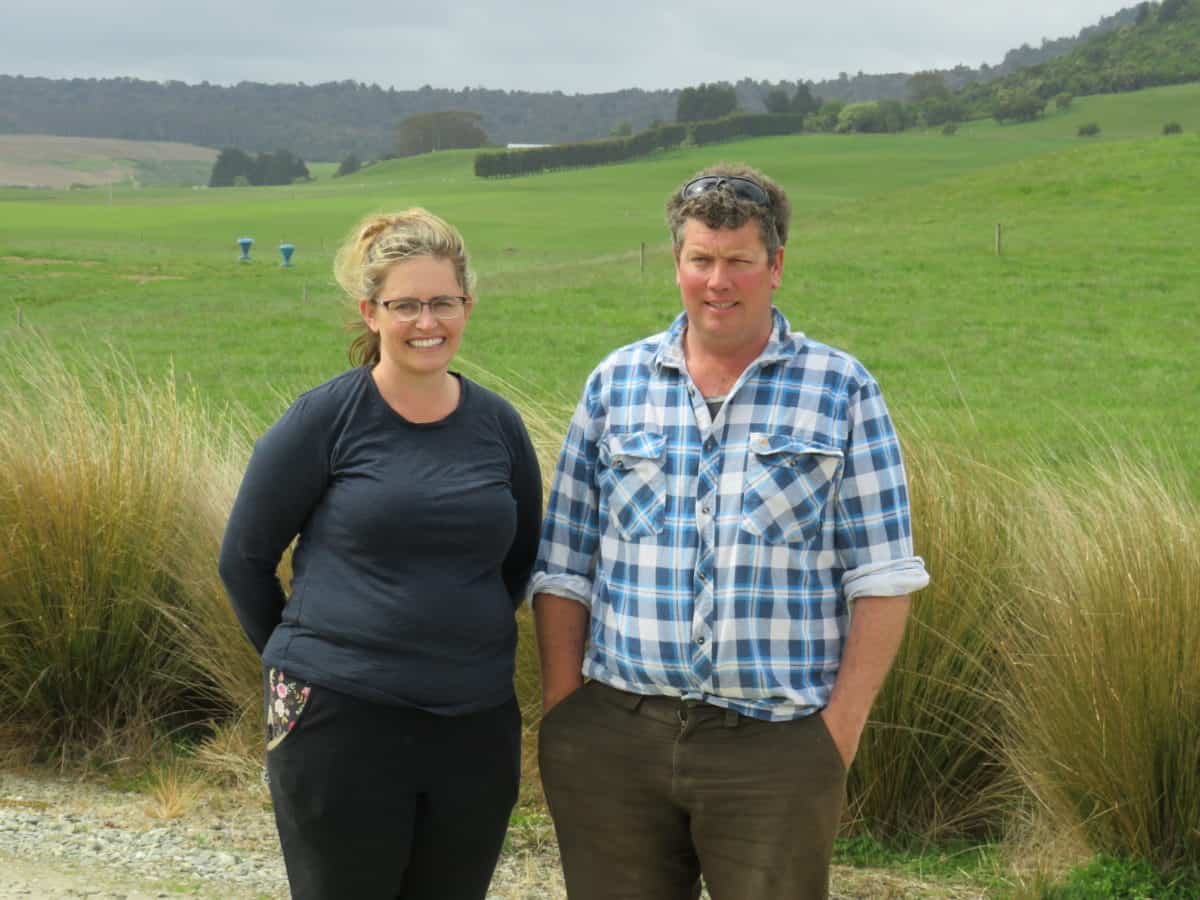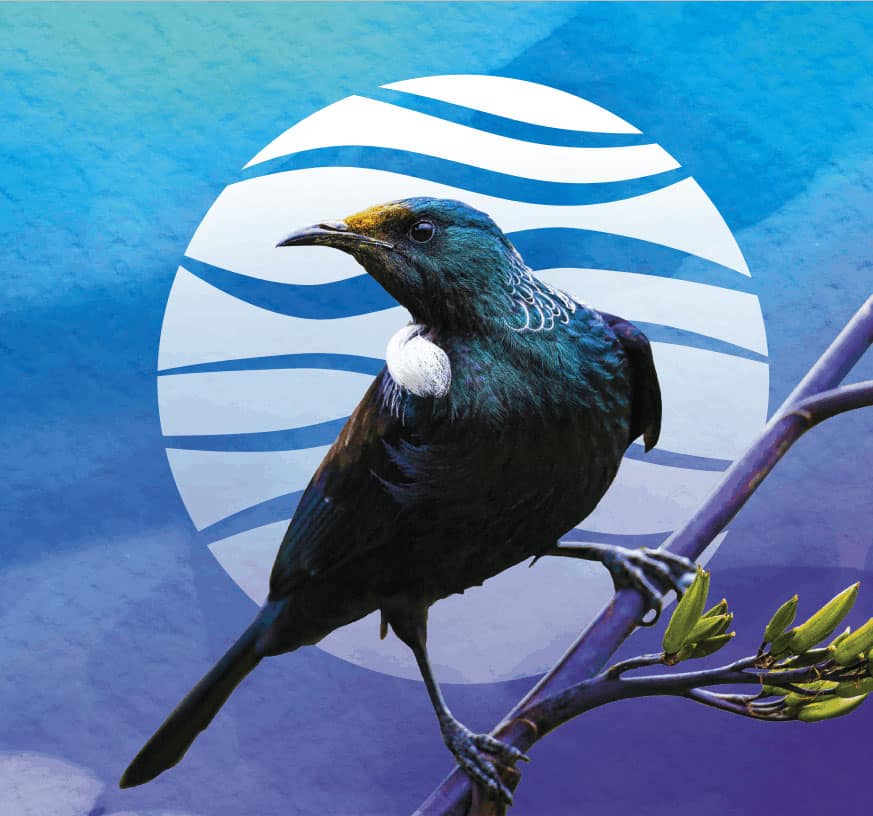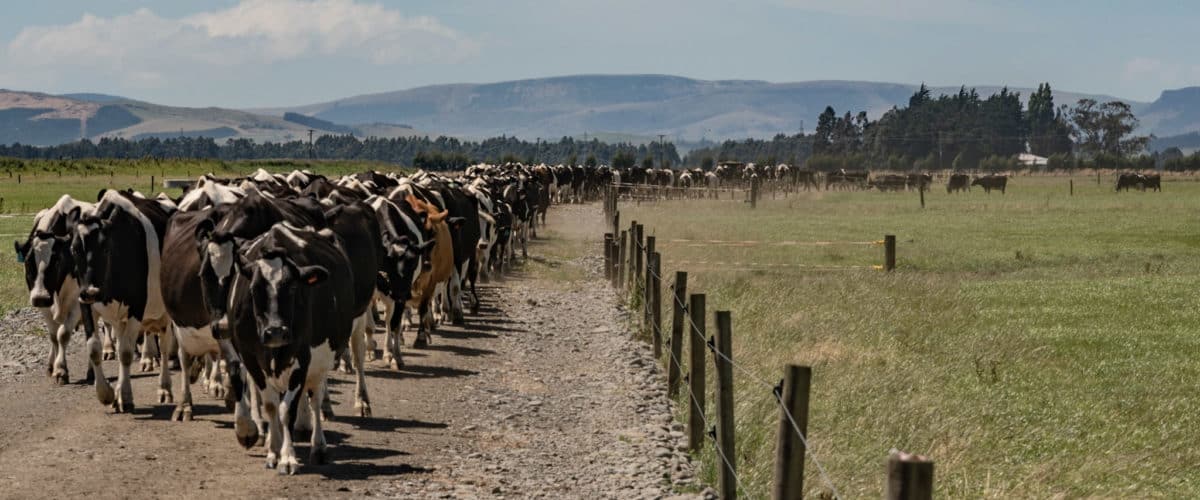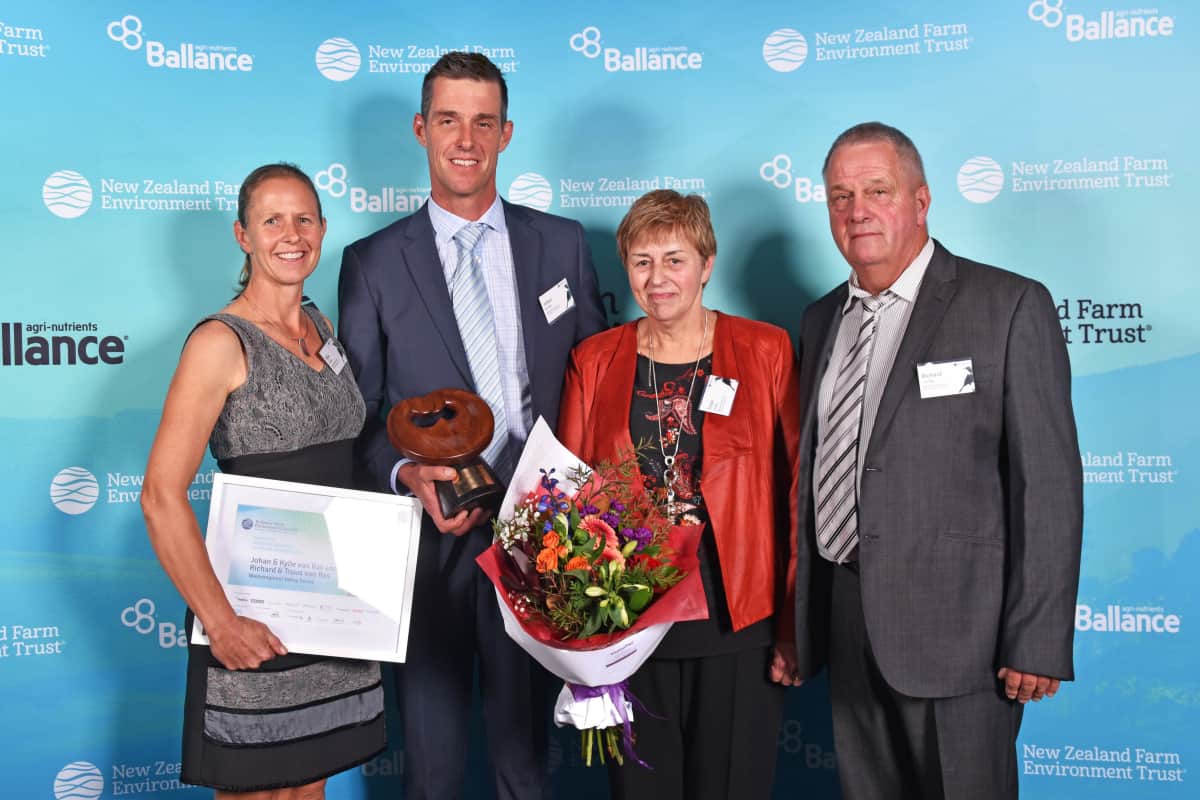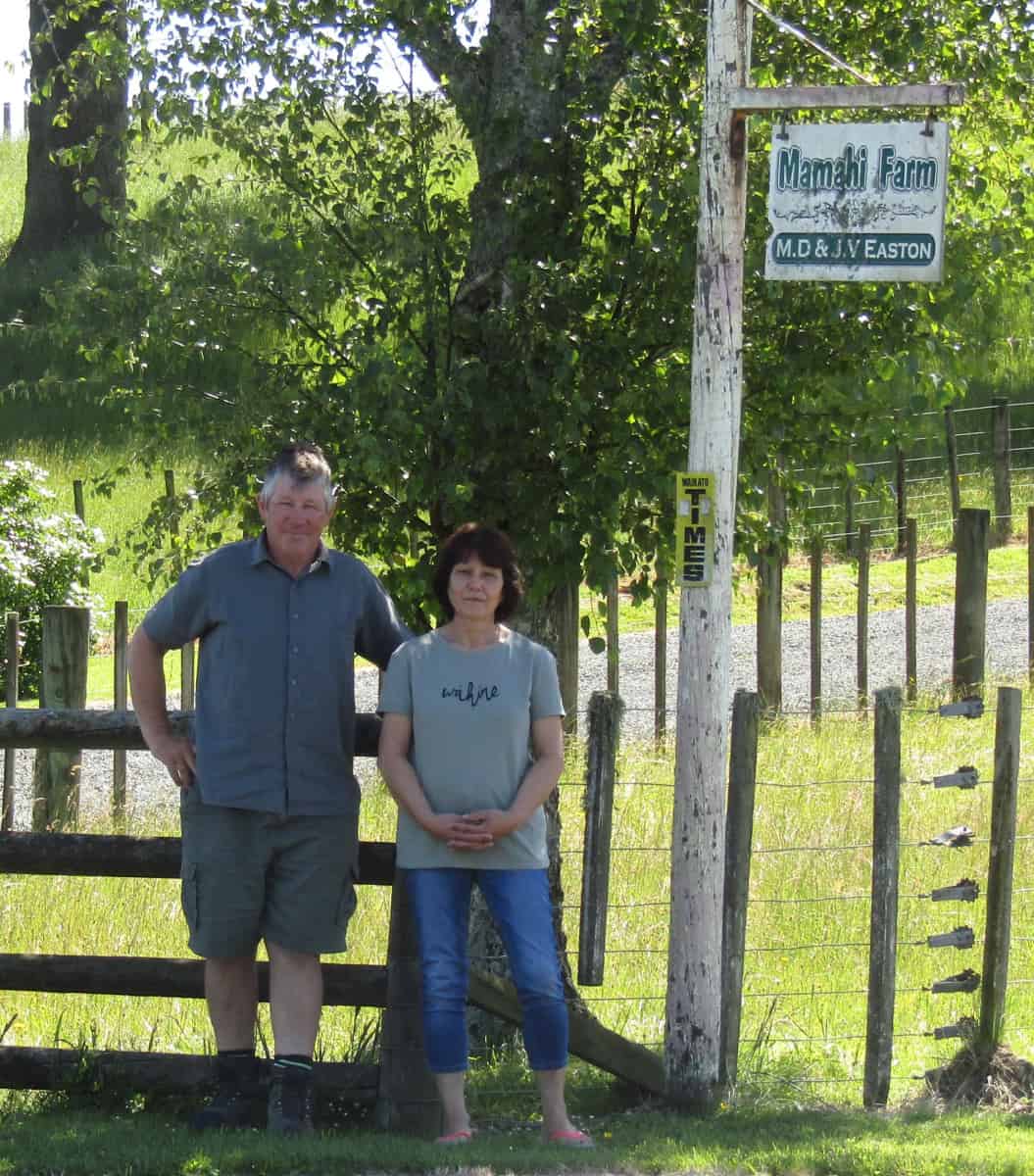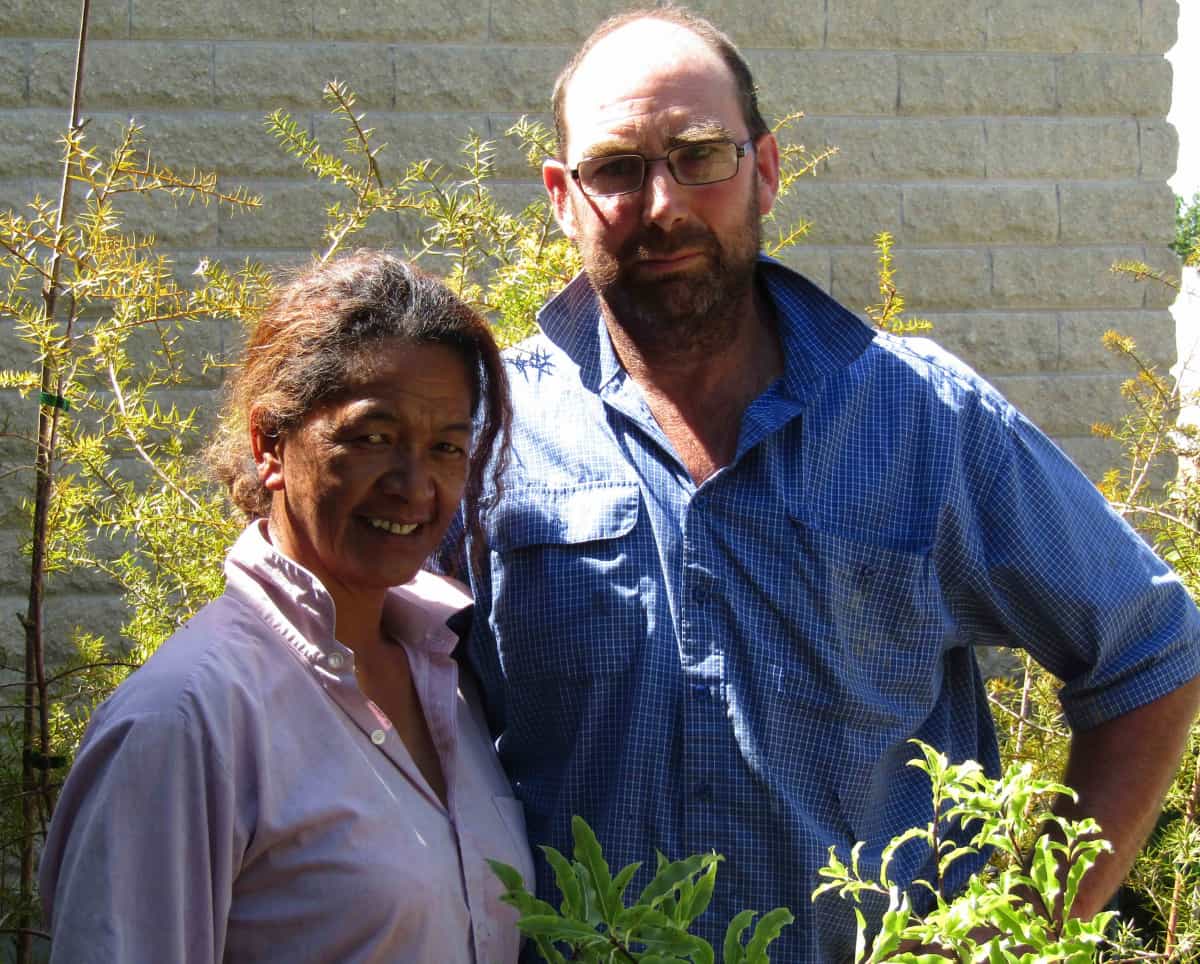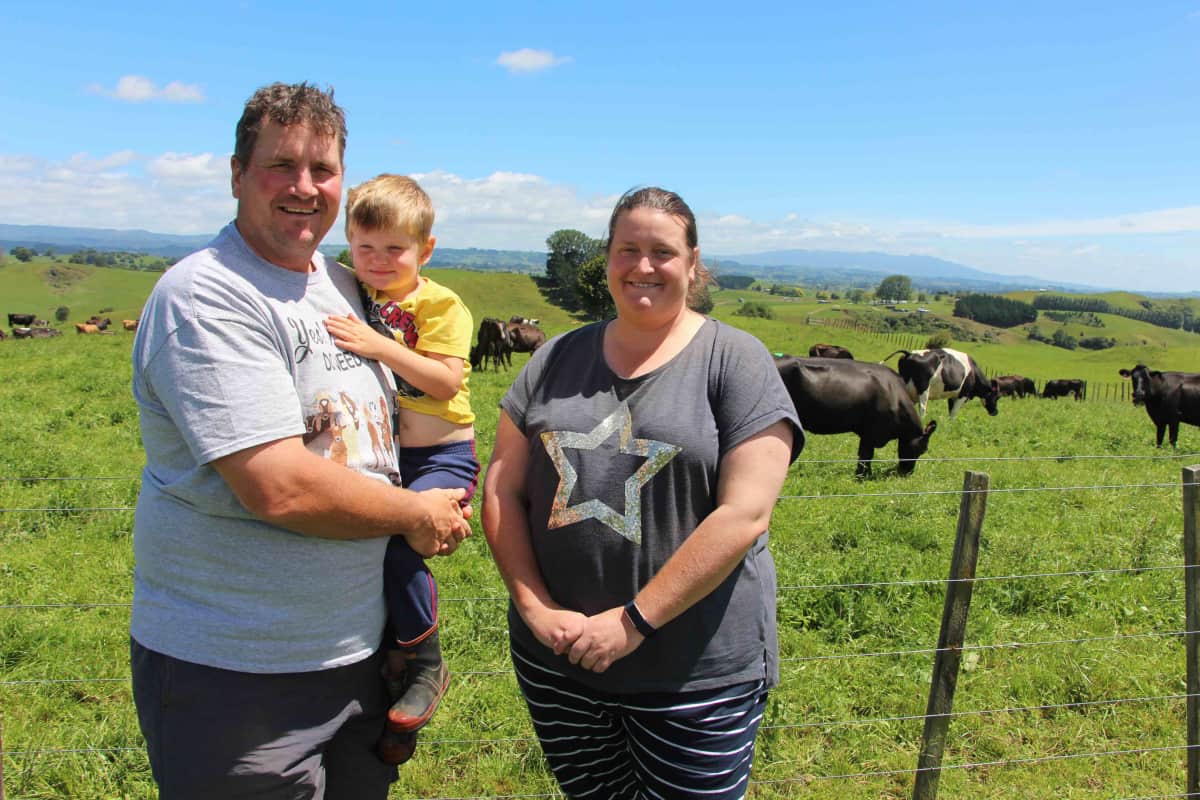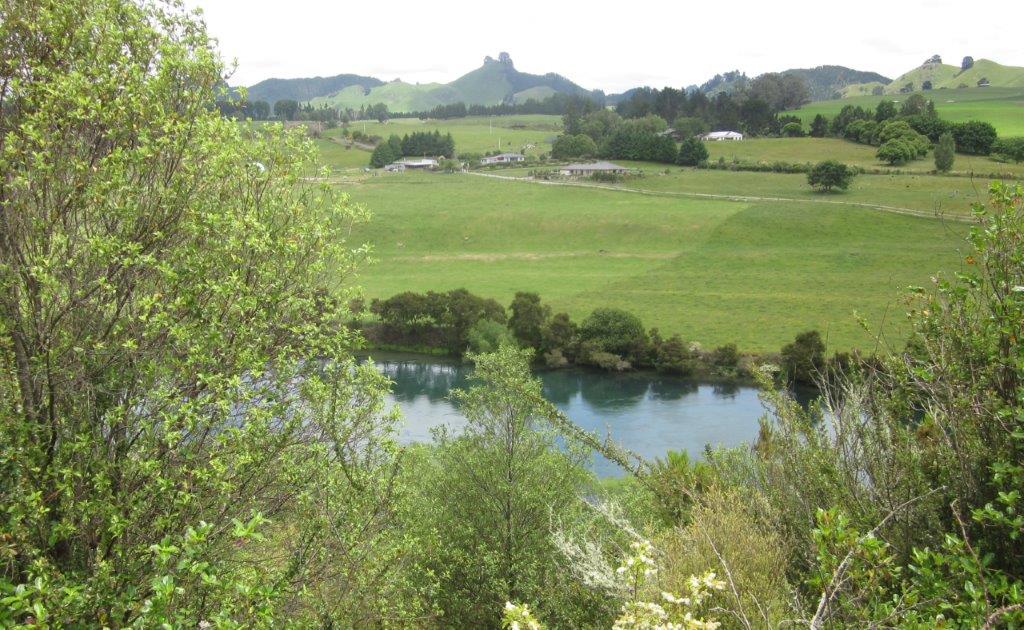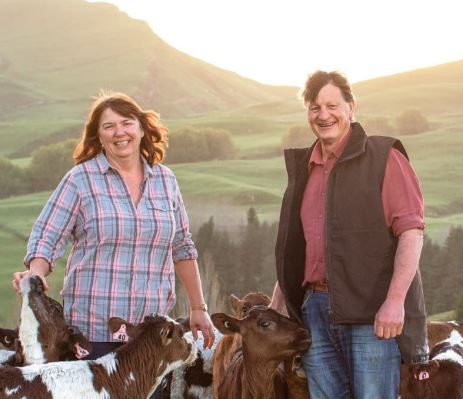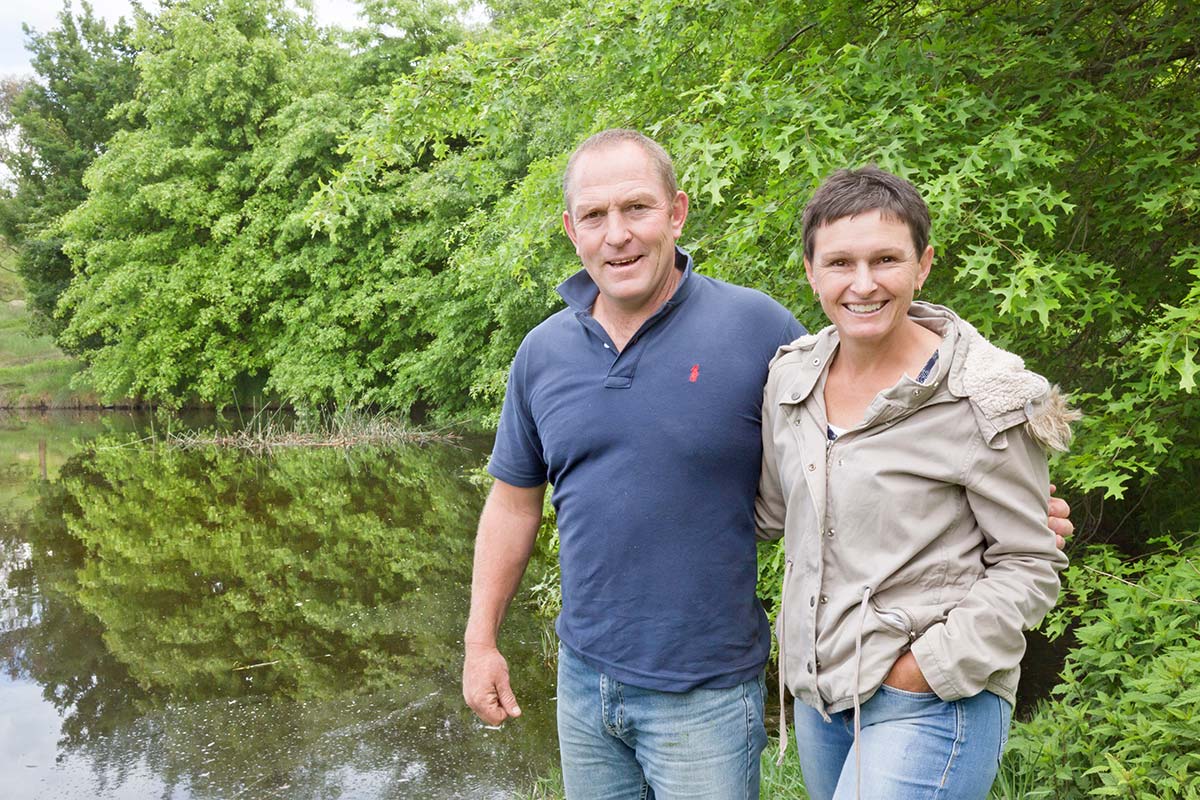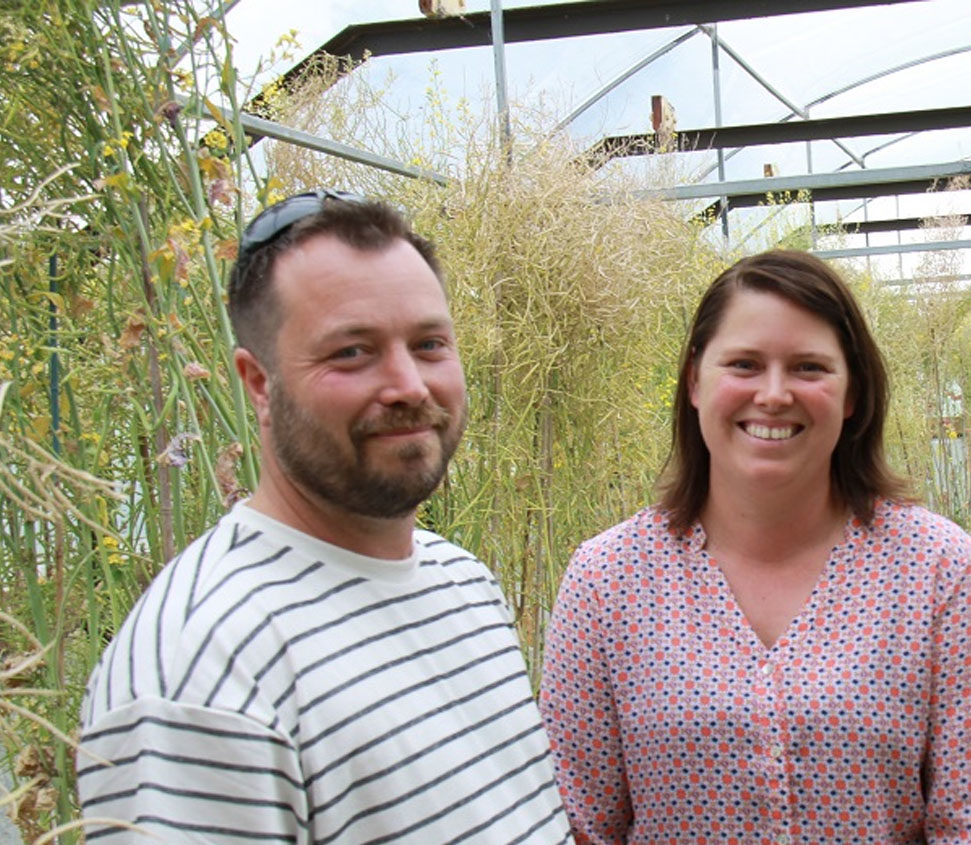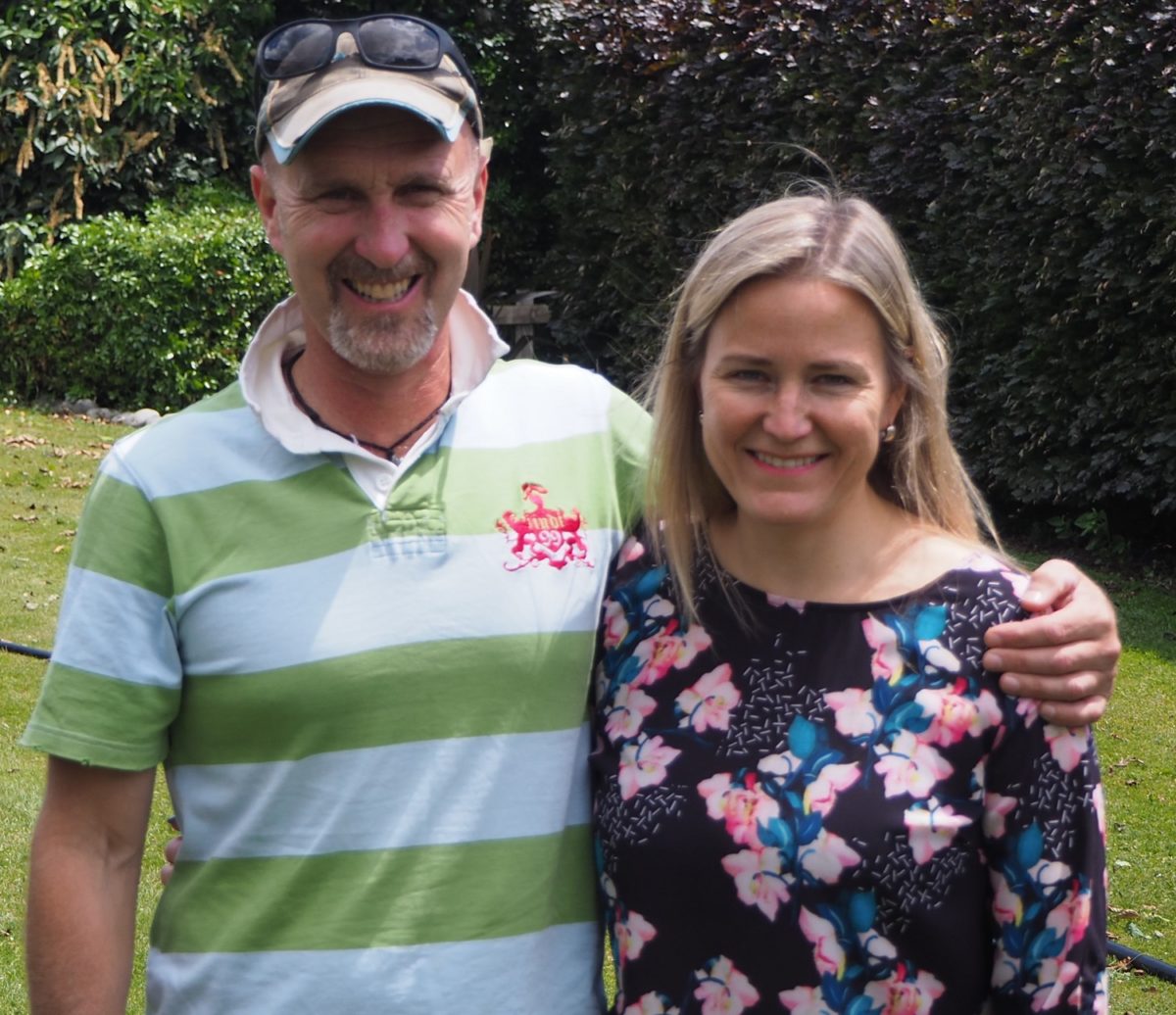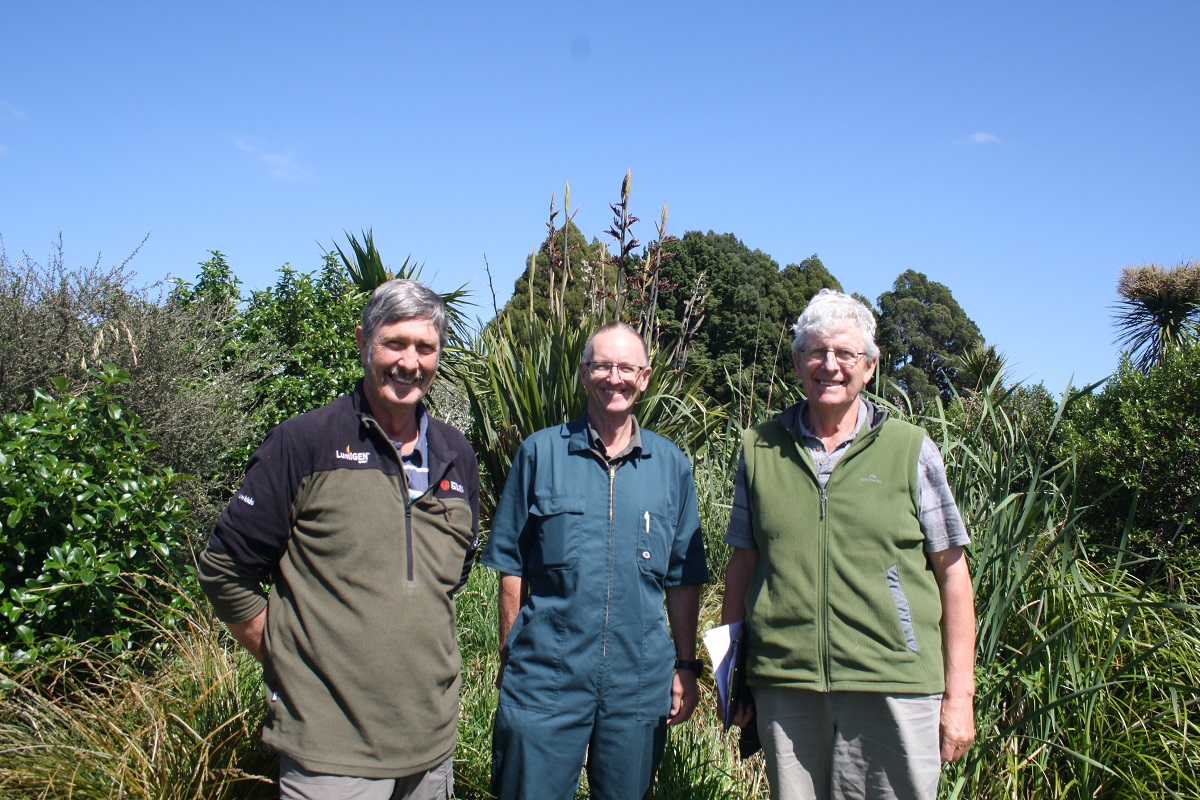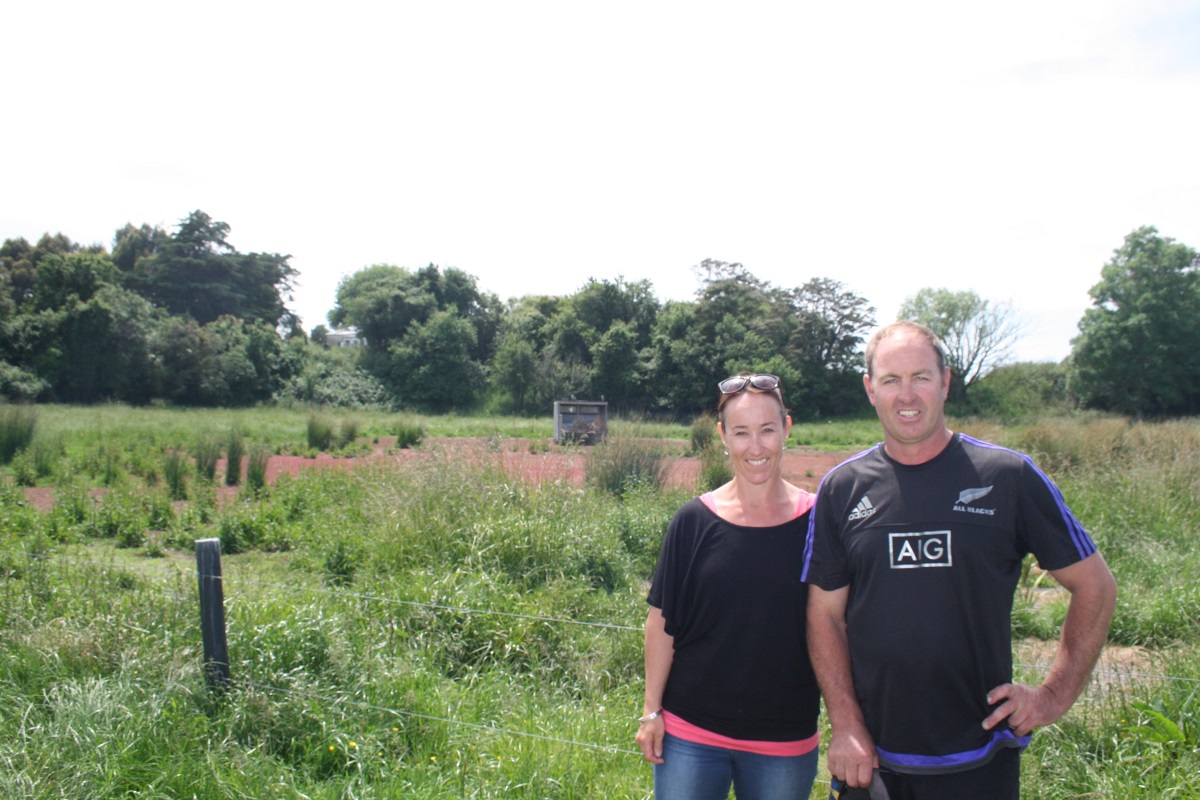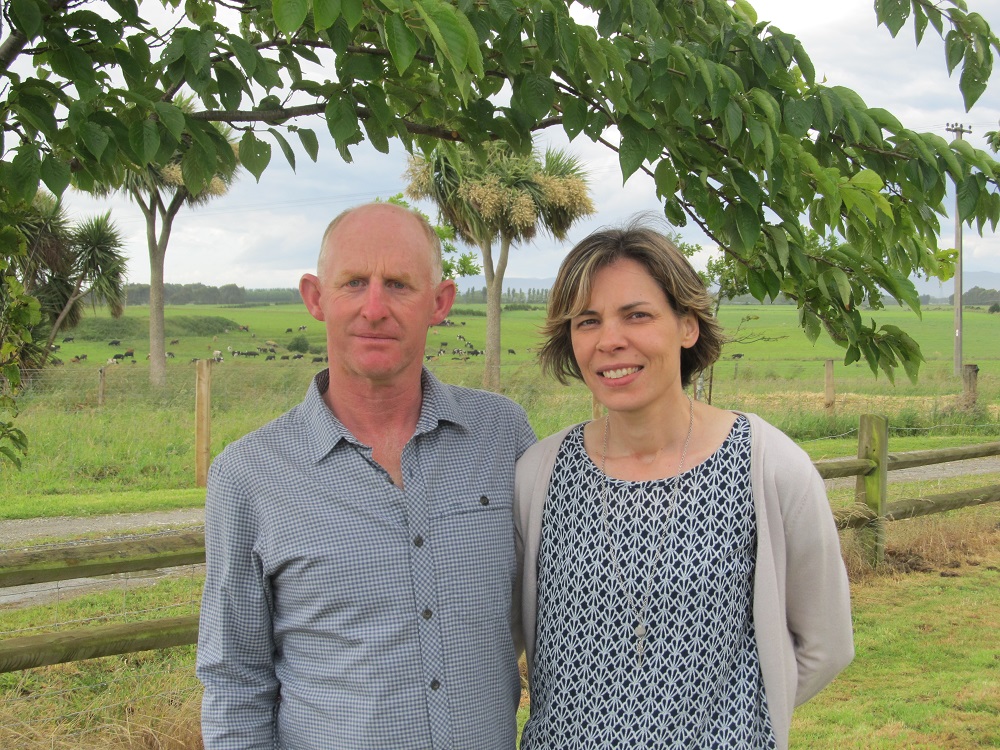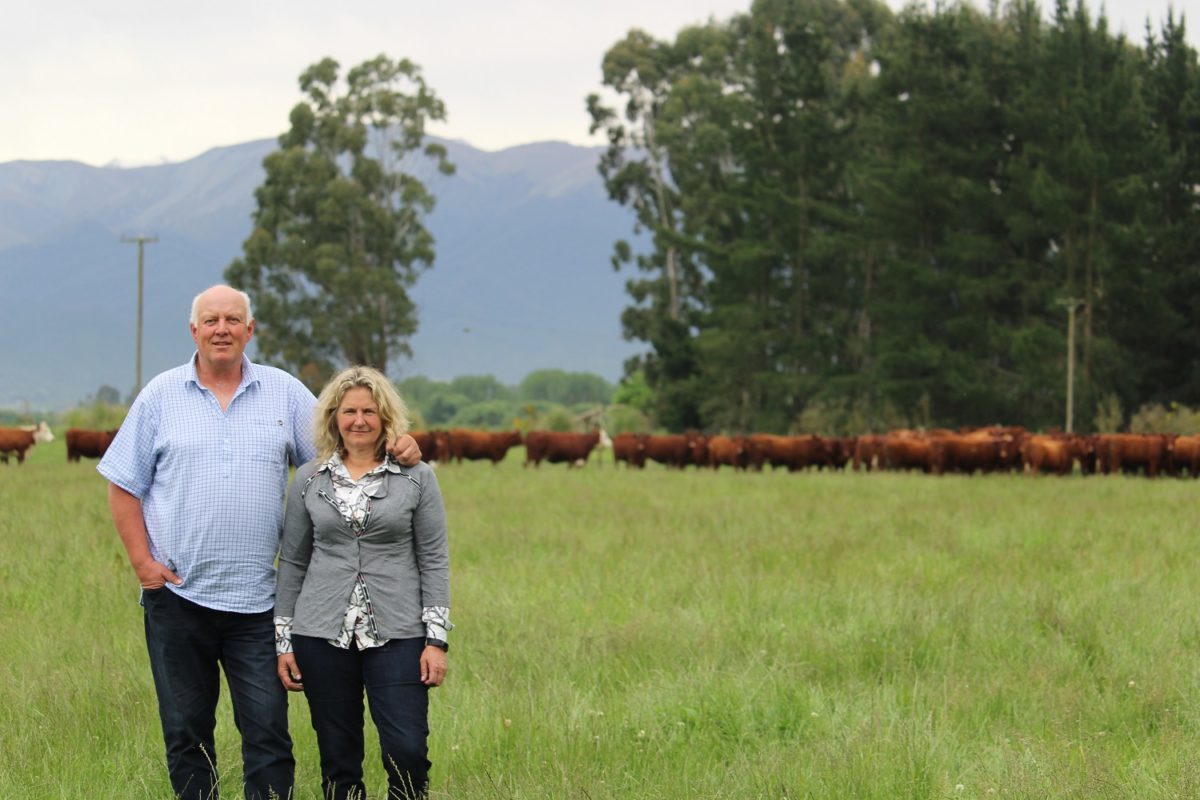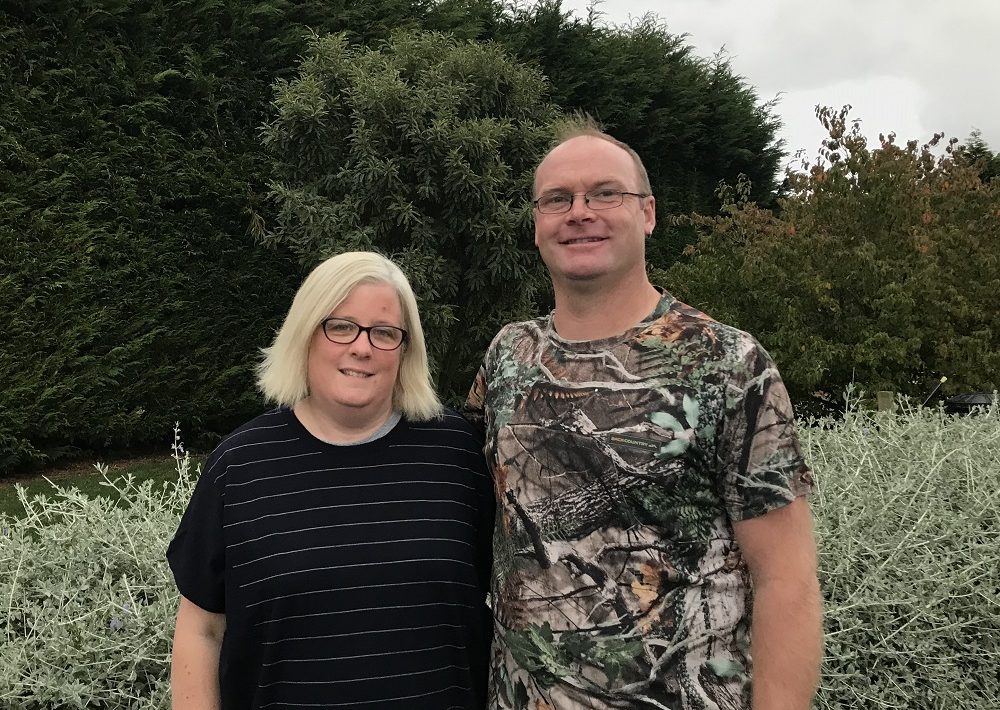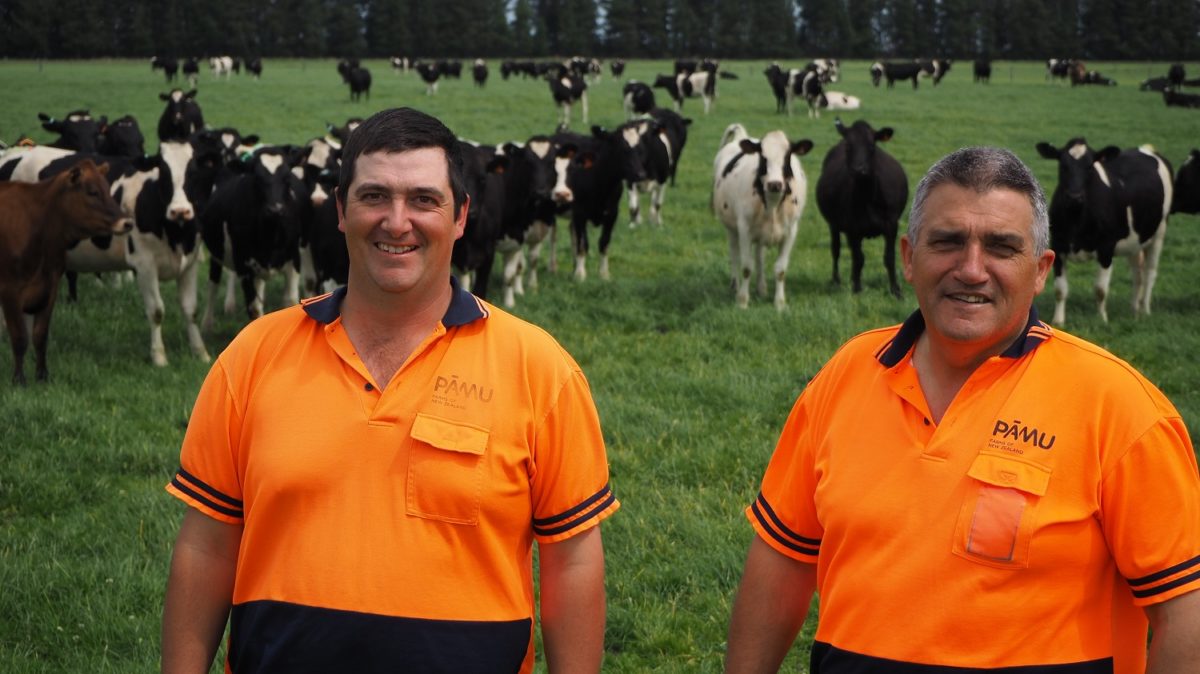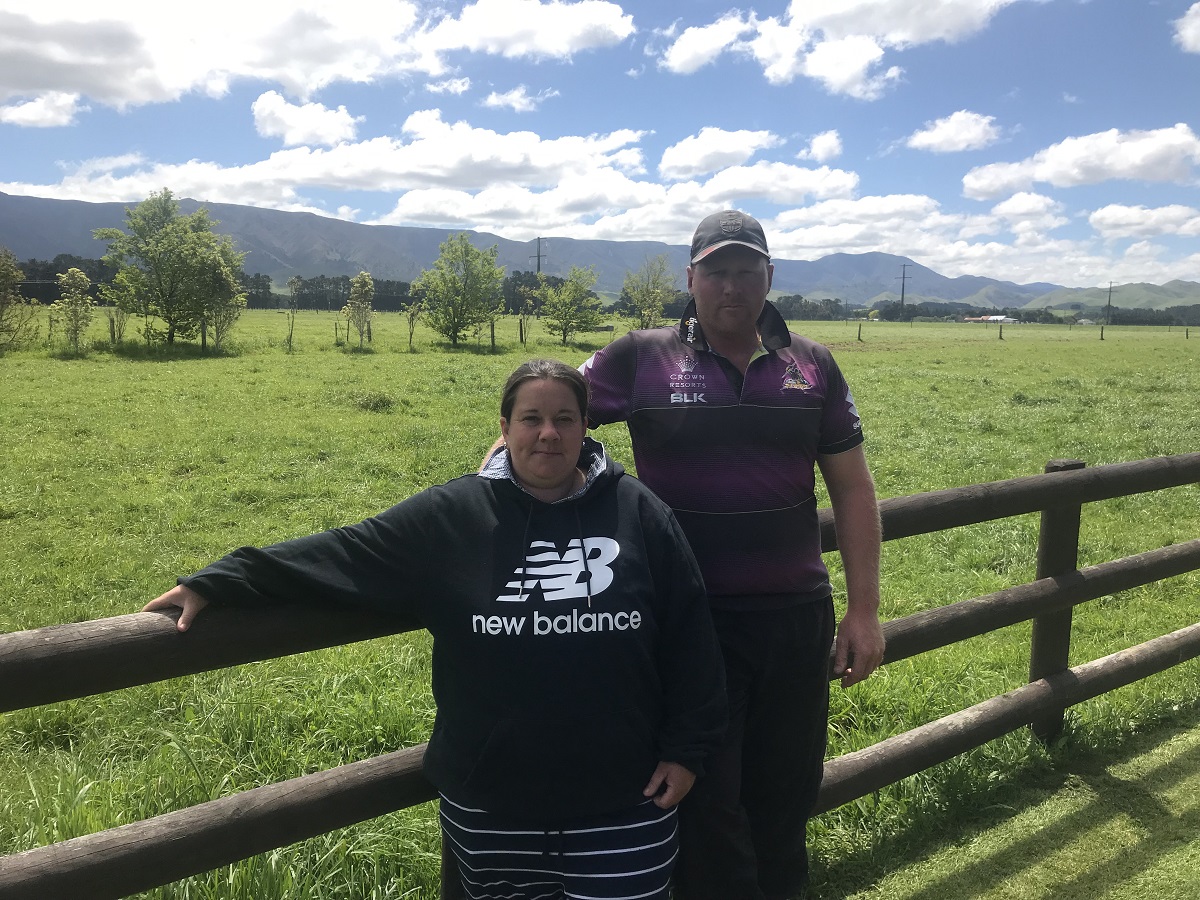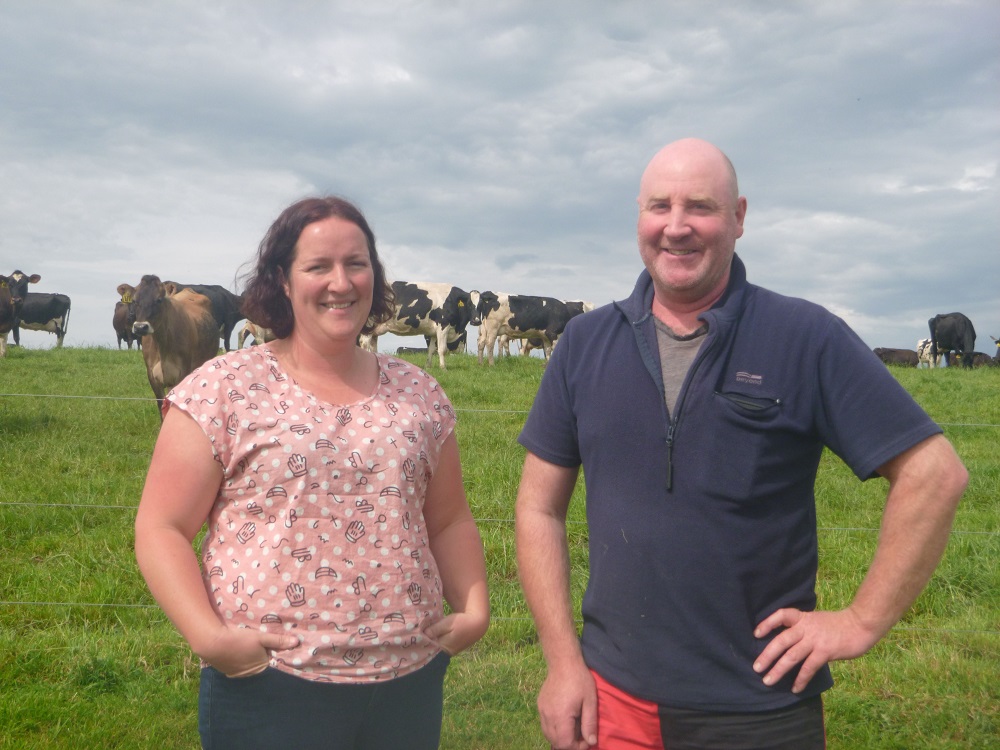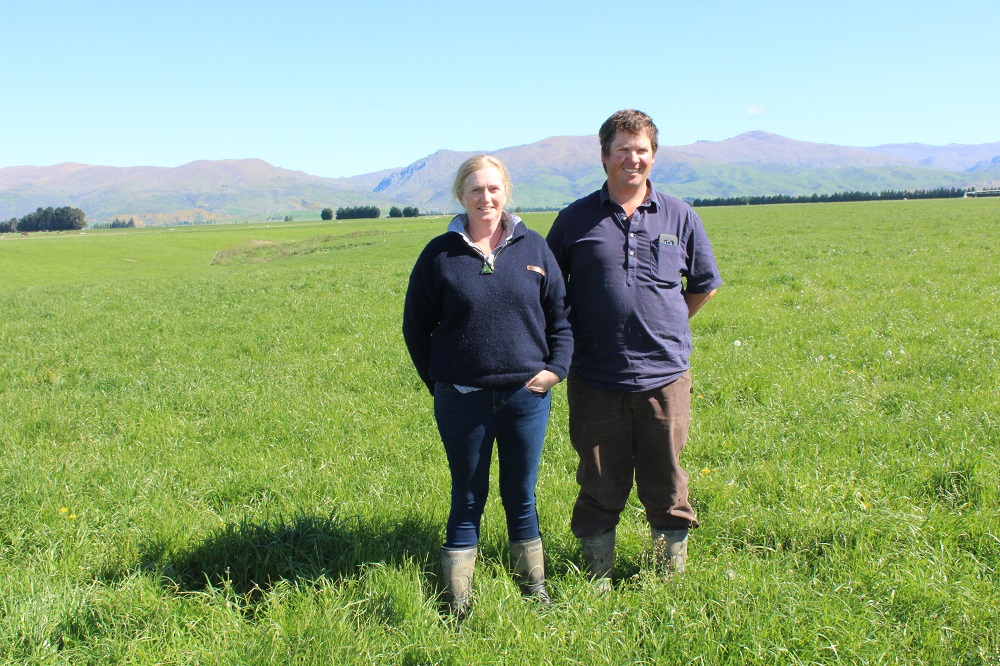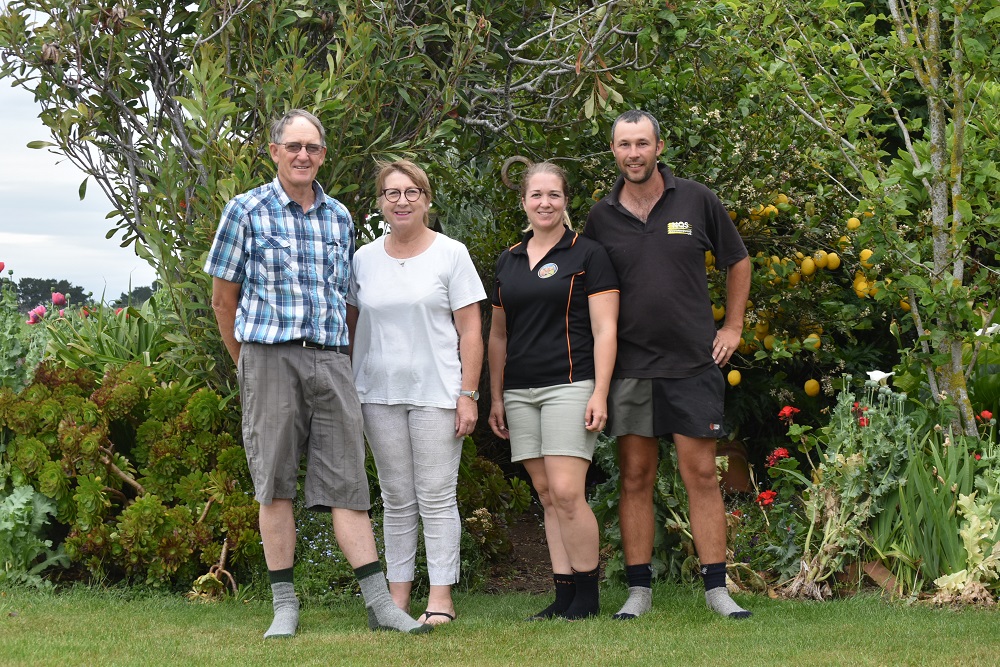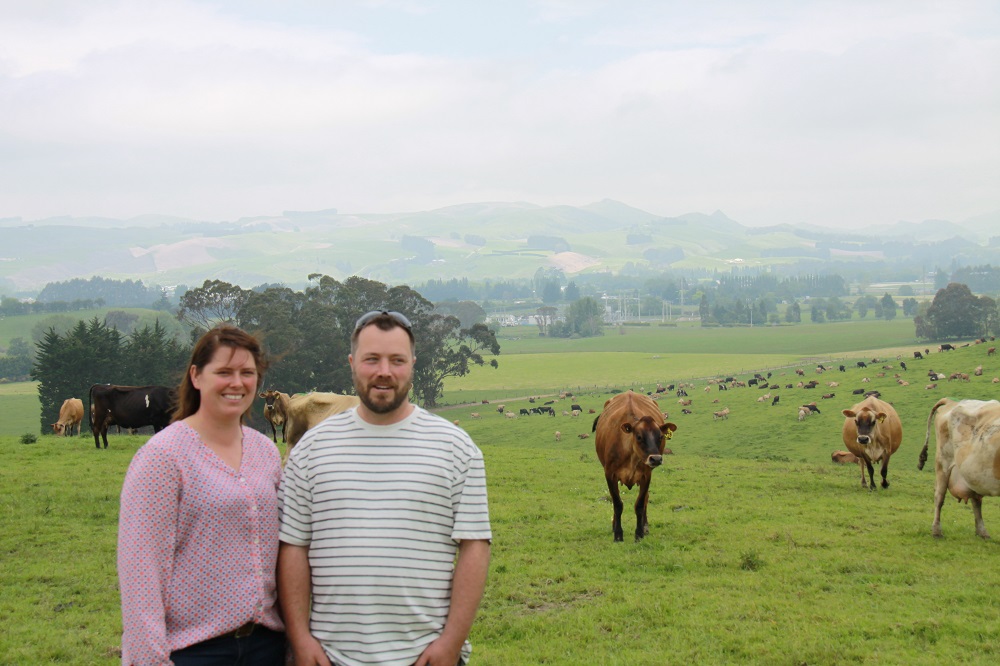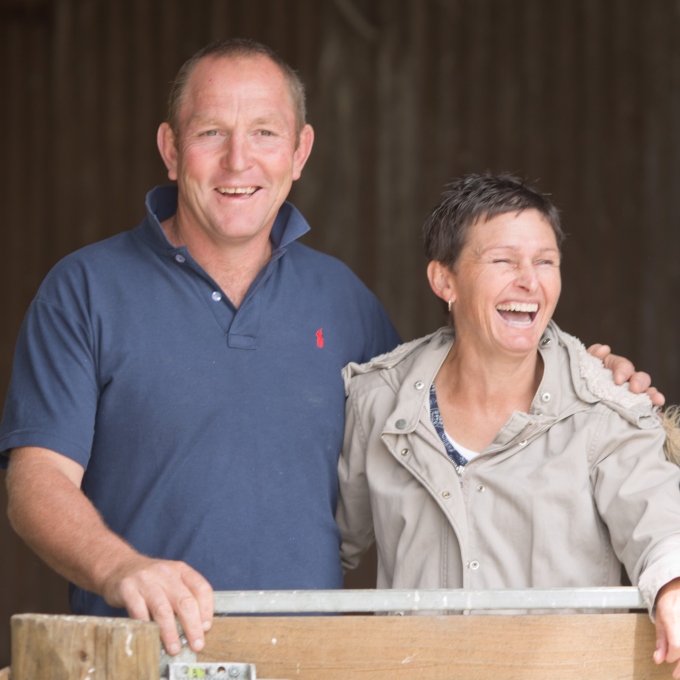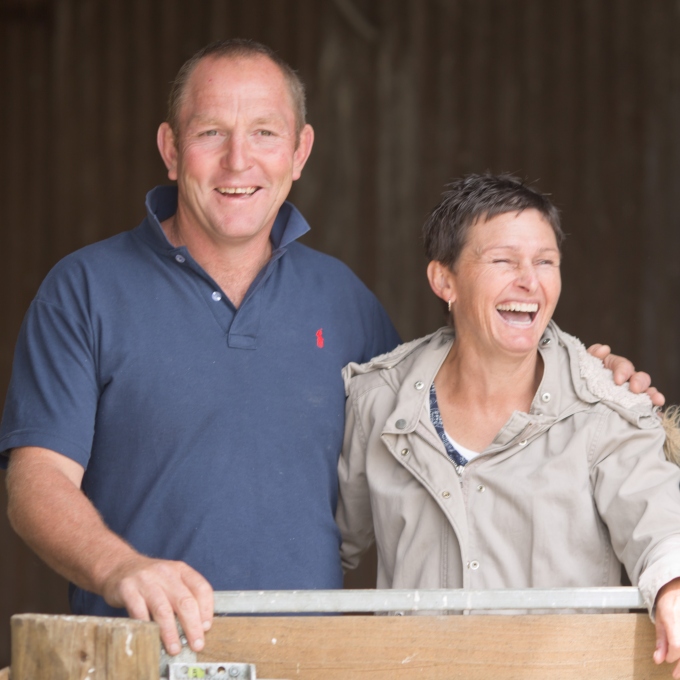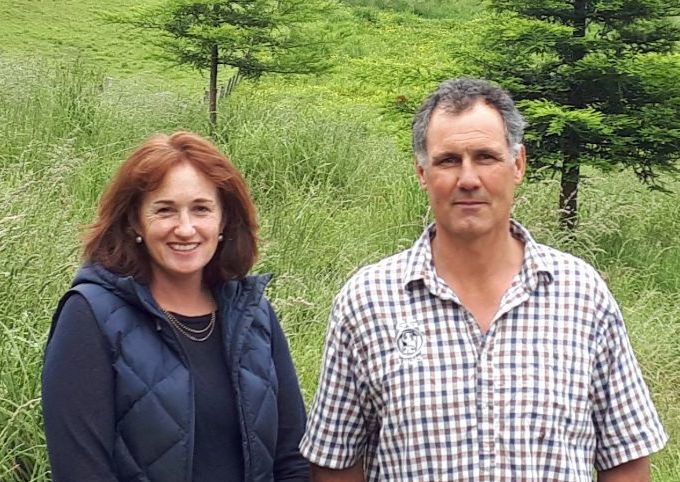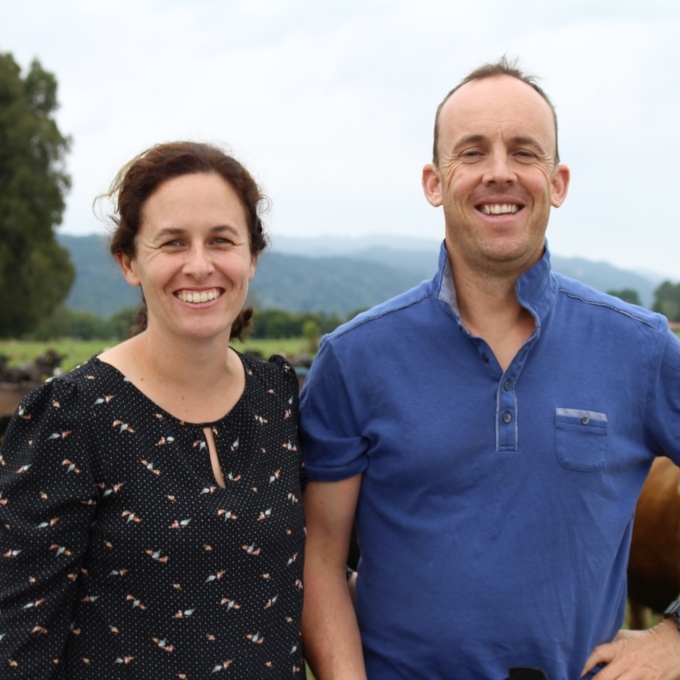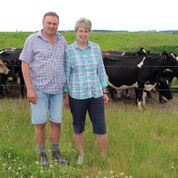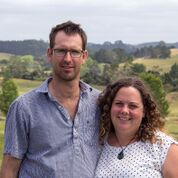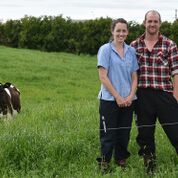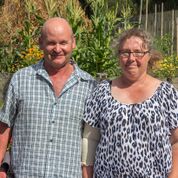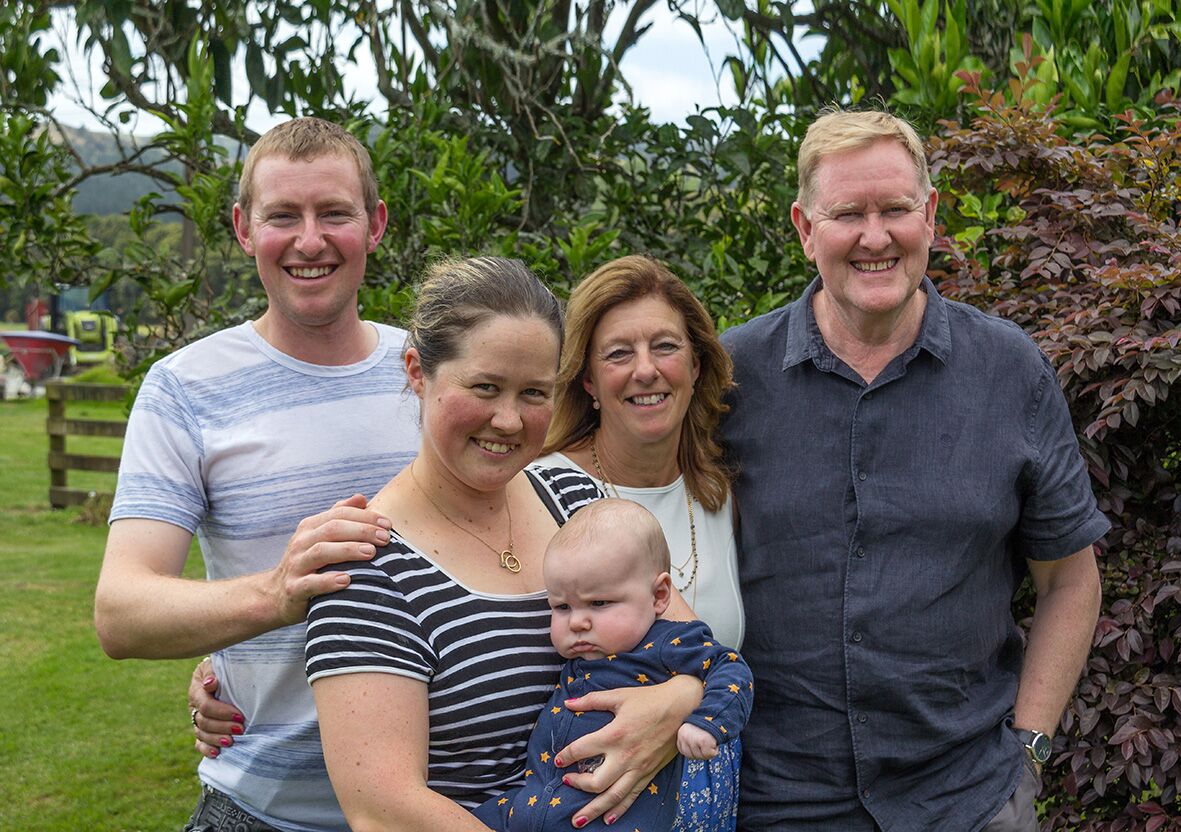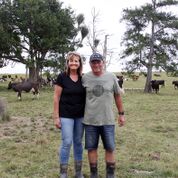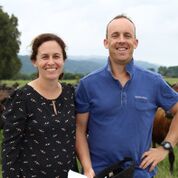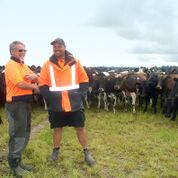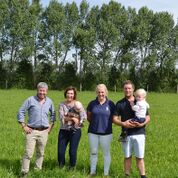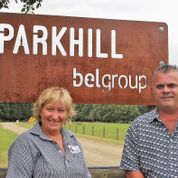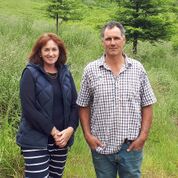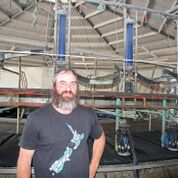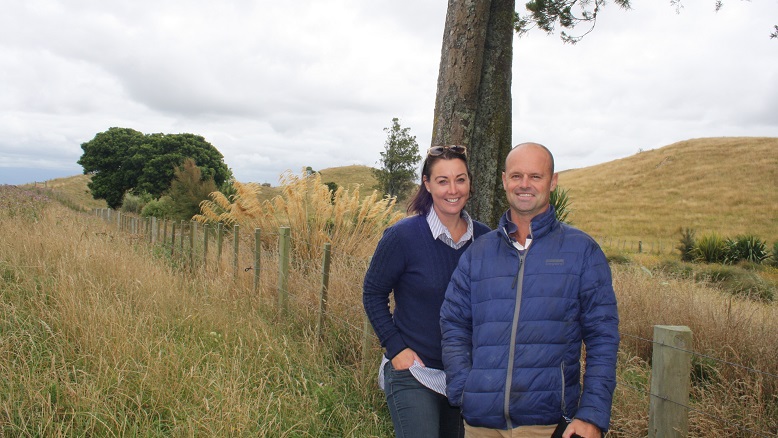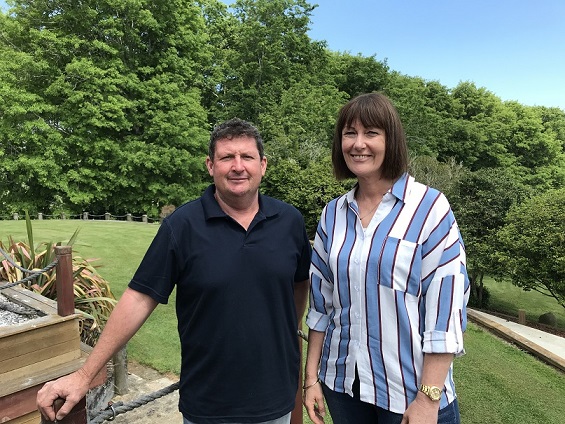2018 Southland Regional Supreme Winners
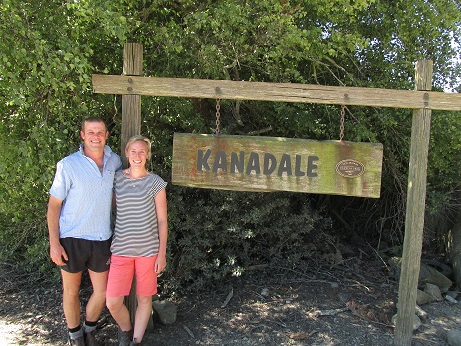
Mataura dairy farmers Ryan and Abby Moseby have won the Southland Ballance Farm Environment Awards. Good milk production in only the fourth year after conversion along with care for the environment, water quality and biodiversity are features of this year’s Southland supreme winner announced at a dinner at the Ascot Park Hotel, Invercargill, on Thursday night (April 12). The Mosebys will host a field day on the Boundary Road property from 10am on Thursday May 10.
Ryan and Abby are part-owners and operators of the farming business carried out on 355ha, 65 percent of which is the milking platform. Having been in the family since 1874, including dairying in the 1920s and 30s, the farm was reconverted to dairying in 2014 so Ryan and Abby could make farm succession possible. Now they are 50 per cent owners in Kanadale Ltd and the Moseby Family Trust has the other 50 per cent.
The awards judges said Kanadale Farm shows dairy conversion and environmental enhancement are not mutually exclusive. For the conversion, they put together a good support team, did plenty of research and asked the Land Sustainability Team from Environment Southland for their advice beforehand.
“Attention to detail is evident in things like the location and gradient of lanes, provision of buffer areas, design of stock water systems and choice of infrastructure for effluent storage and application. “The property has considerable variation, including a 200m elevation change to the furthest paddocks, which had been used for winter crops but are now in the milking platform. It has a lot of character, in part due to the rolling to steep contour and extensive plantings.”
Where possible, existing trees and shelterbelts were retained during the conversion for their aesthetic and ecological values and to protect stock.
Ryan and Abby run an efficient, low input system based around good pasture management. Milk production last season was just under 300,000kg of milk solids and a creditable 433kgMS/cow. That was from a 233ha (effective) milking platform and a milking herd of 685 cows, while the rest of the farm was used for cropping, forestry and a small area of dry stock grazing.
The farm has more than 20ha in pine plantations and 7ha in plantations of other tree species. All plantings on the farm add to the biodiversity values and animal welfare. Possums, rabbits and hares are controlled with night shooting. There are several duckponds, sediment traps and other unique habitats on the farm with more being developed. Within the waterways there are freshwater lobsters, eels and trout.
Recycled water from the dairy shed is used to greenwash the yard, which hasn’t been hosed in four years. Extensive riparian planting and stock exclusion along waterways has ensured creeks are clear flowing all year round and a planting plan maps out the next stages of this process. Care has been taken to minimise the risk of effluent, sediment and other contaminants entering the stream which provides a back-up water supply to the town of Mataura. The farm is close to the eastern side of Mataura township and the Mataura River.
Fertiliser wastage is reduced by using a Tracmap GPS system for fertiliser spreading and having sectional and variable speed controls on the spreader. The farm has predominantly Tuturau silt loam with small pockets of Wyndham and Ferndale soils. The judges commented on the lack of evidence of pugging or compaction, which speaks to the careful grazing management.
From the yard, effluent is stored in a lined pond with 120 to 140 days storage and is irrigated over 90ha, which exceeds minimum requirements. A 15-year resource consent for dairy effluent application is clear recognition of the quality of infrastructure and management systems in place. The judges commented on the good financial discipline shown by the Mosebys, saying that it enabled the business to succeed despite a huge drop in pay-out in the first two years after conversion.
“A low-cost structure did not cause a corresponding drop in production as money was spent in the right areas and a proactive, positive attitude meant there is a focus on doing the things that matter rather than bemoaning the things that can’t be changed,” the judges said.
Ryan and Abby are involved with the Dairy Environment Leaders Forum and helped to start the Three Rivers Catchment Group for discussion among neighbouring farmers. Abby is also president of the local Plunket group. As well as winning the regional supreme award, the couple won the Ballance Agri-Nutrients Soil Management Award and the DairyNZ Sustainability and Stewardship Award.
Colin and Dot McDonald’s 534ha sheep and beef property, Stonewood Farm, at Tokanui in the southern Southland hills, won the Beef + Lamb New Zealand Livestock Award, Hill Laboratories Agri-Science Award, Predator Free Farm Award and Plant Store Farm Planting and Design Award. Matt and Sarah McKenzie’s 330ha Willow Creek Dairies near Woodlands, another stunning dairy farm conversion, won the Massey University Innovation Award, WaterForce Integrated Management Award and Environment Southland Water Quality and Biodiversity Award. The 21ha Lake Vincent is the jewel in the centre of Greenbush Farms, owned by Scott and Chris McKenzie on the south coast near Fortrose. The McKenzies won the CB Norwood Distributors Ltd Agri-Business Management Award.
